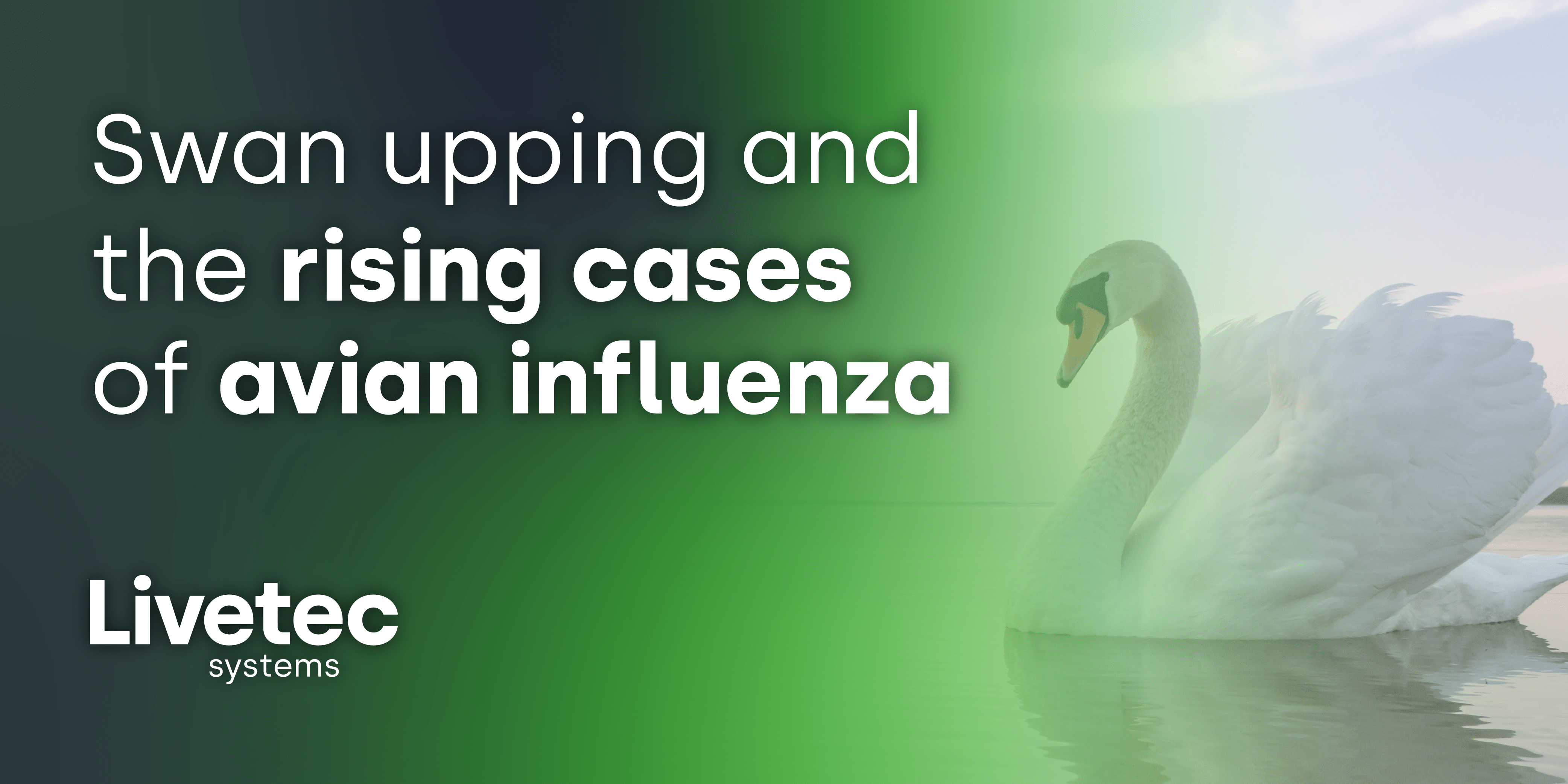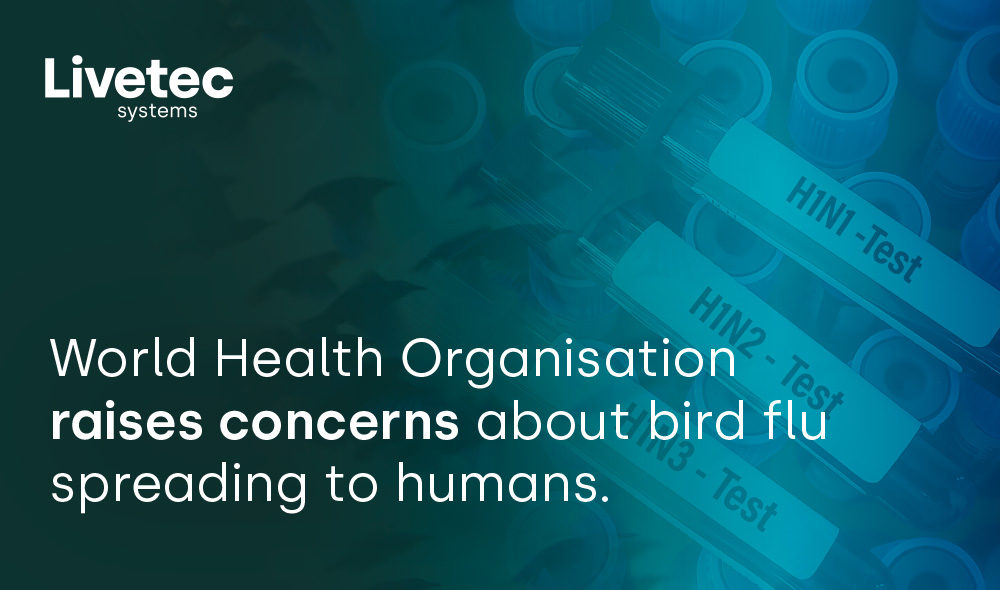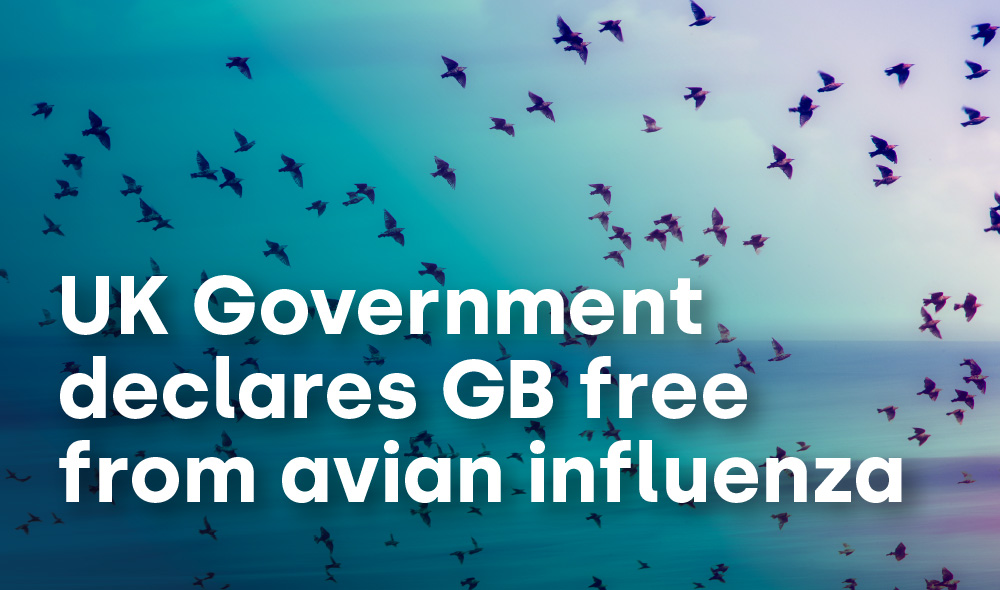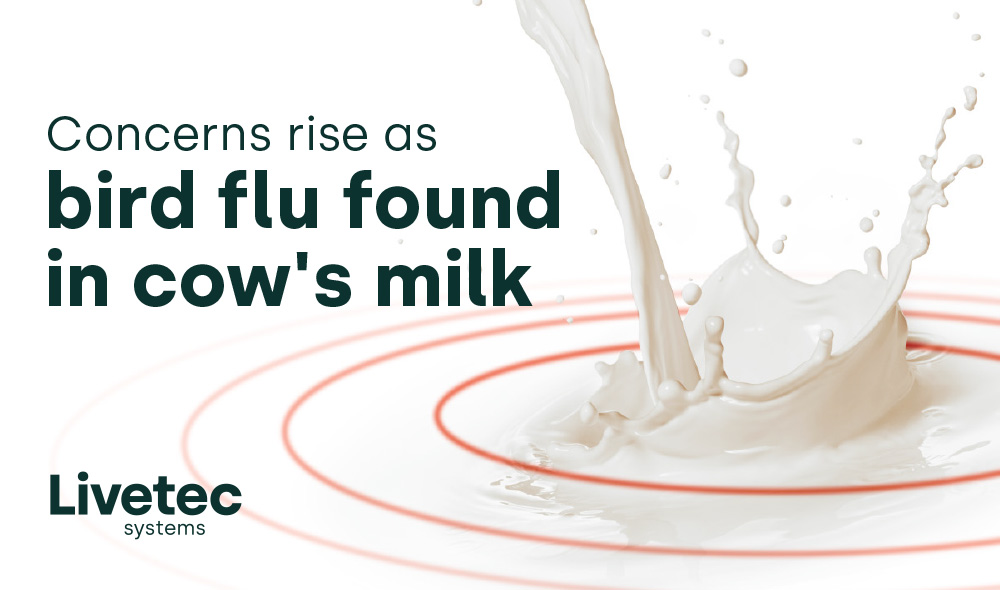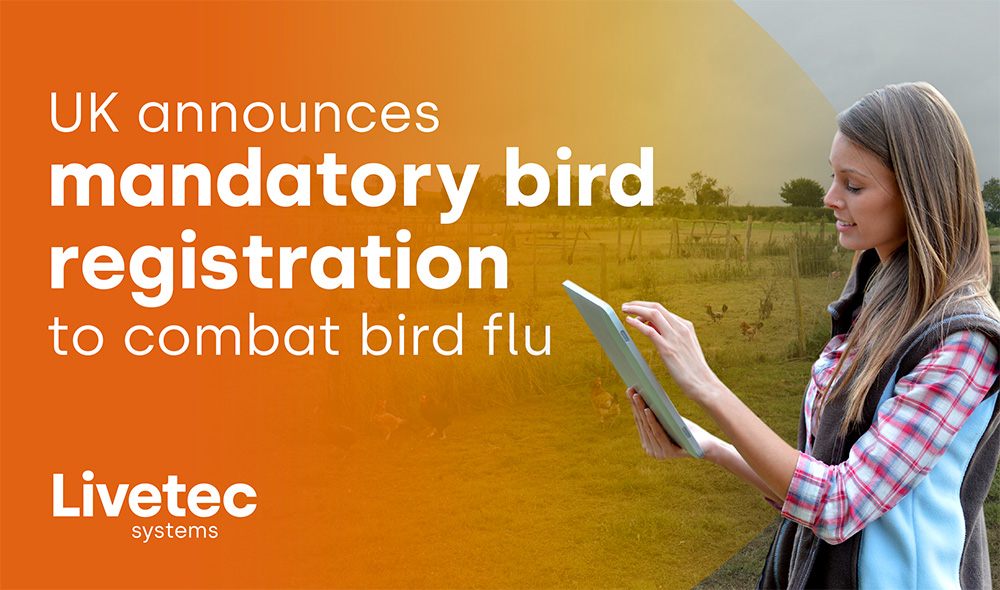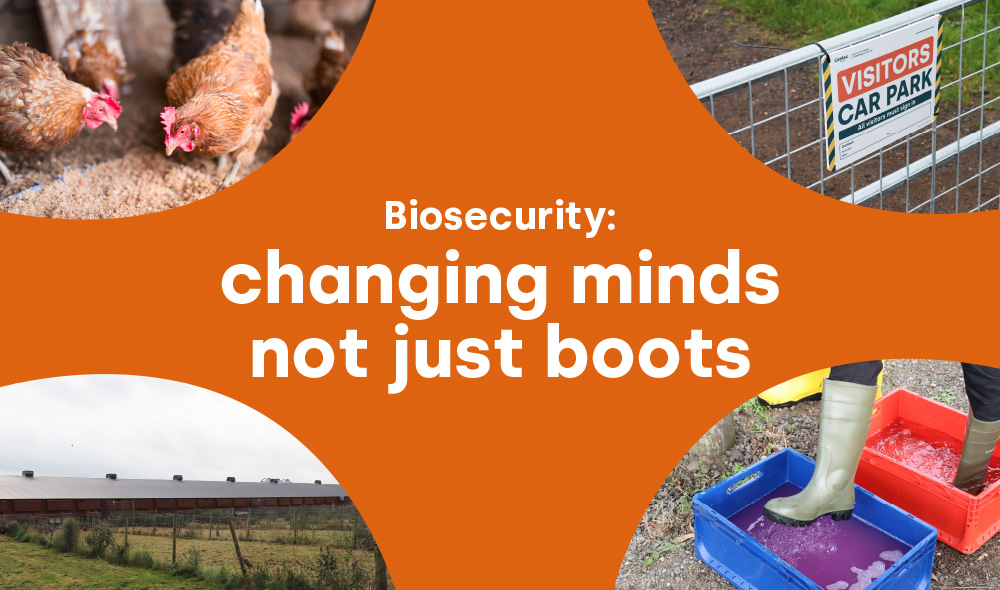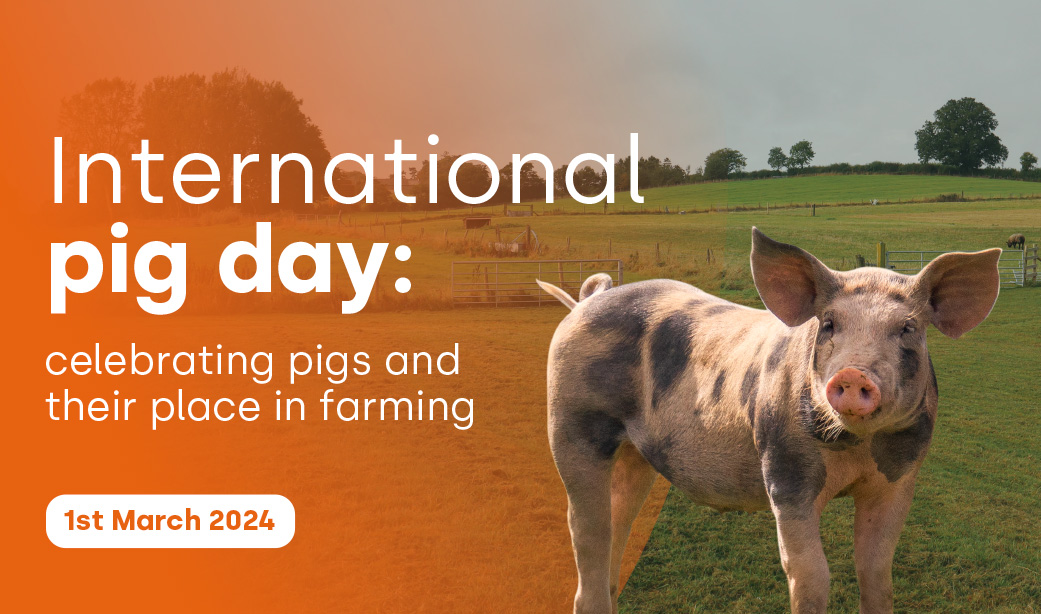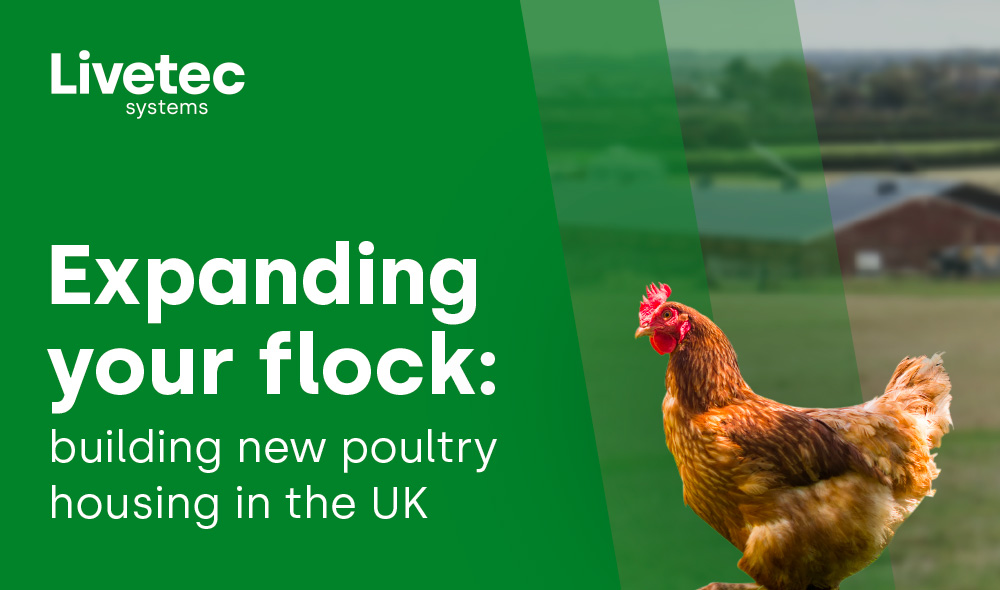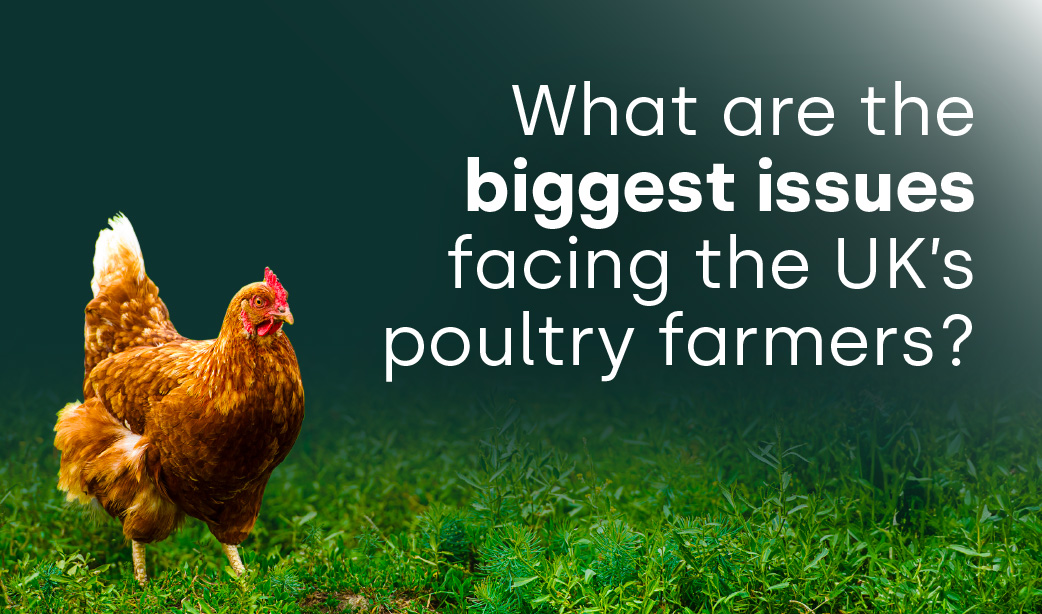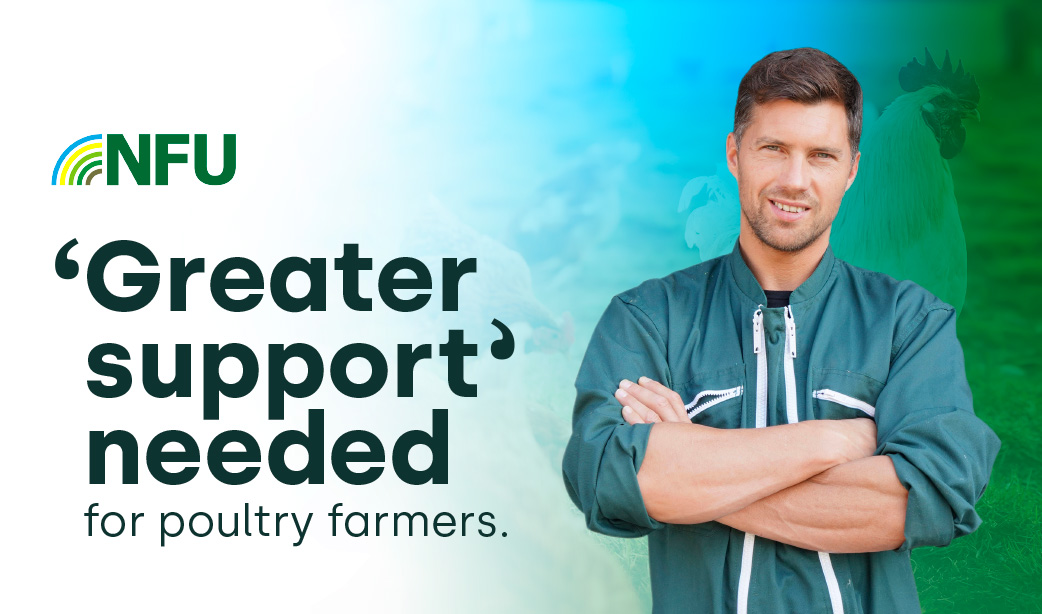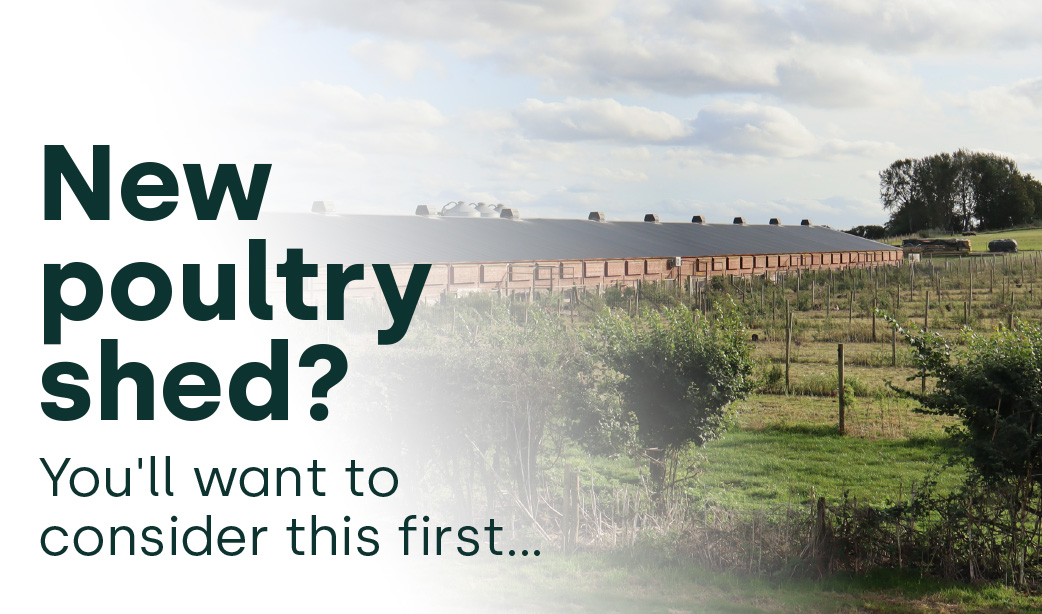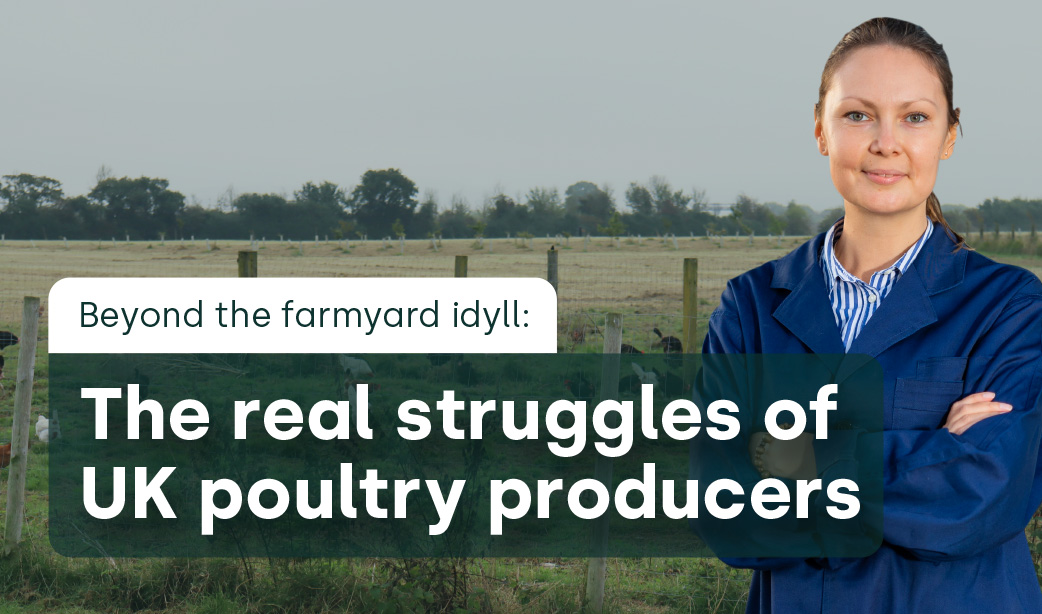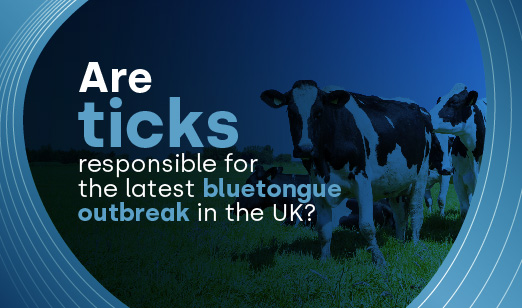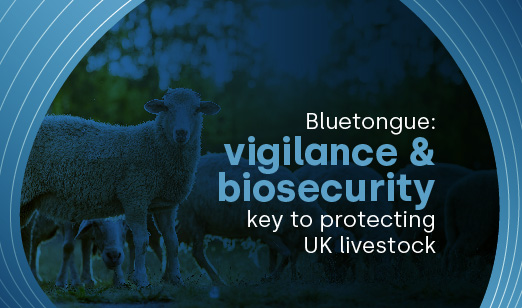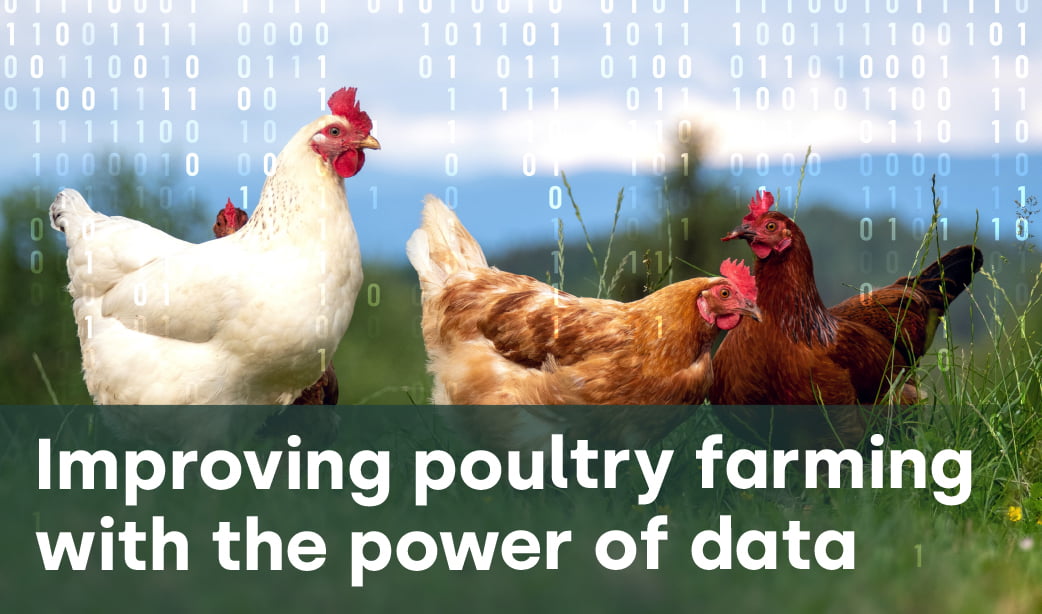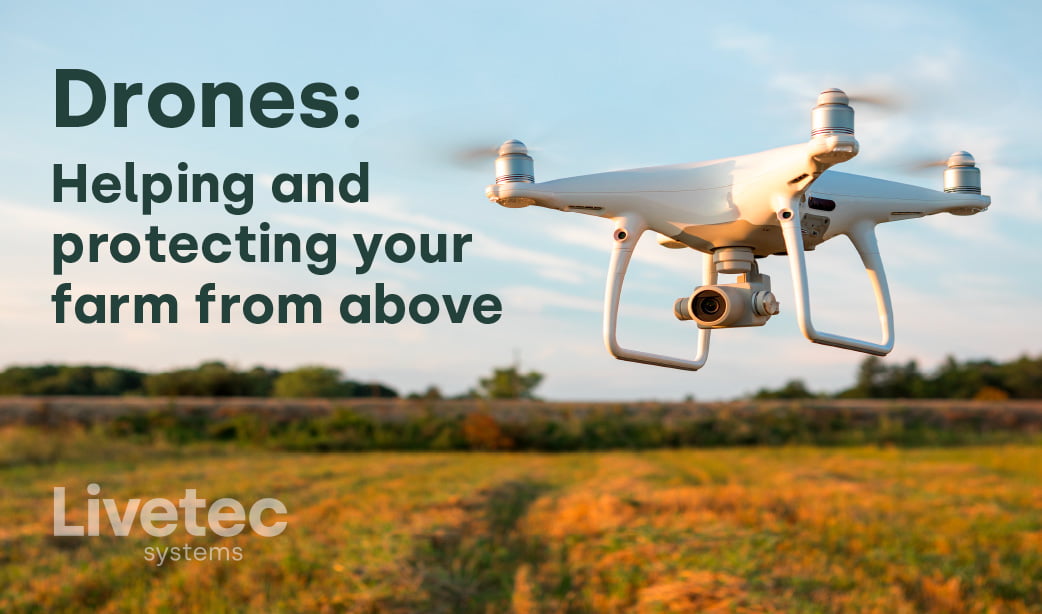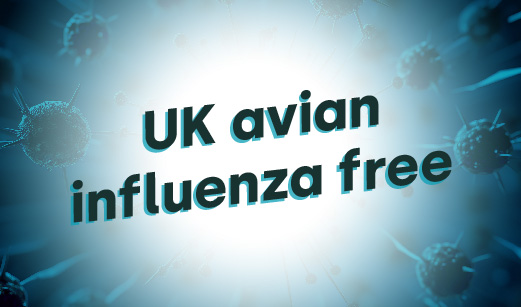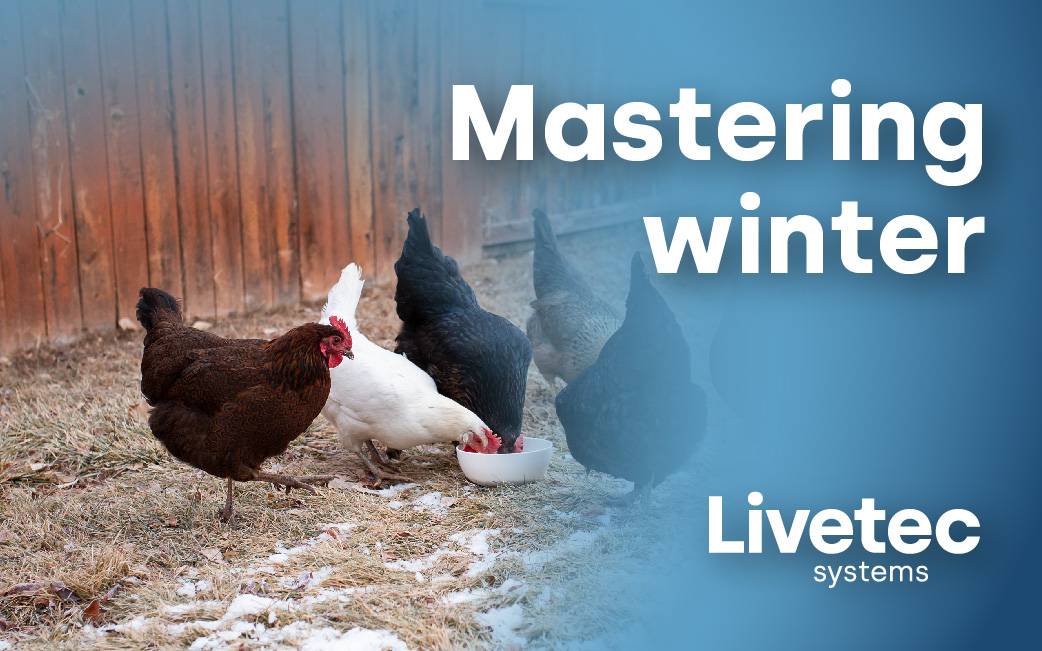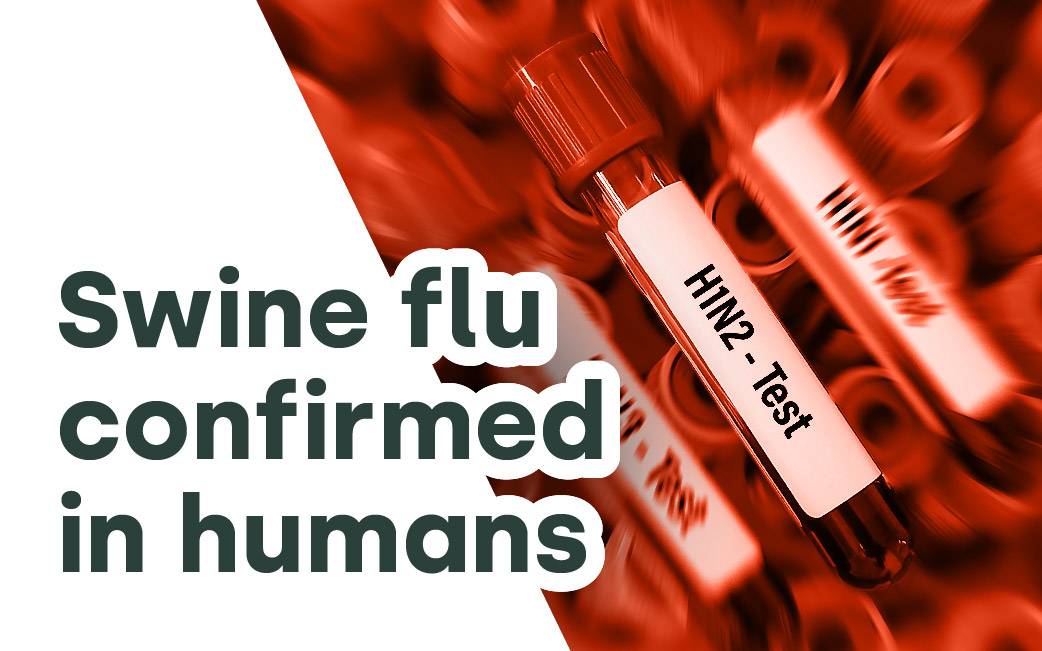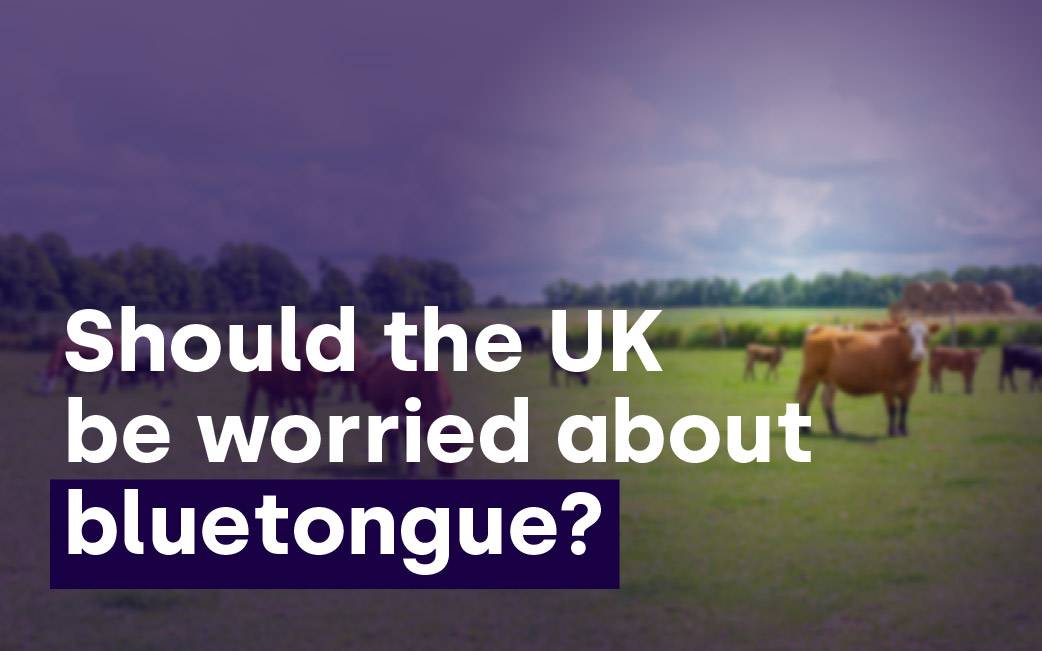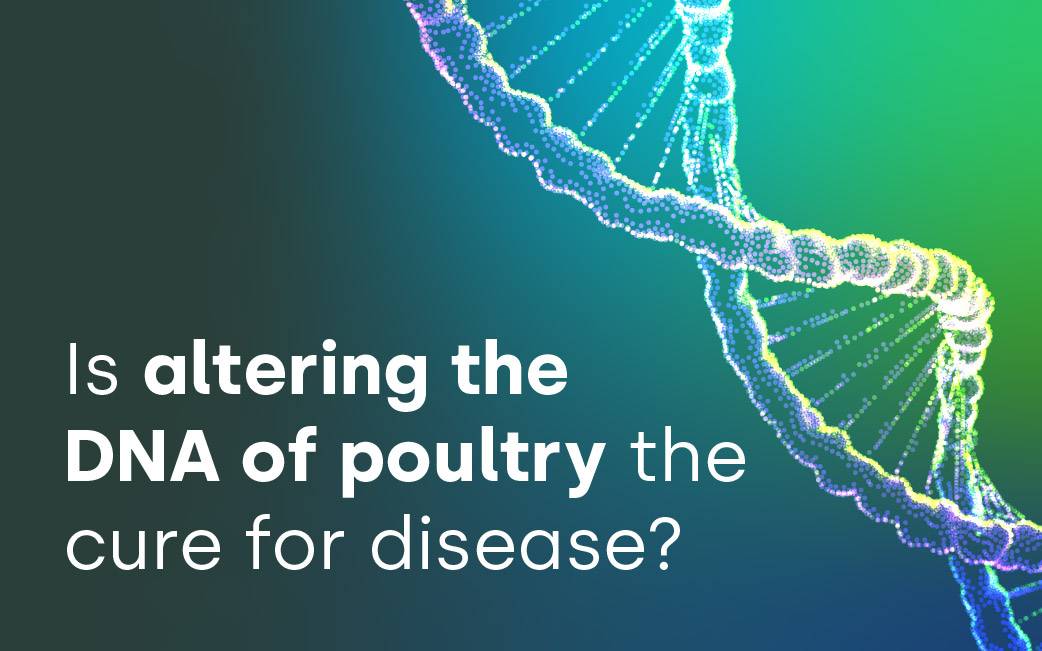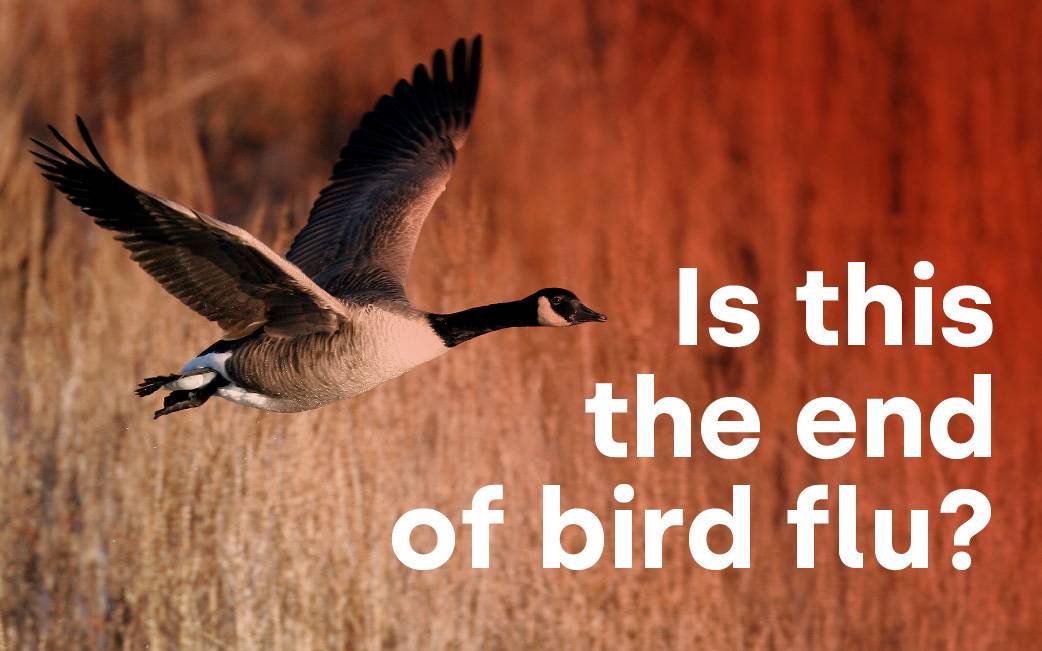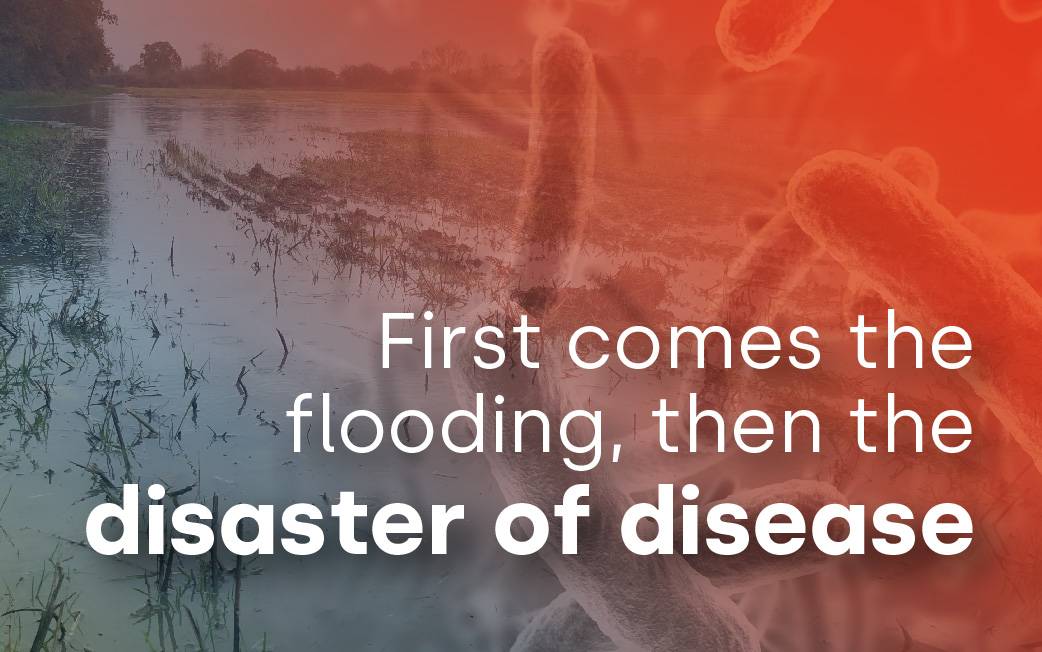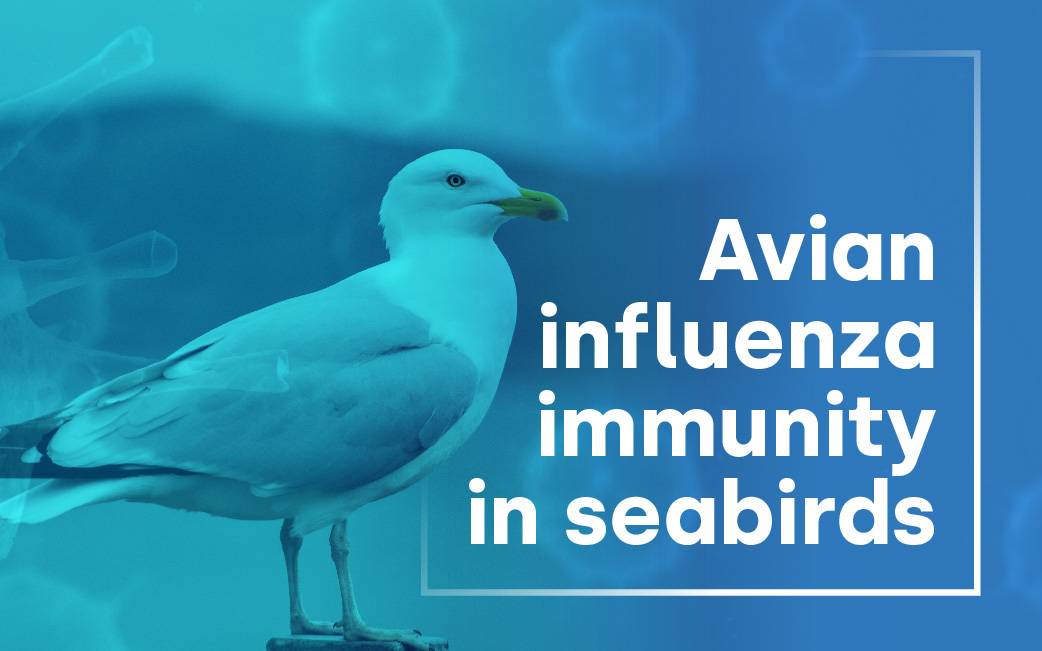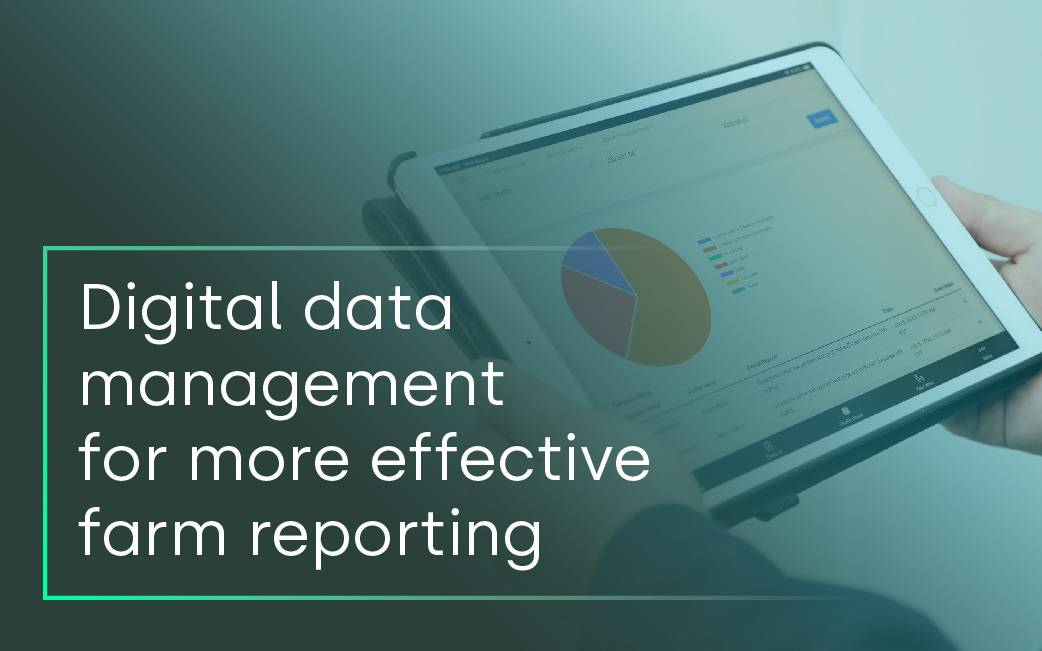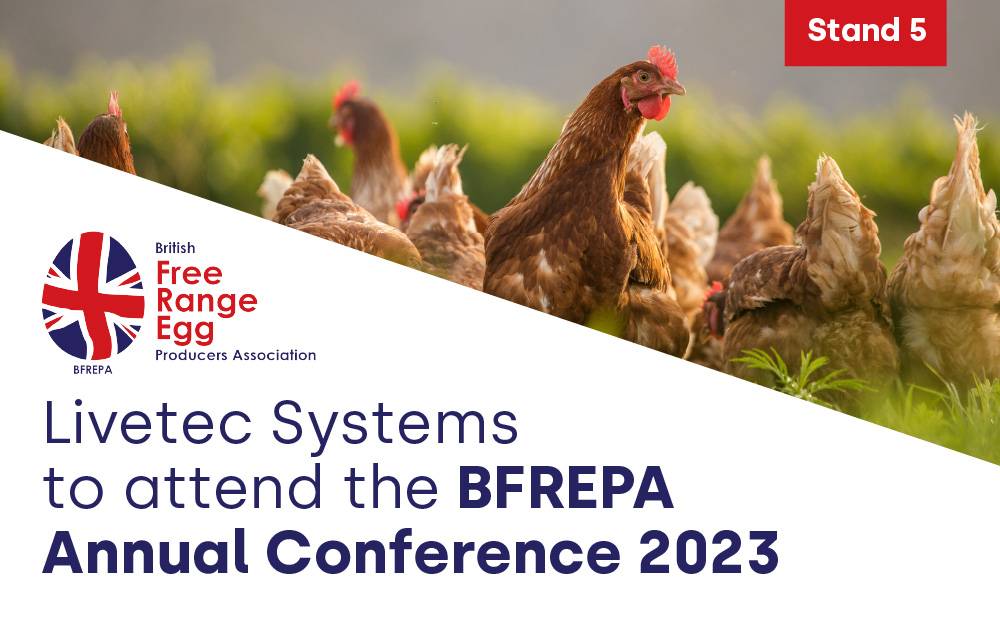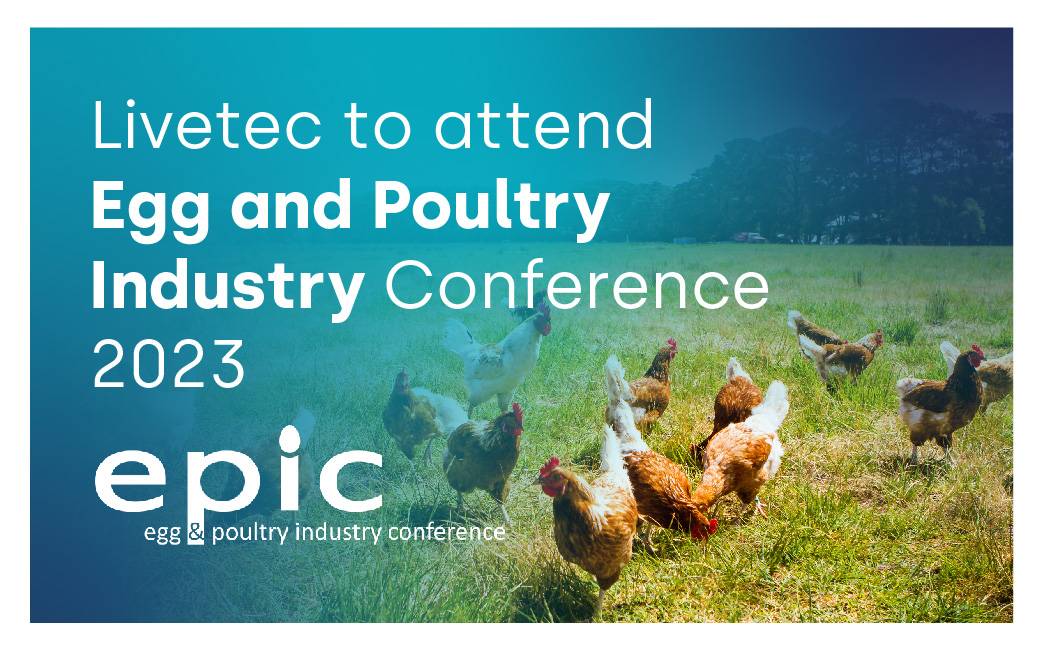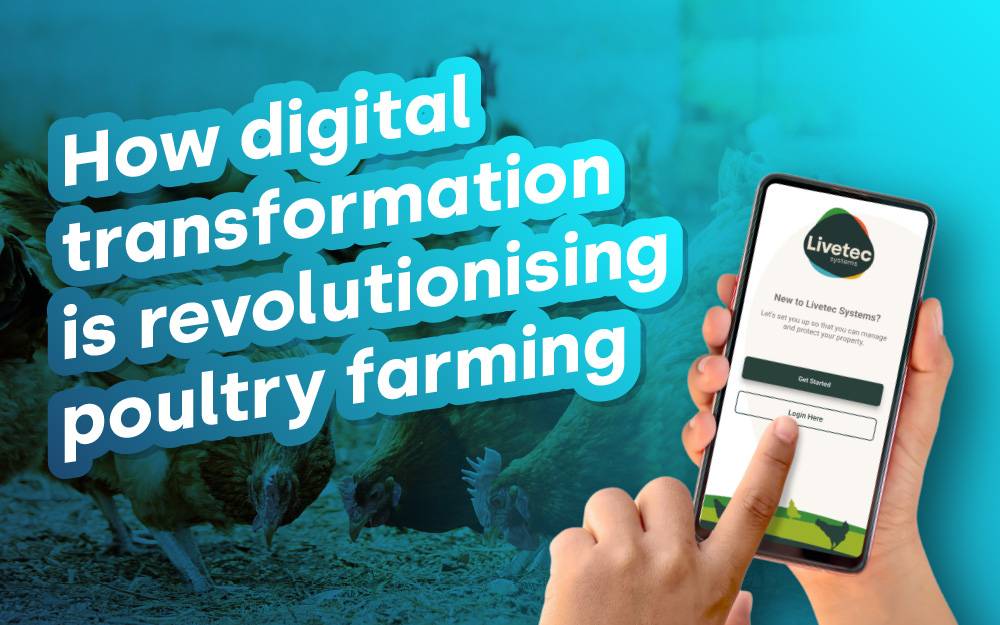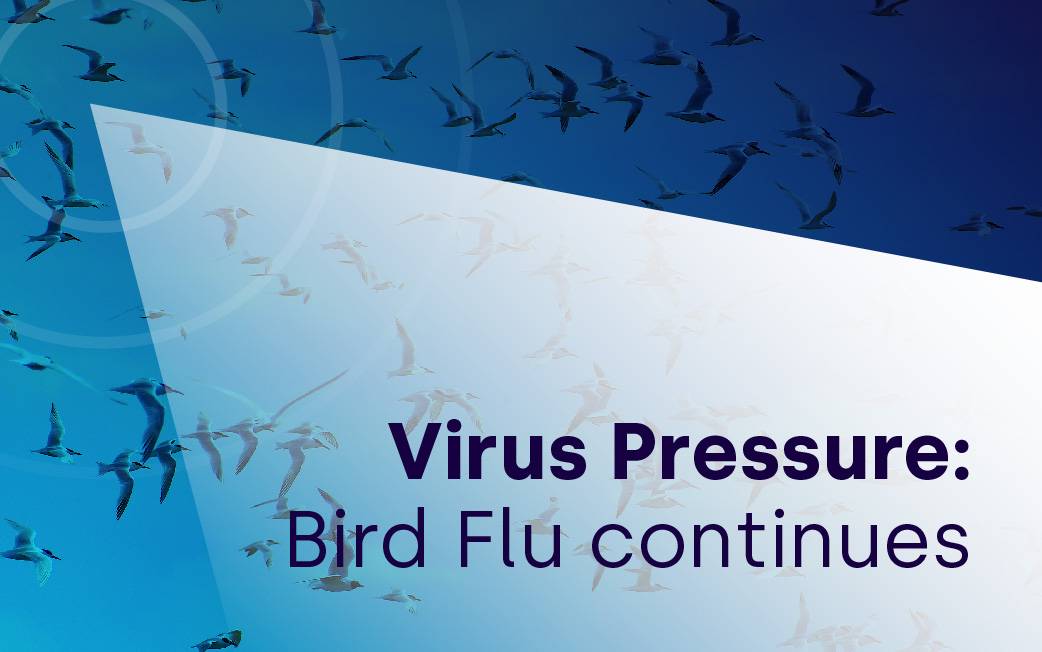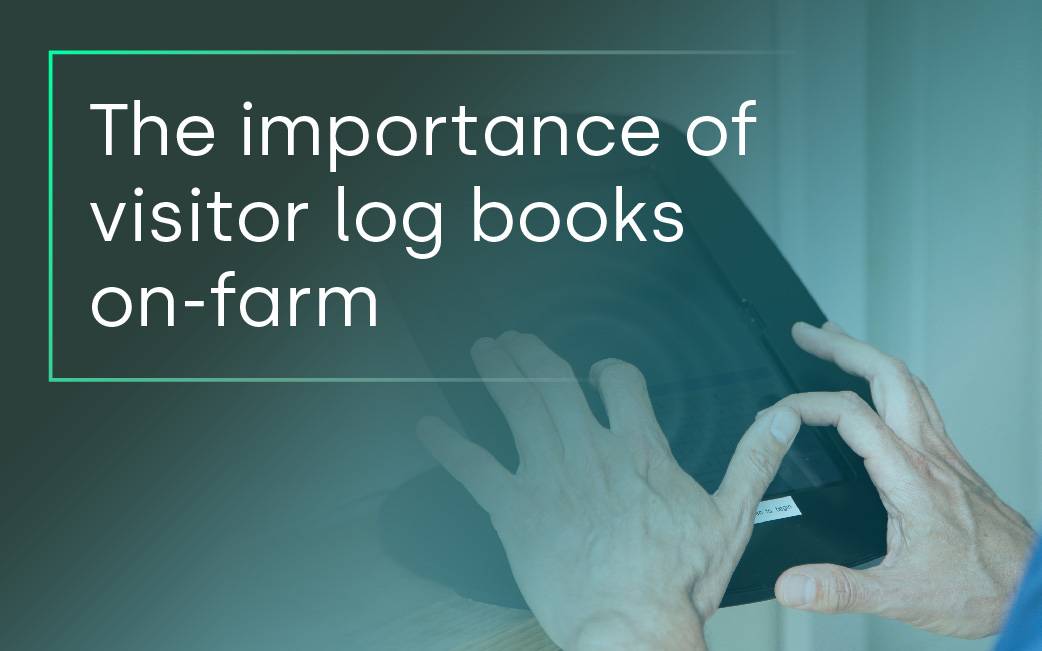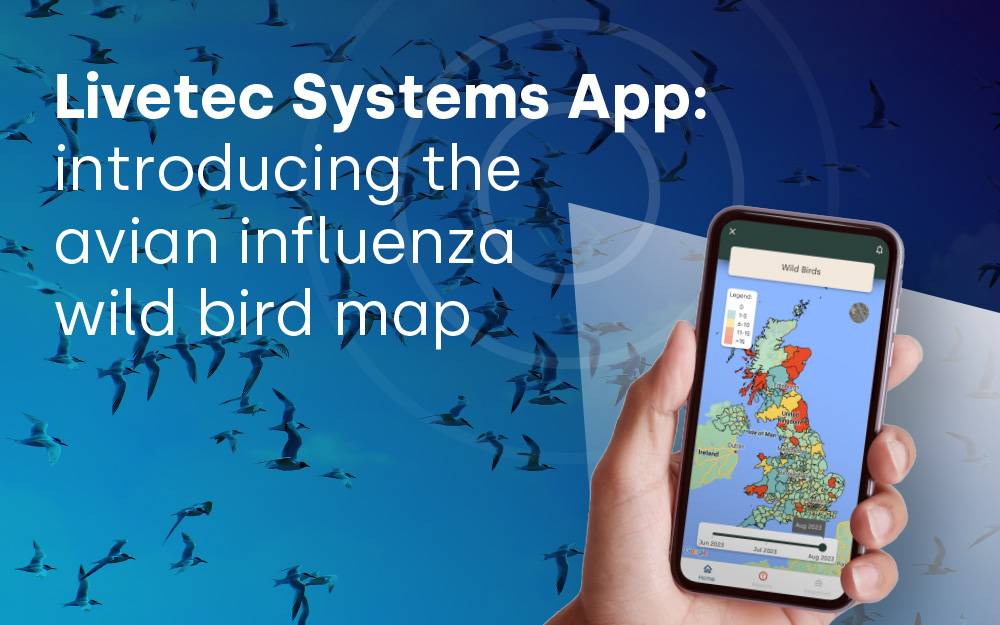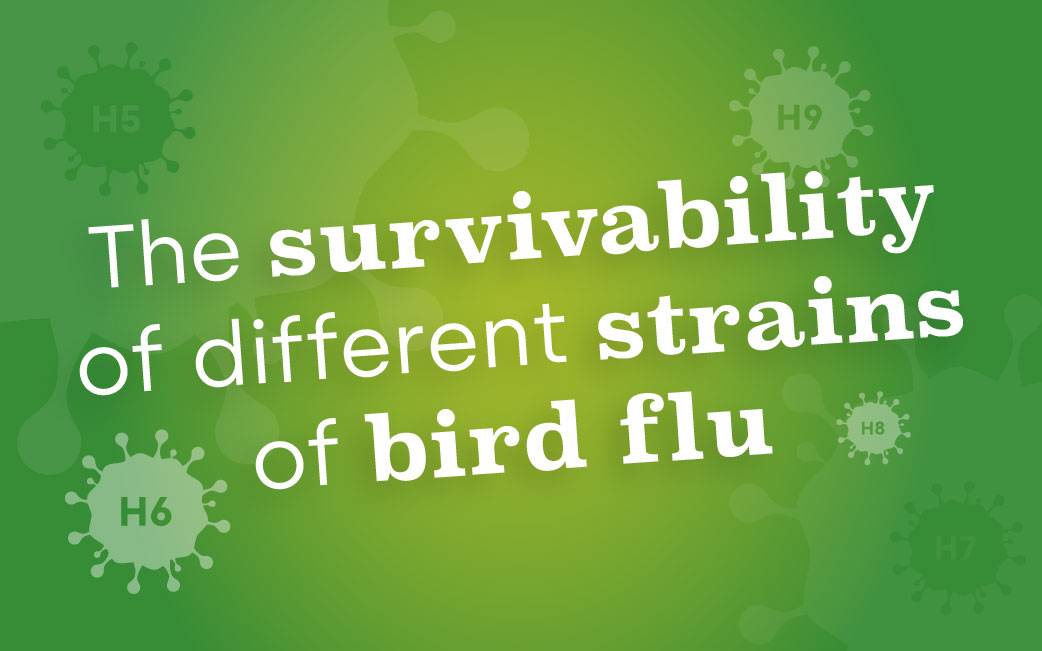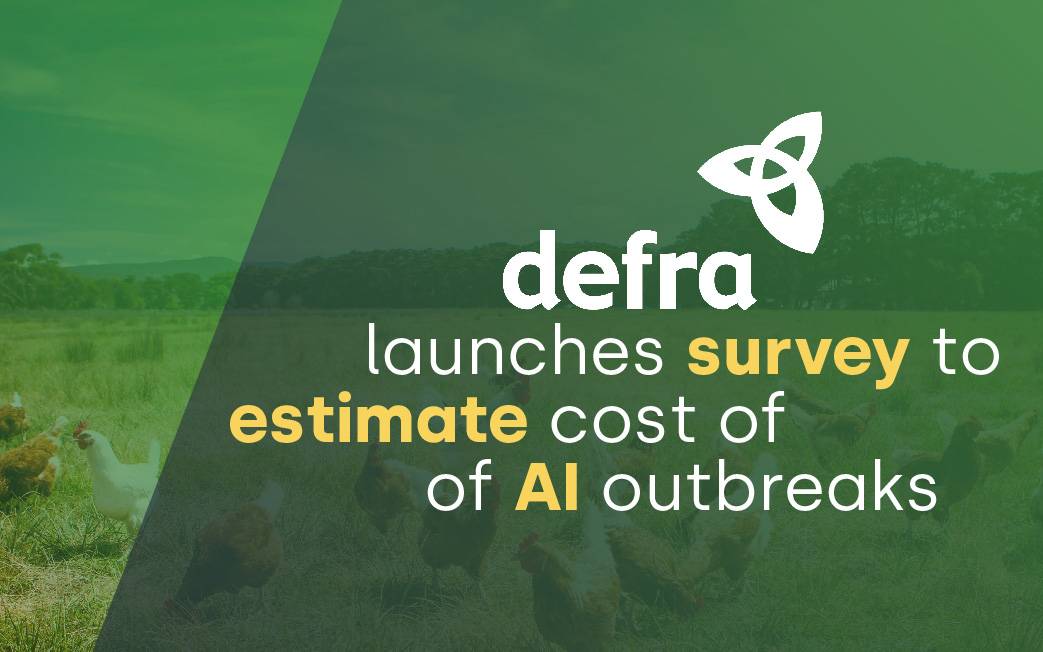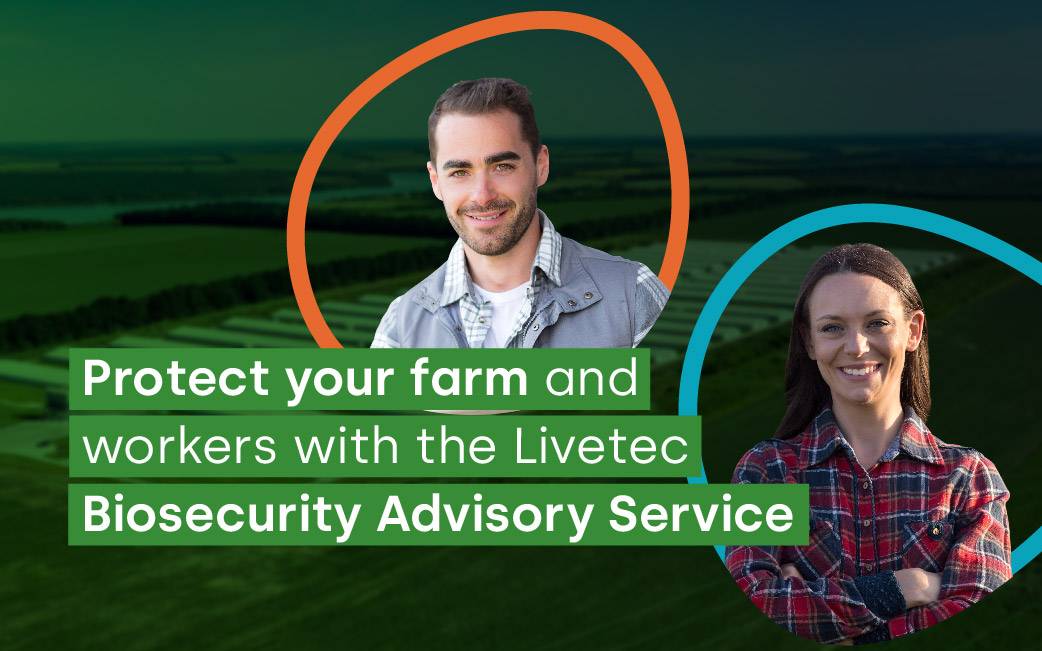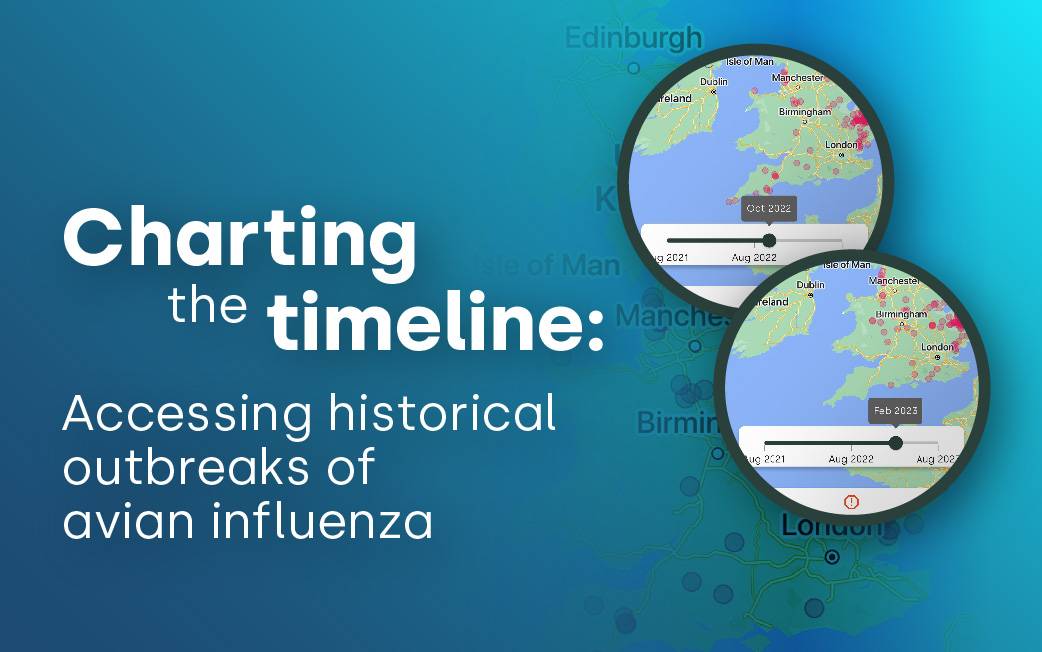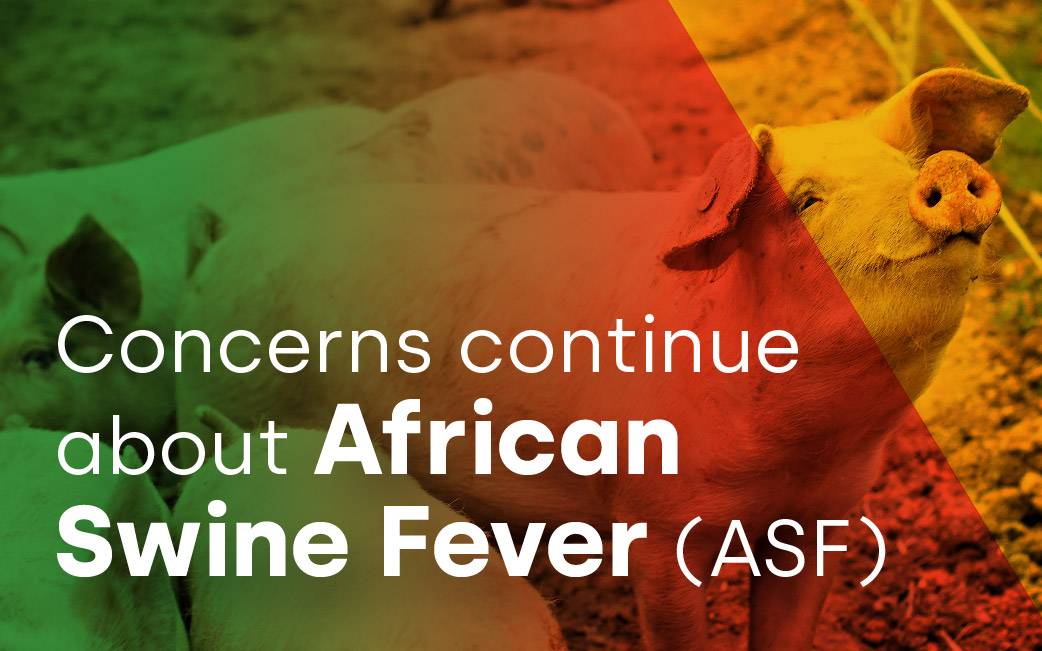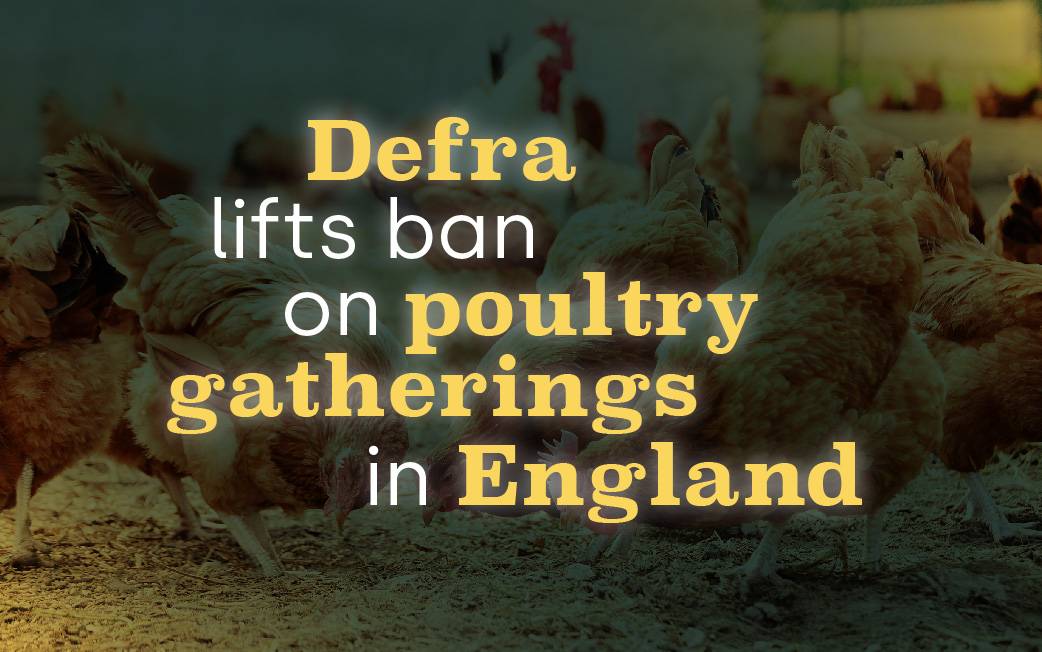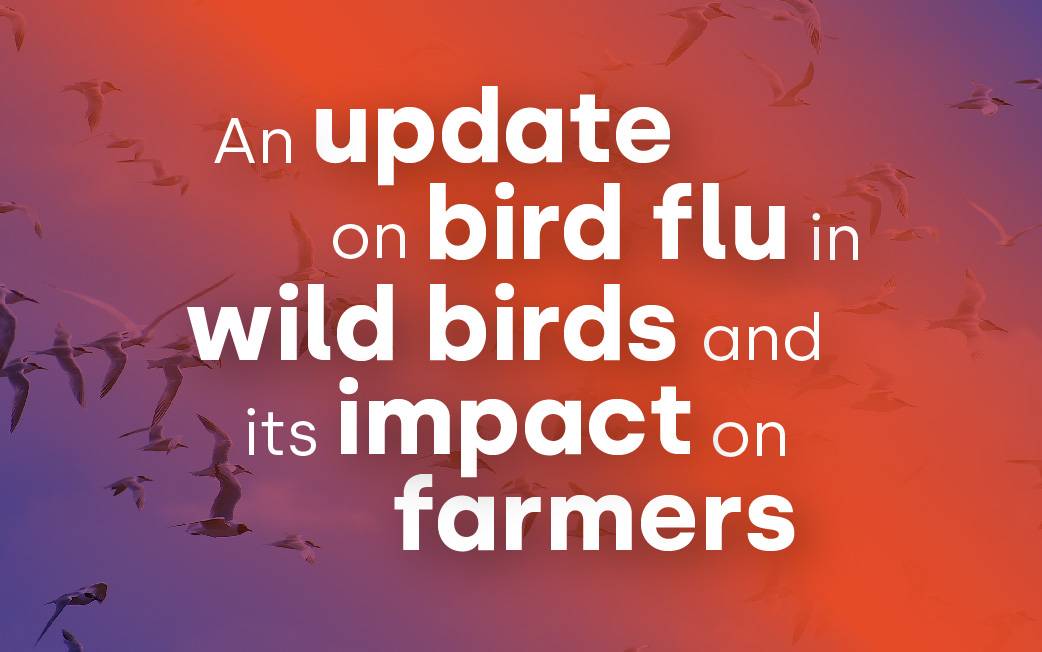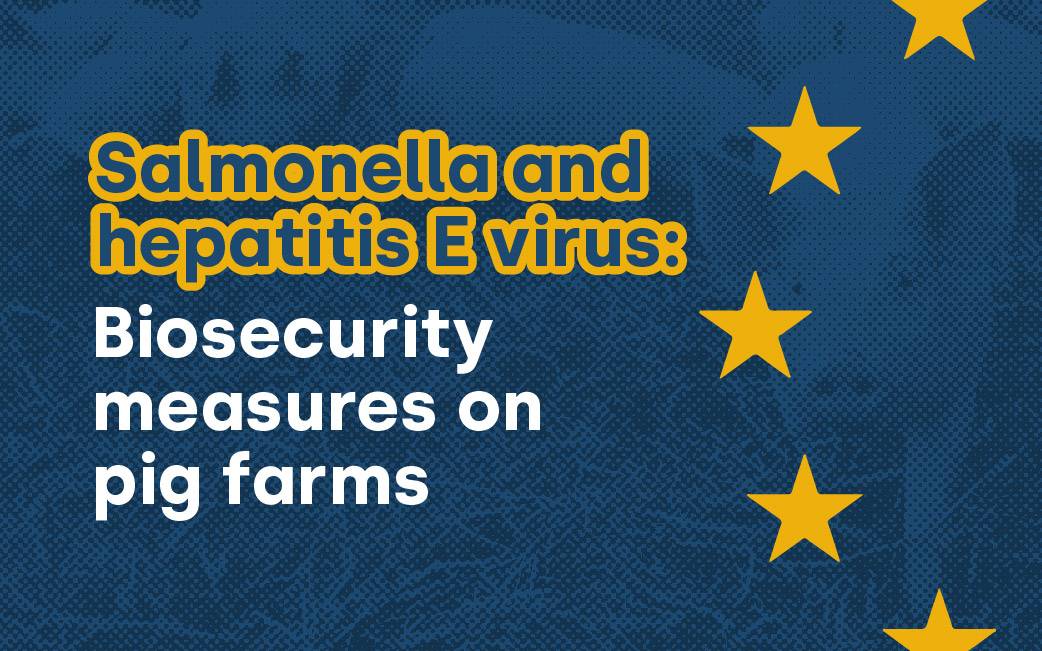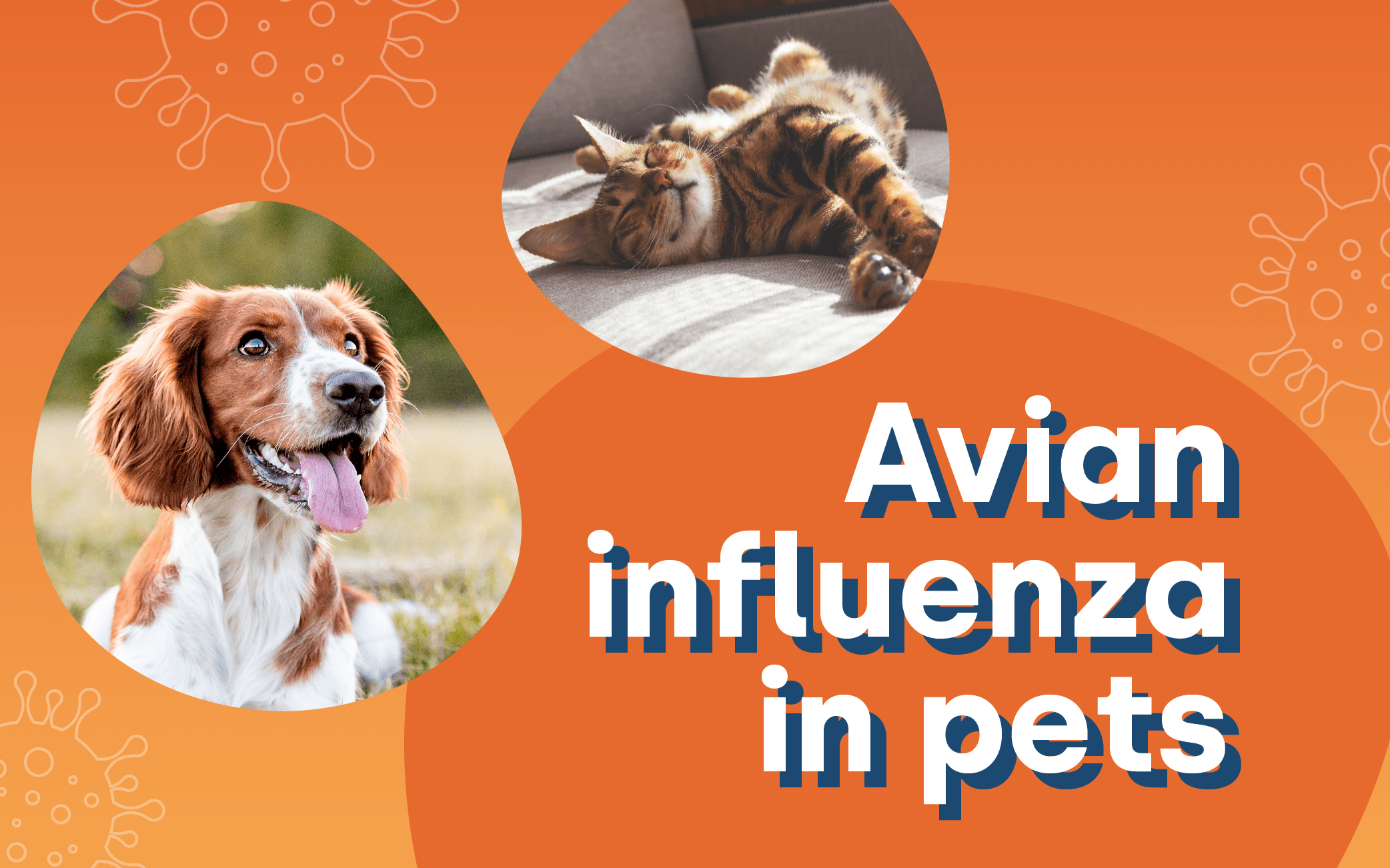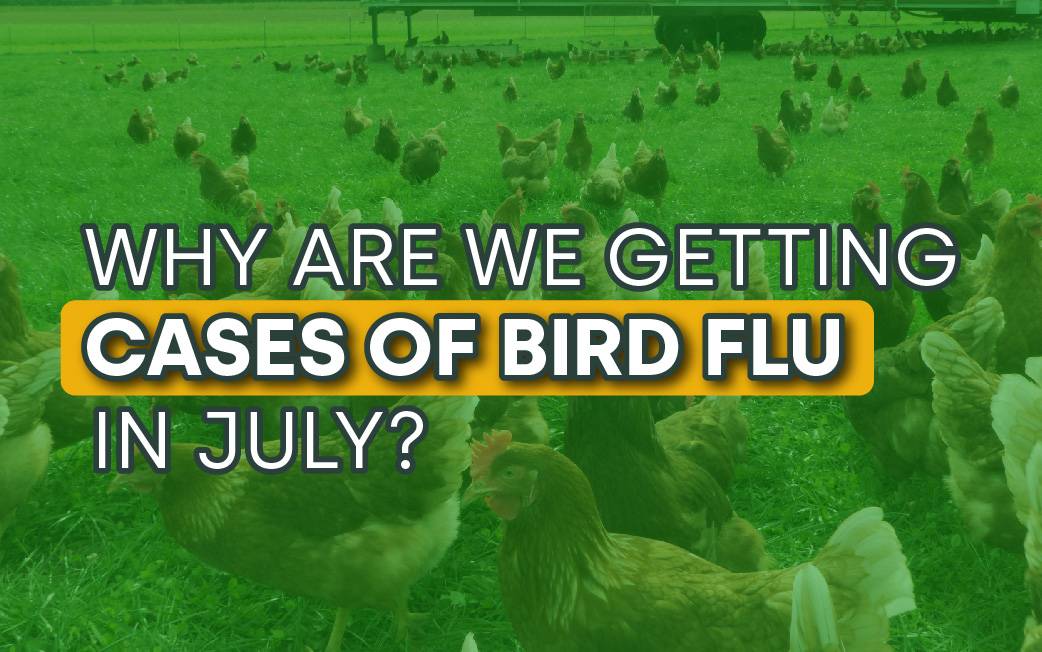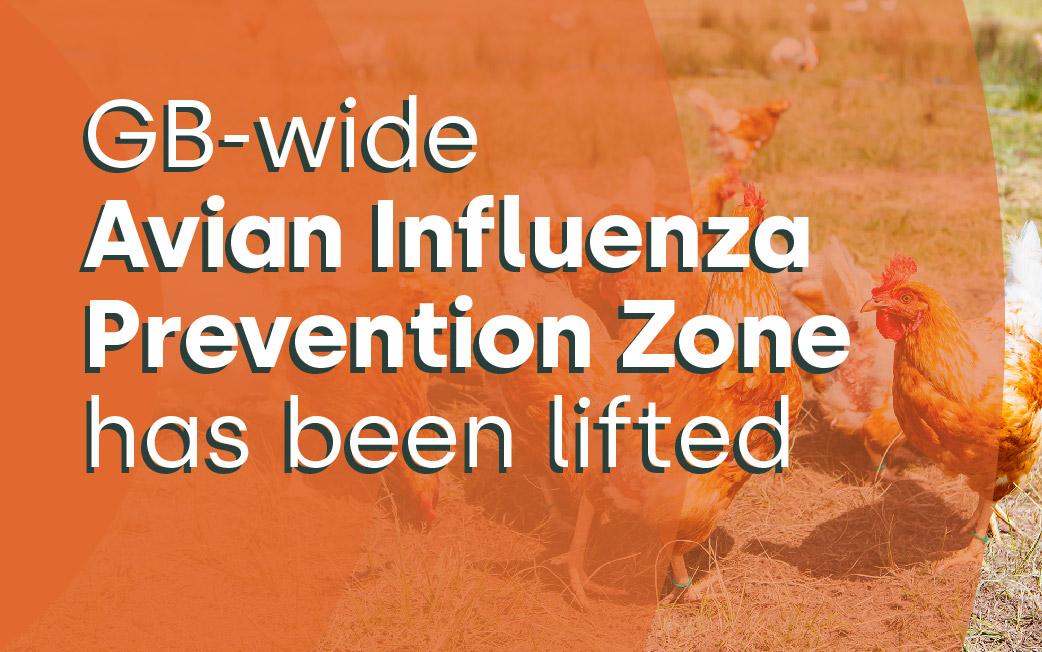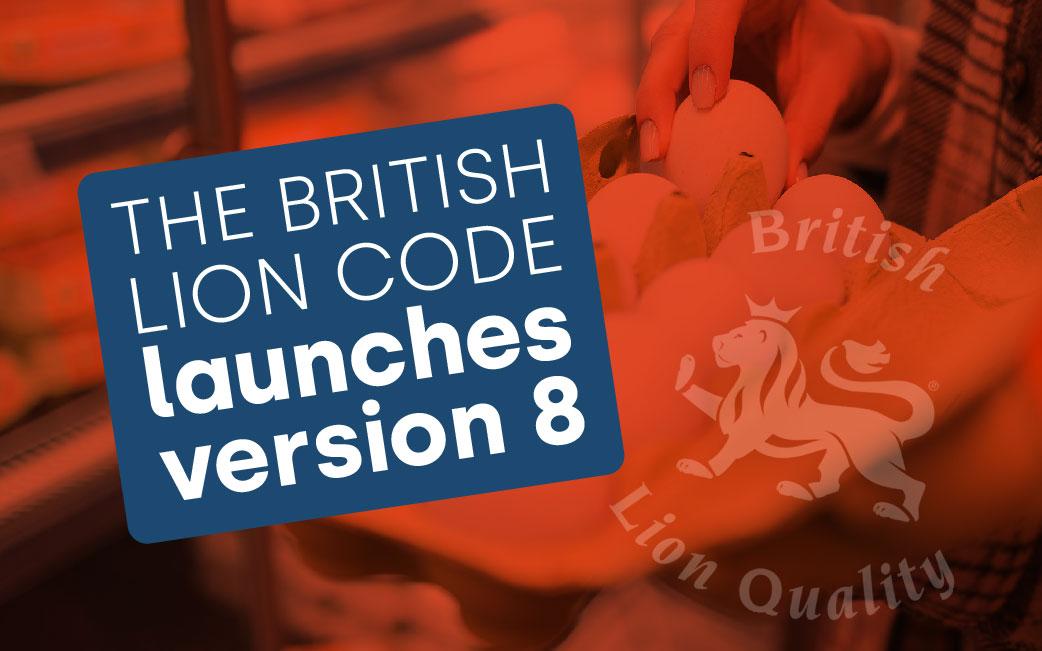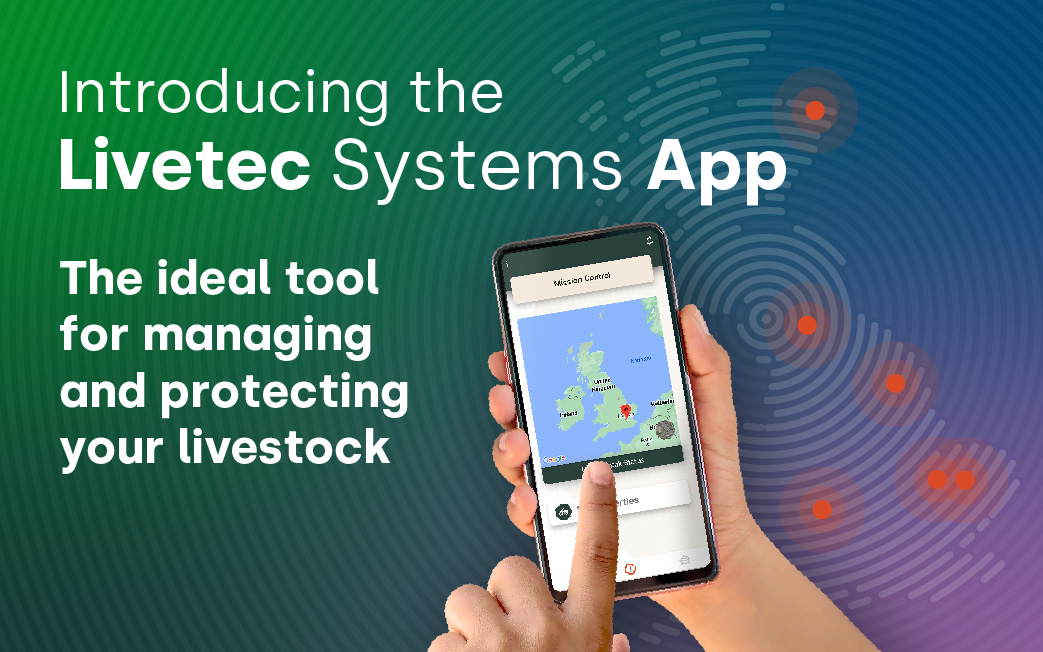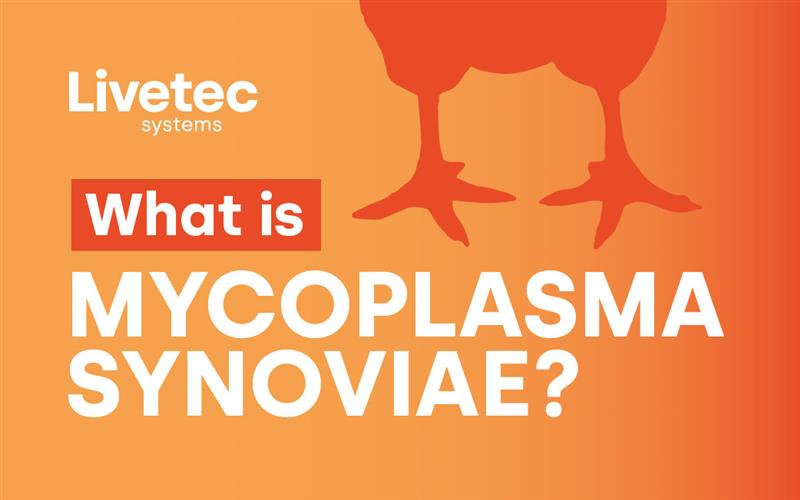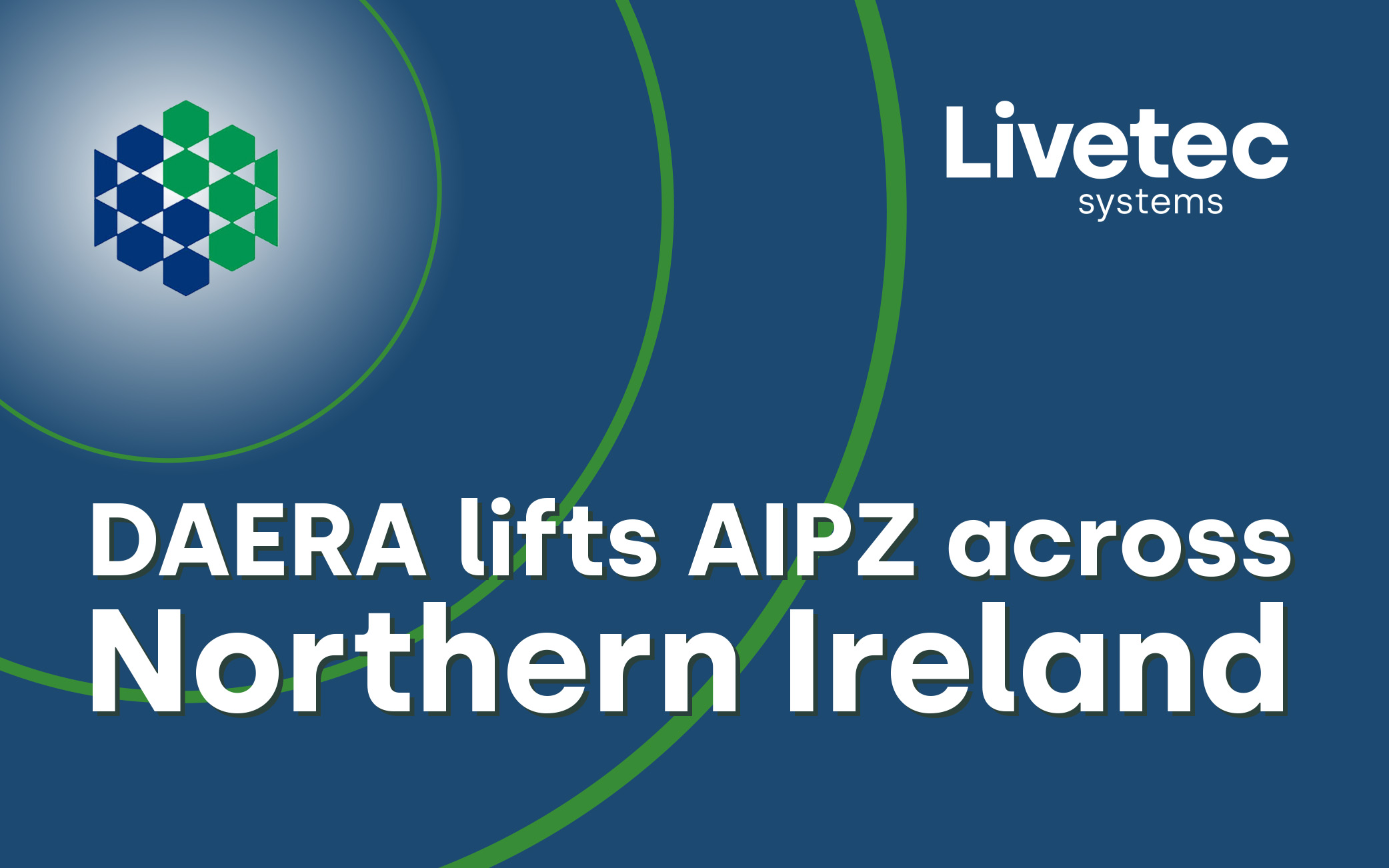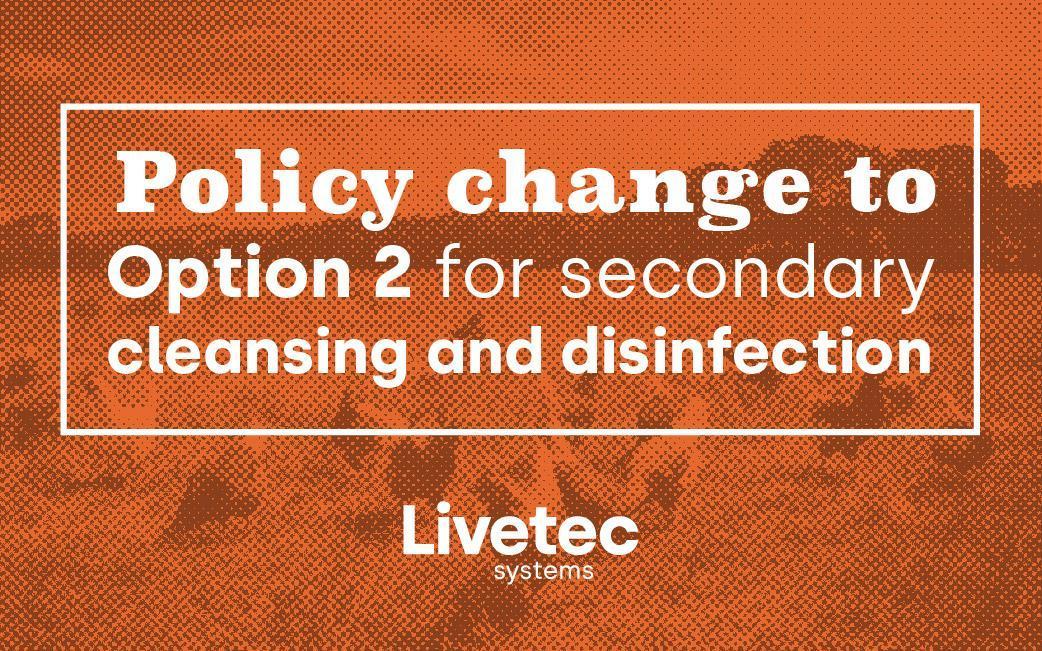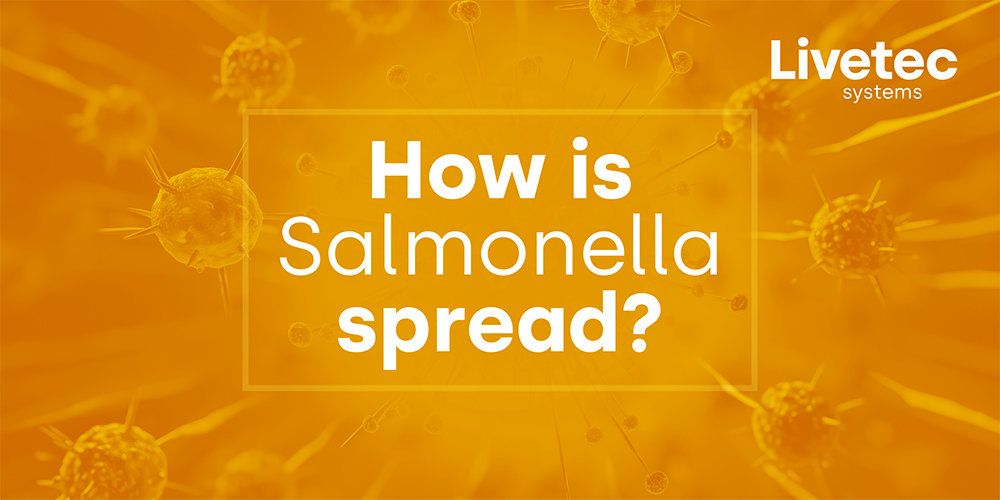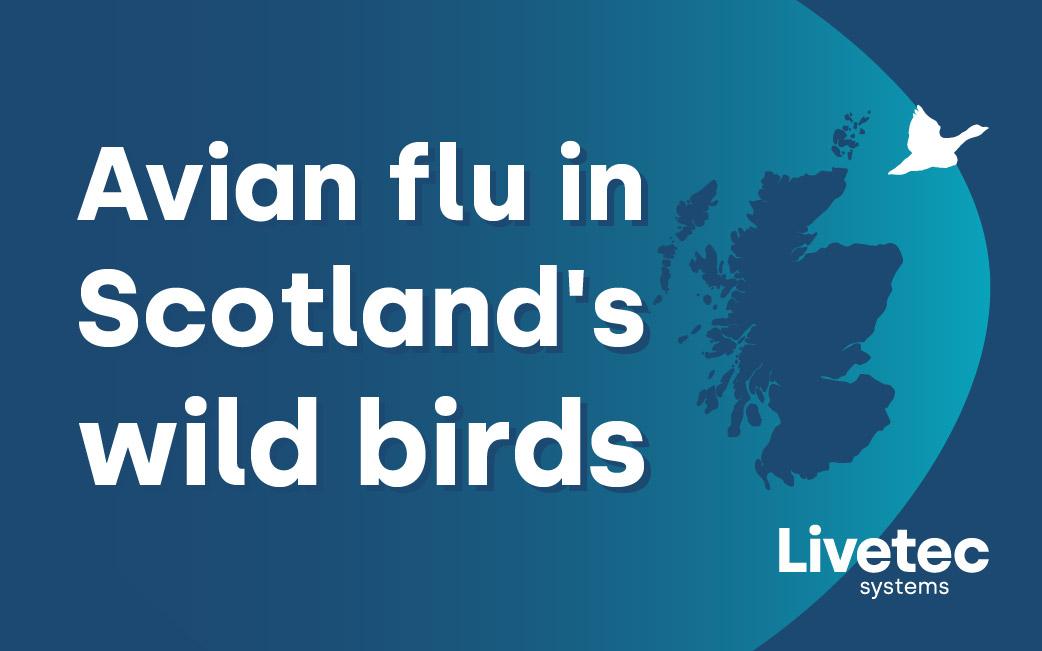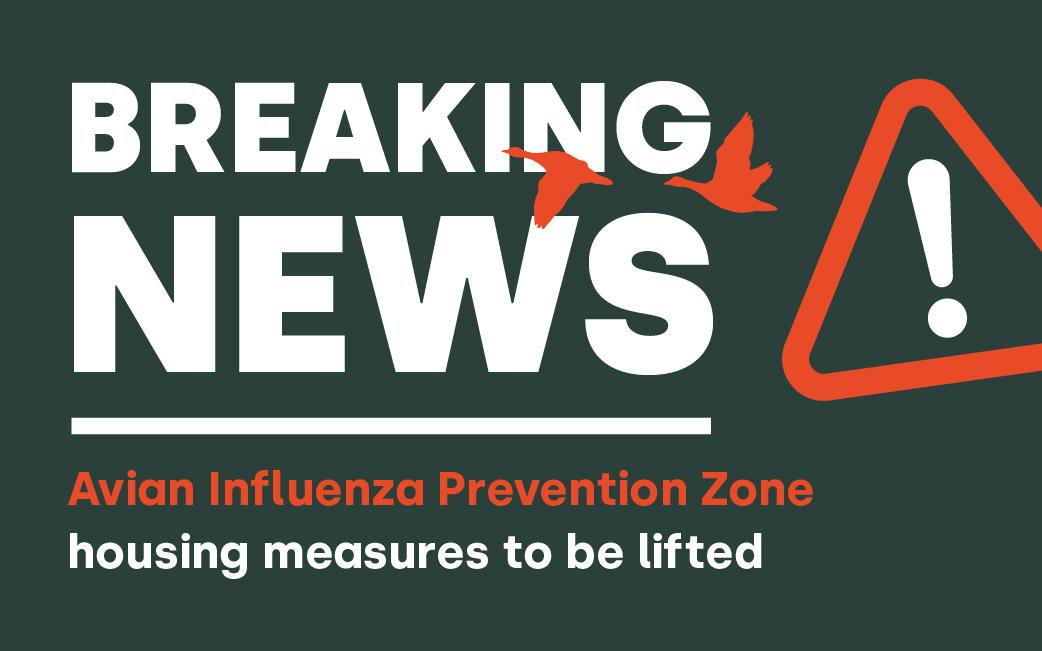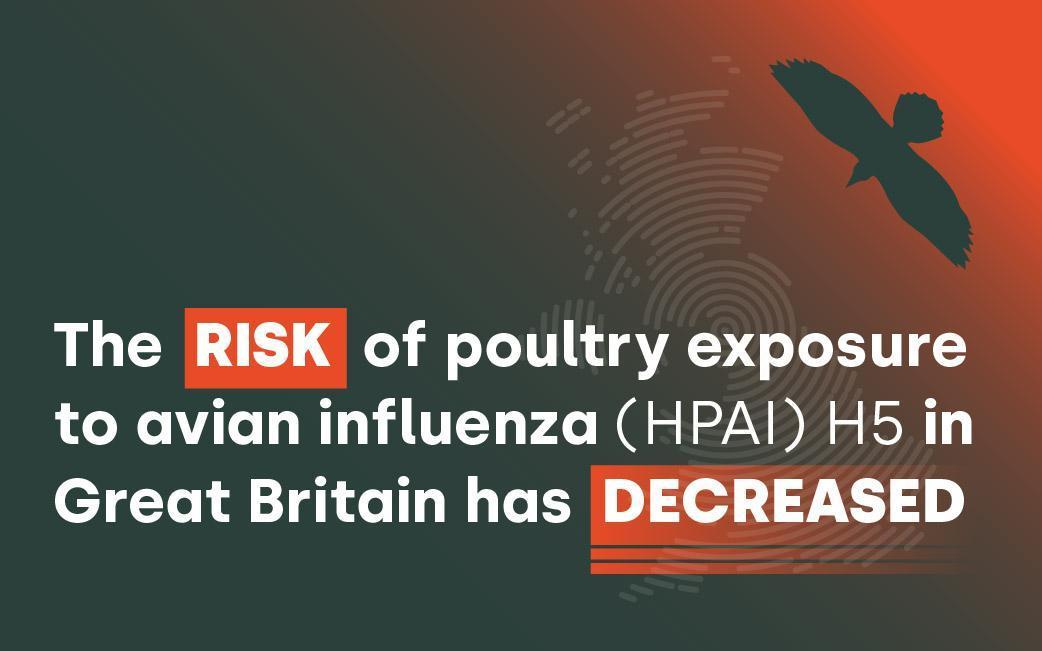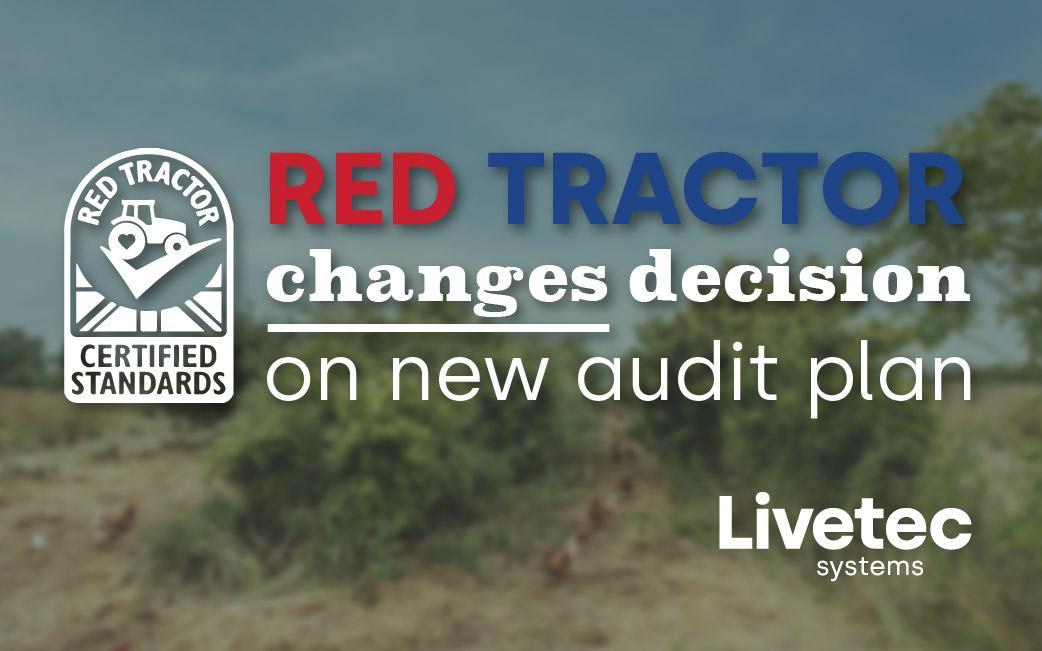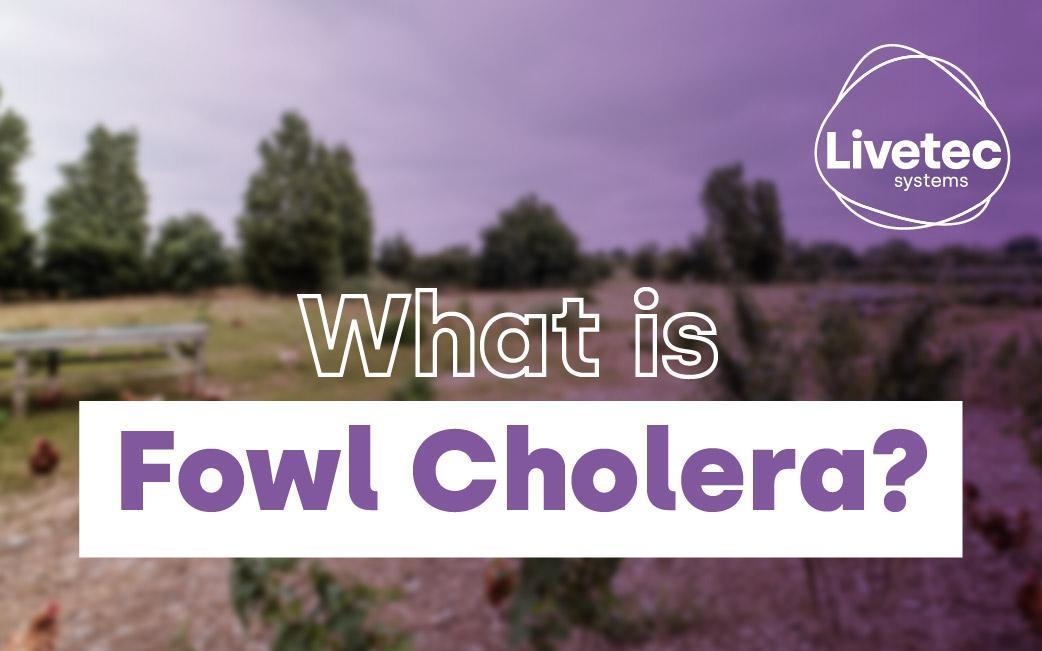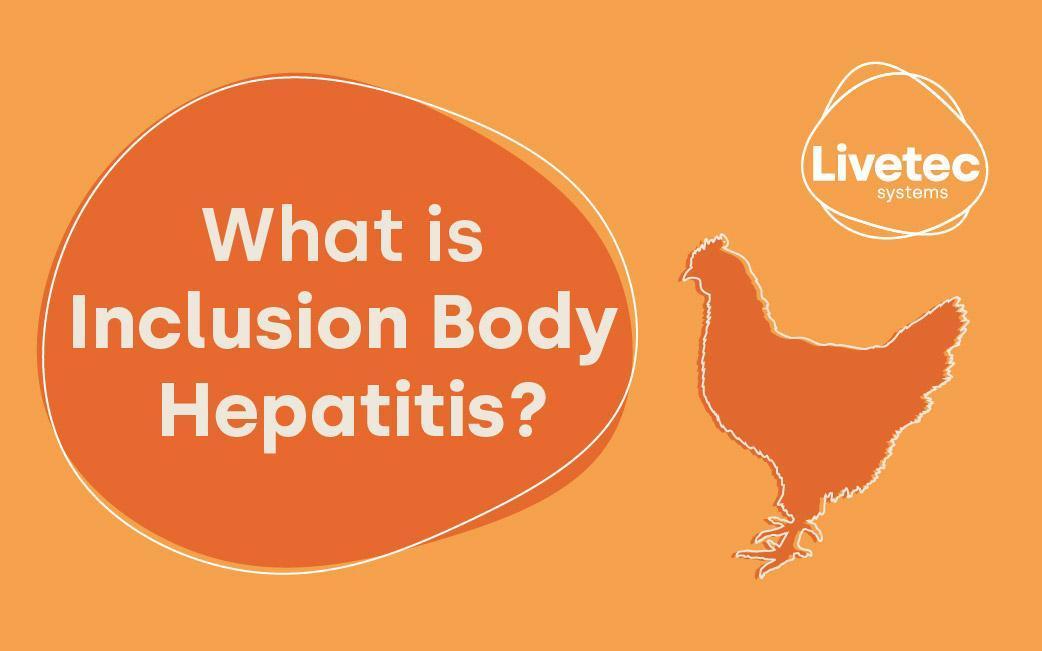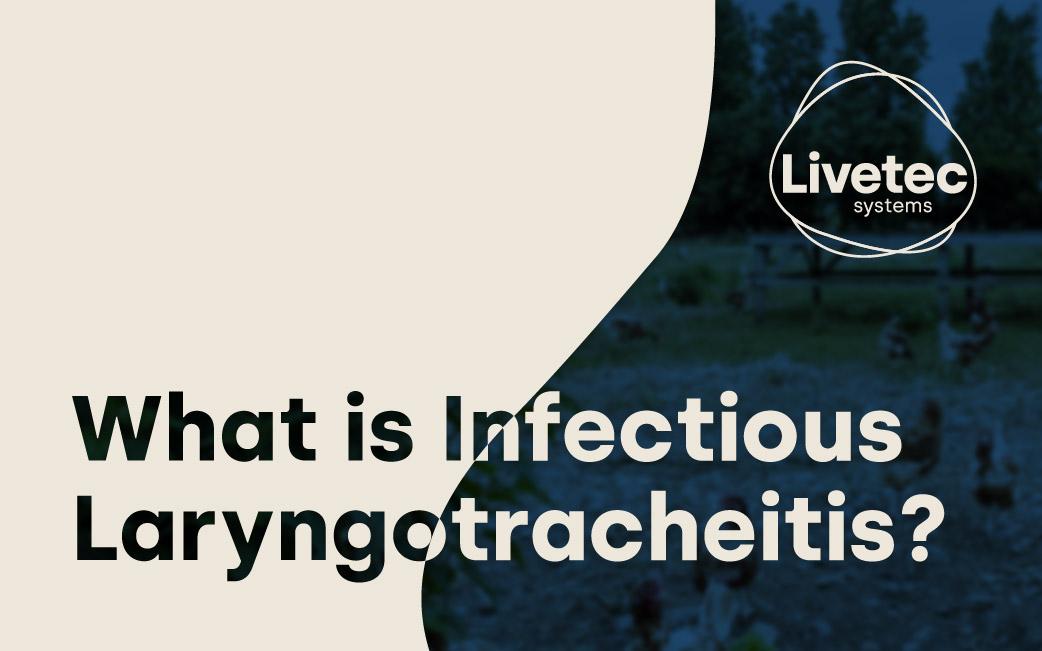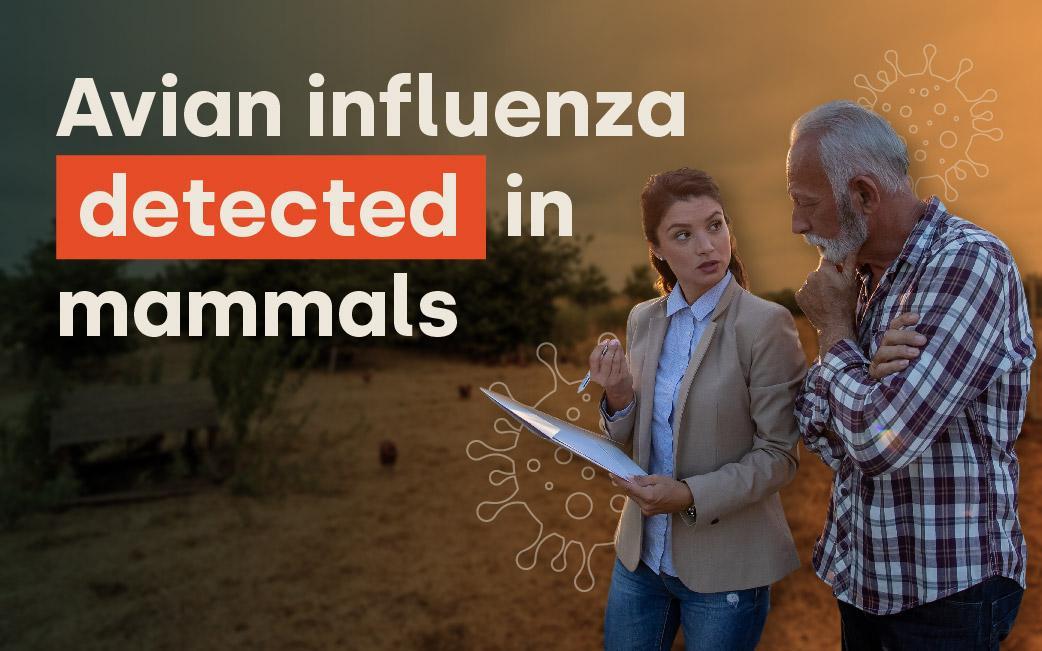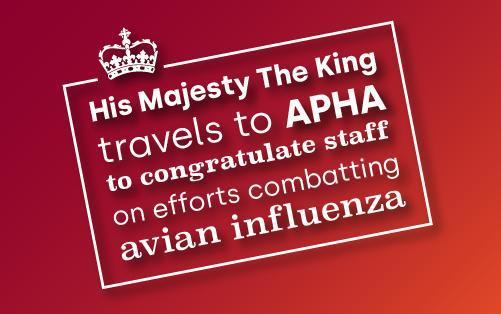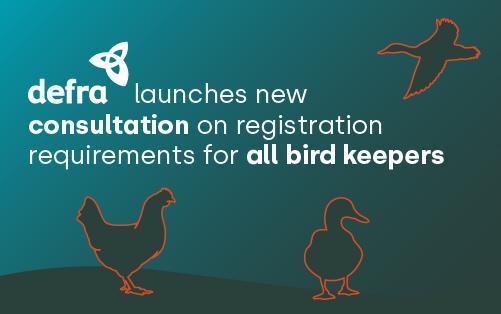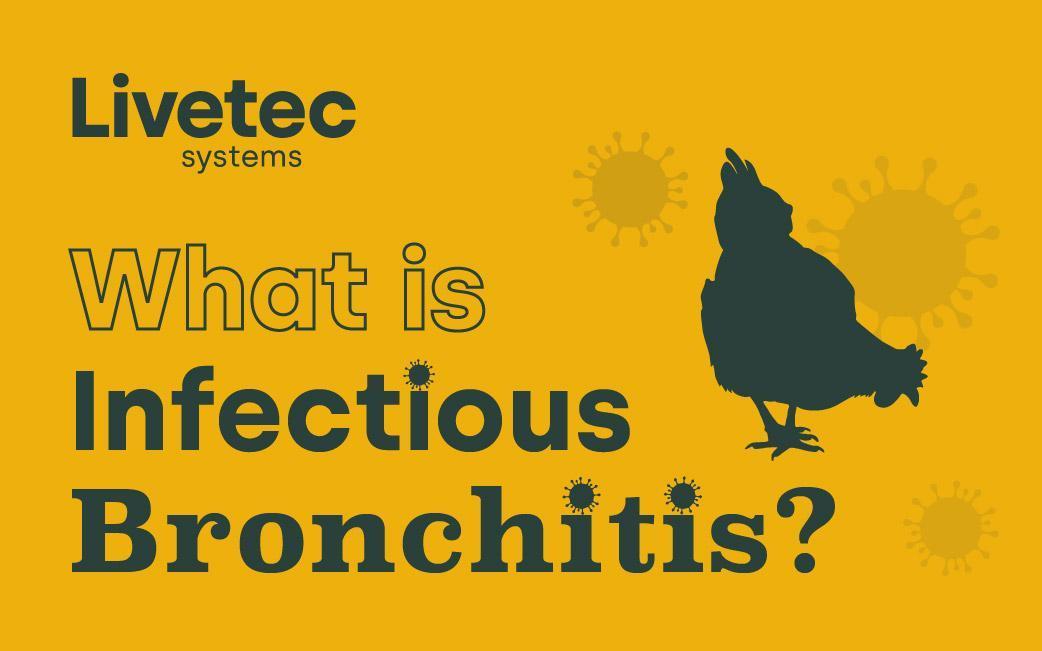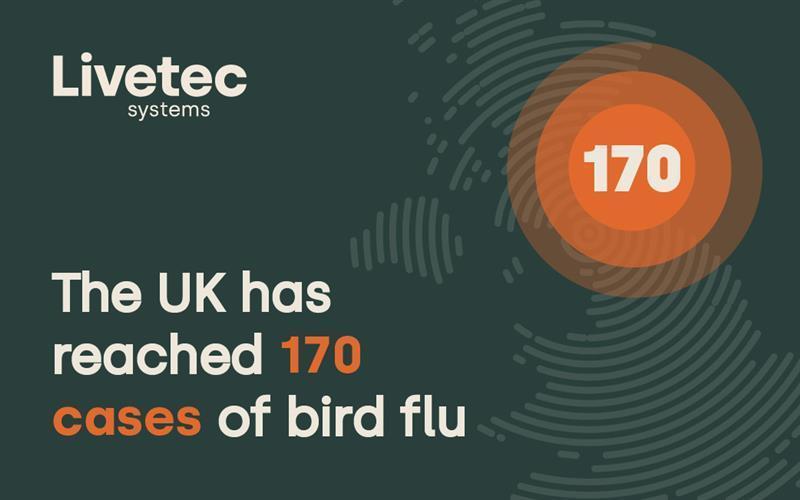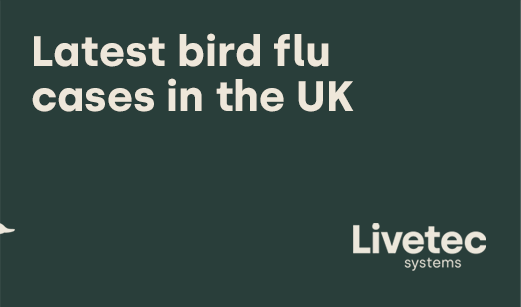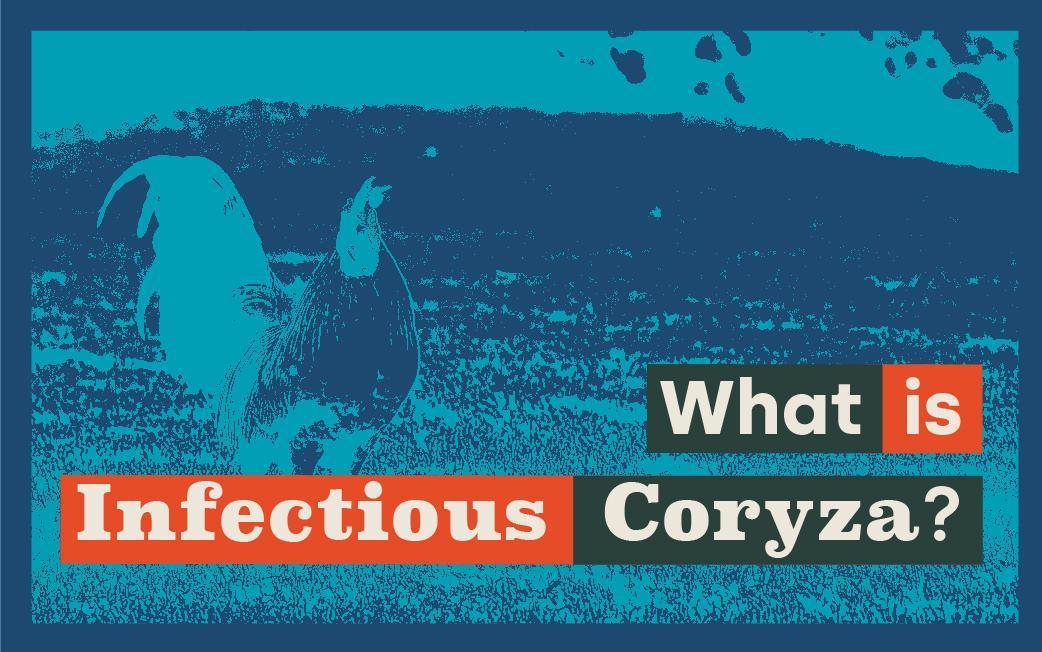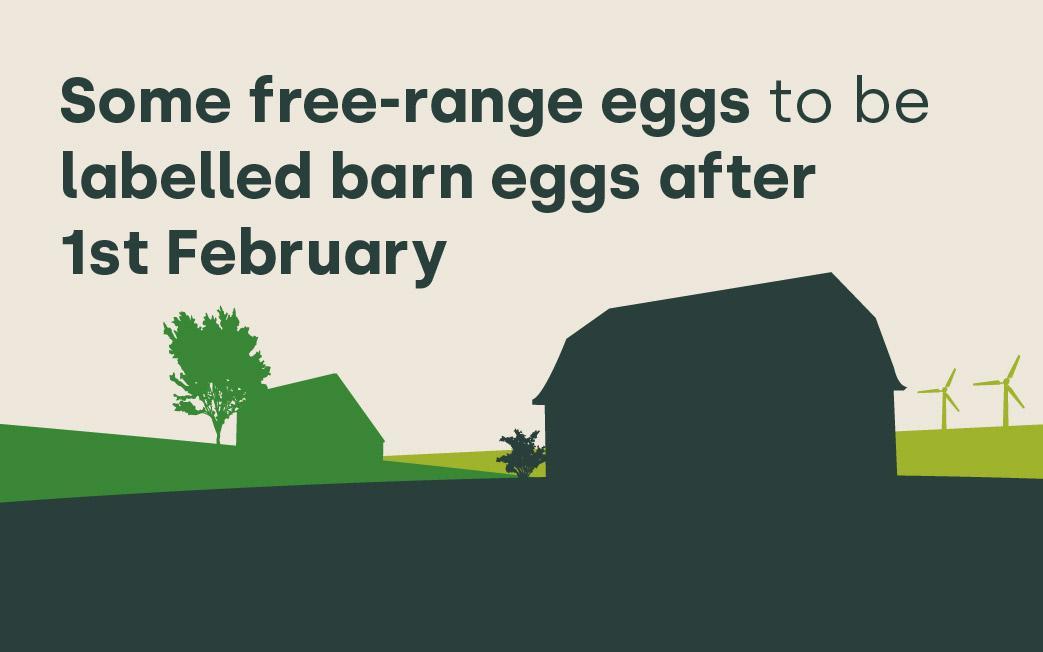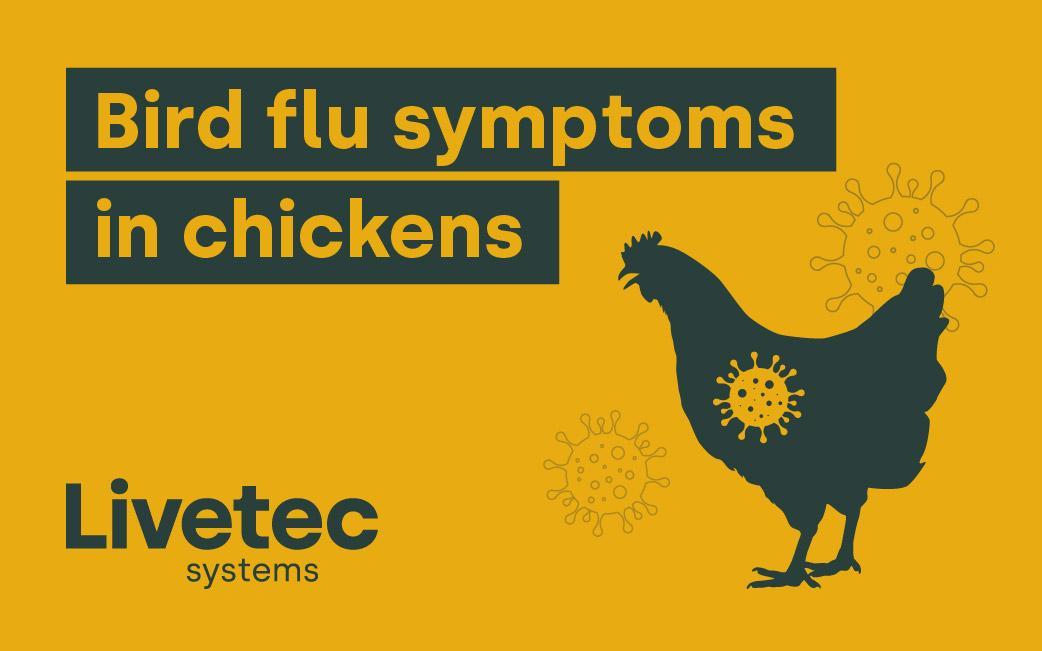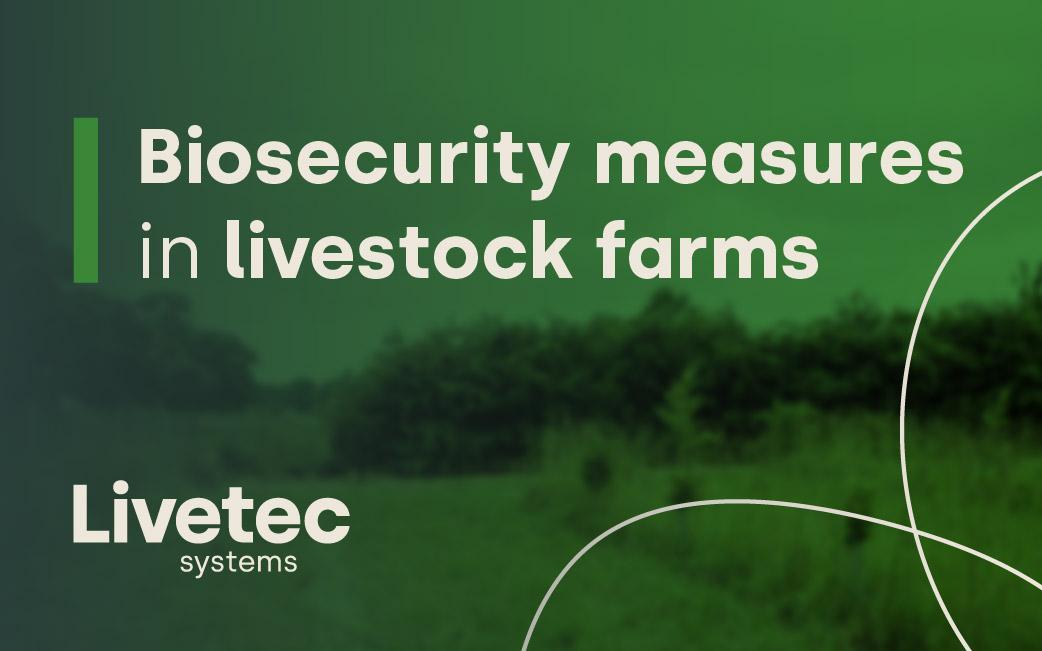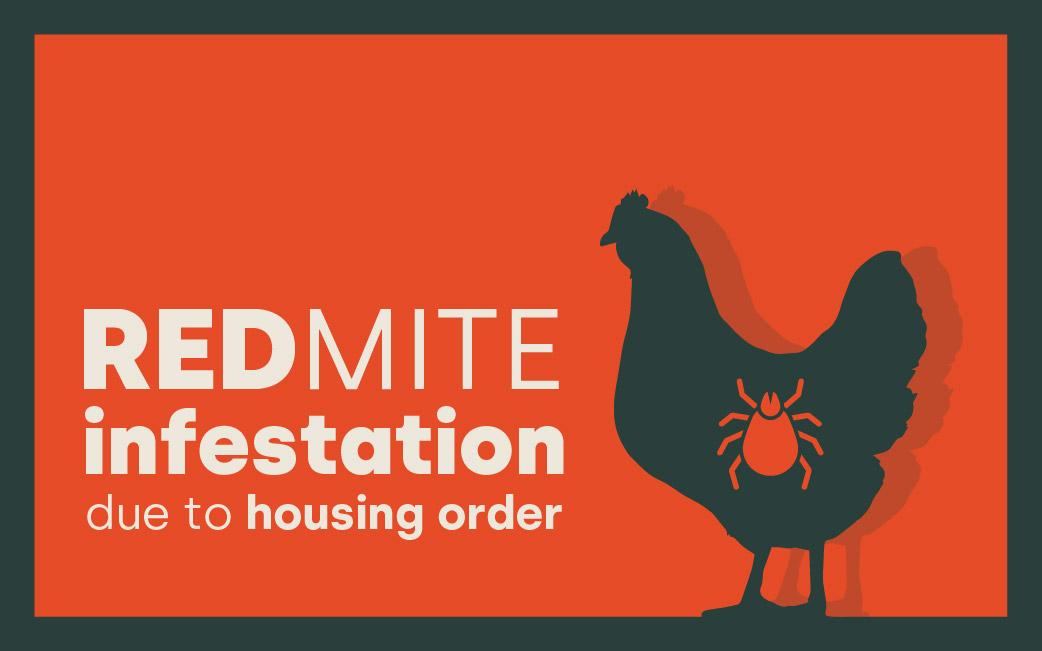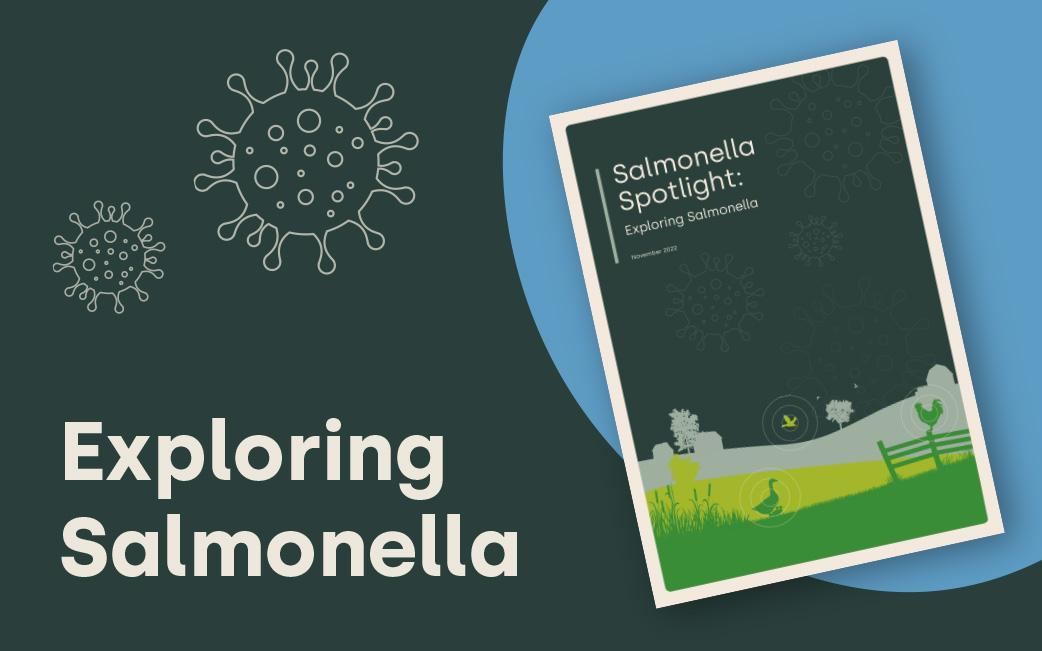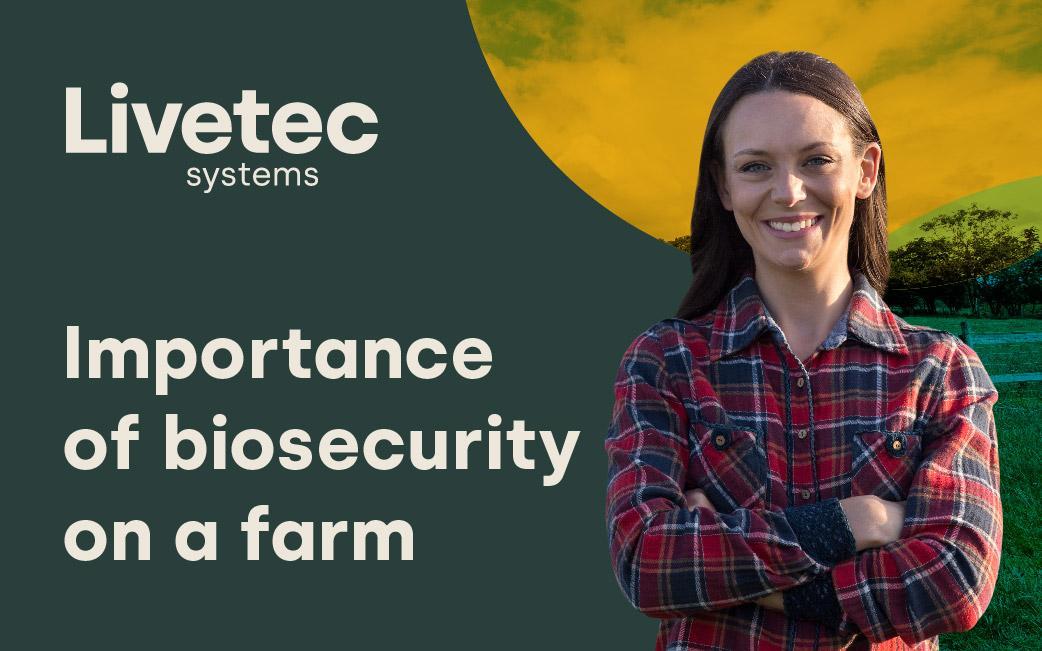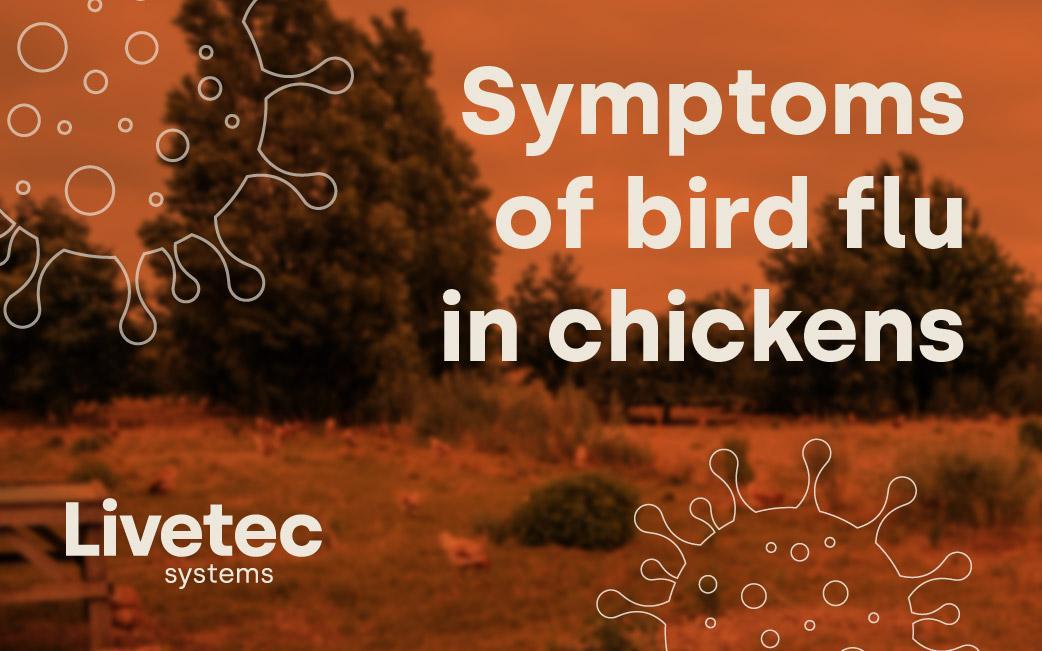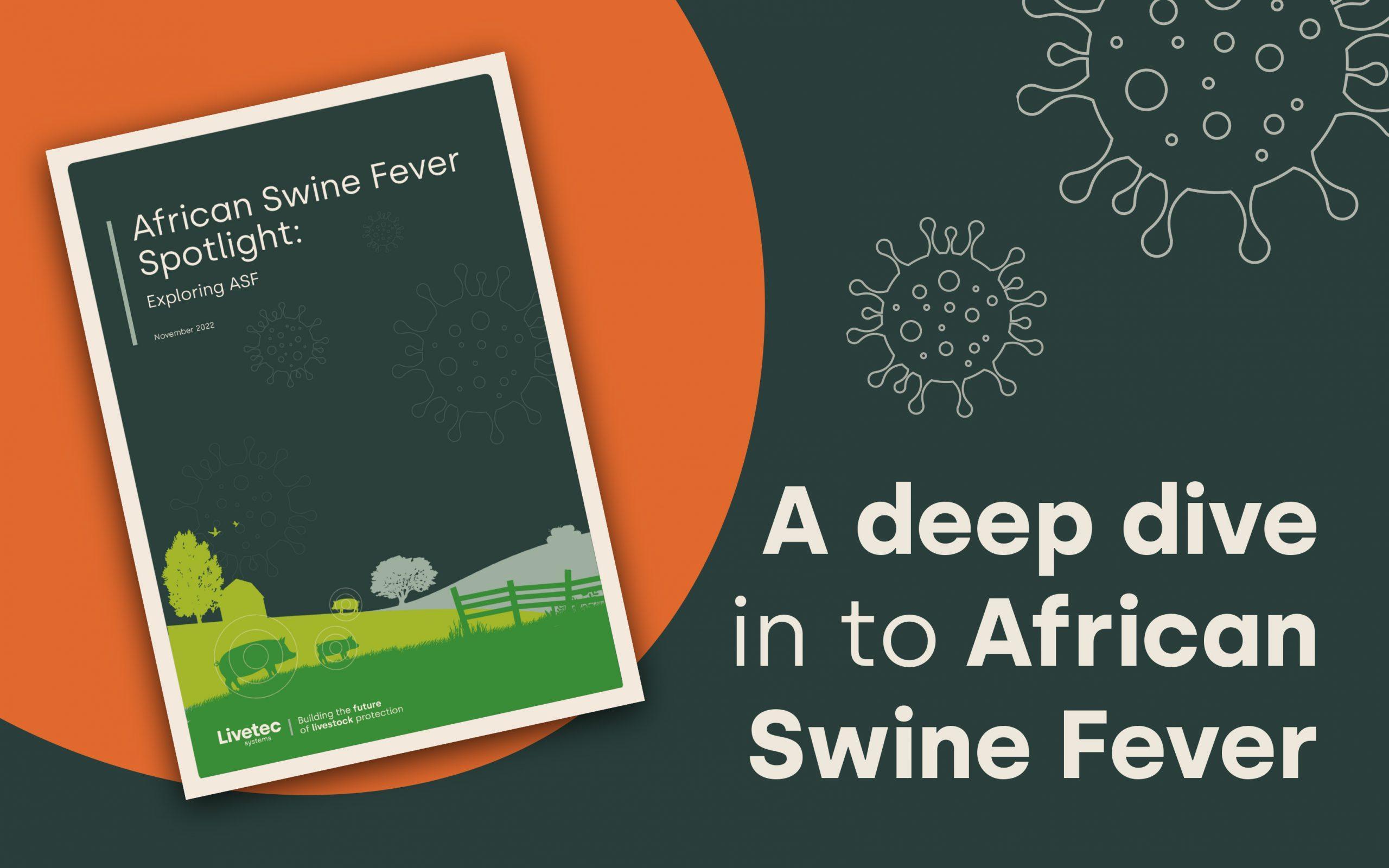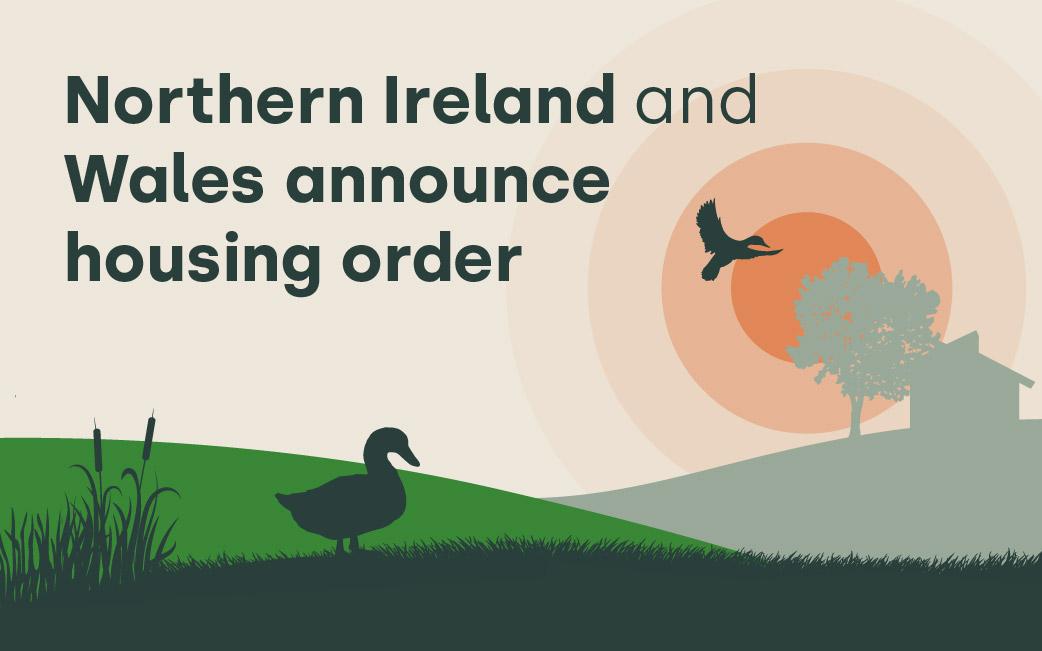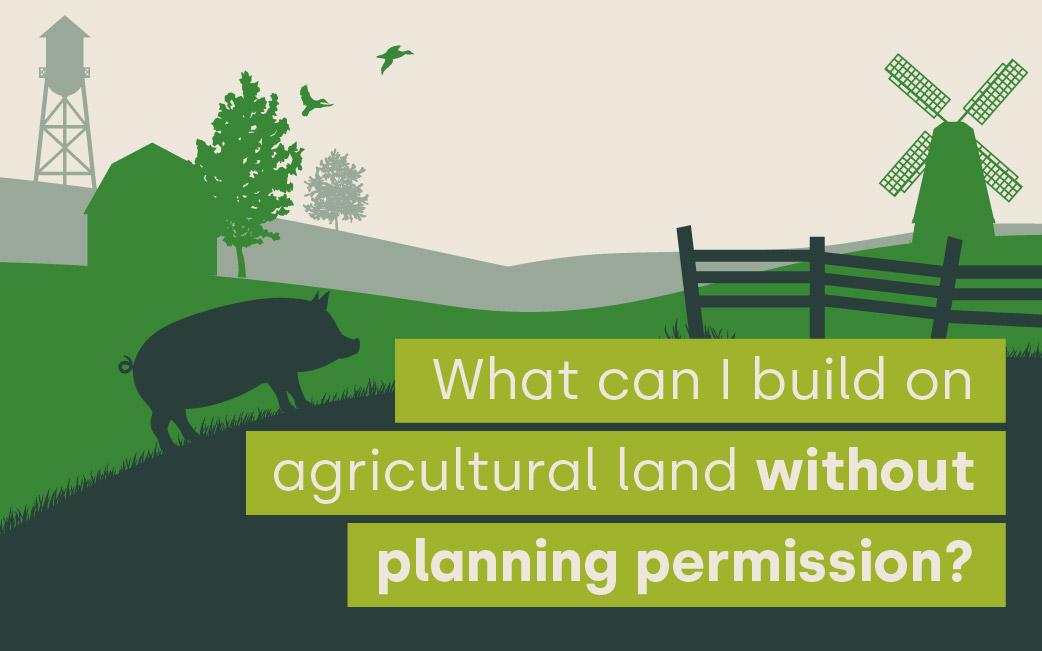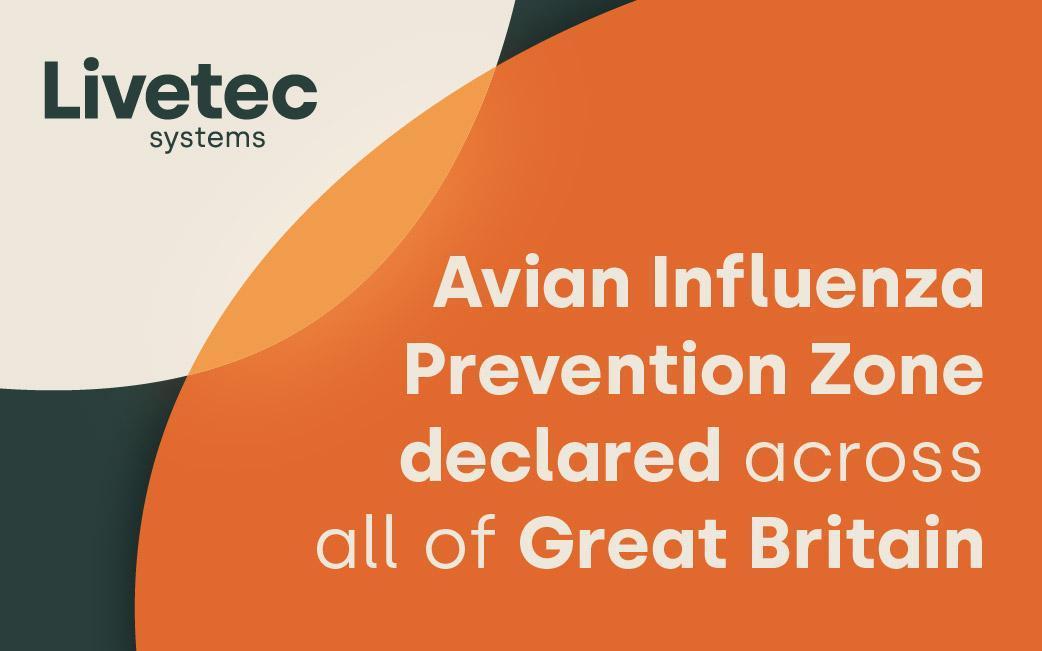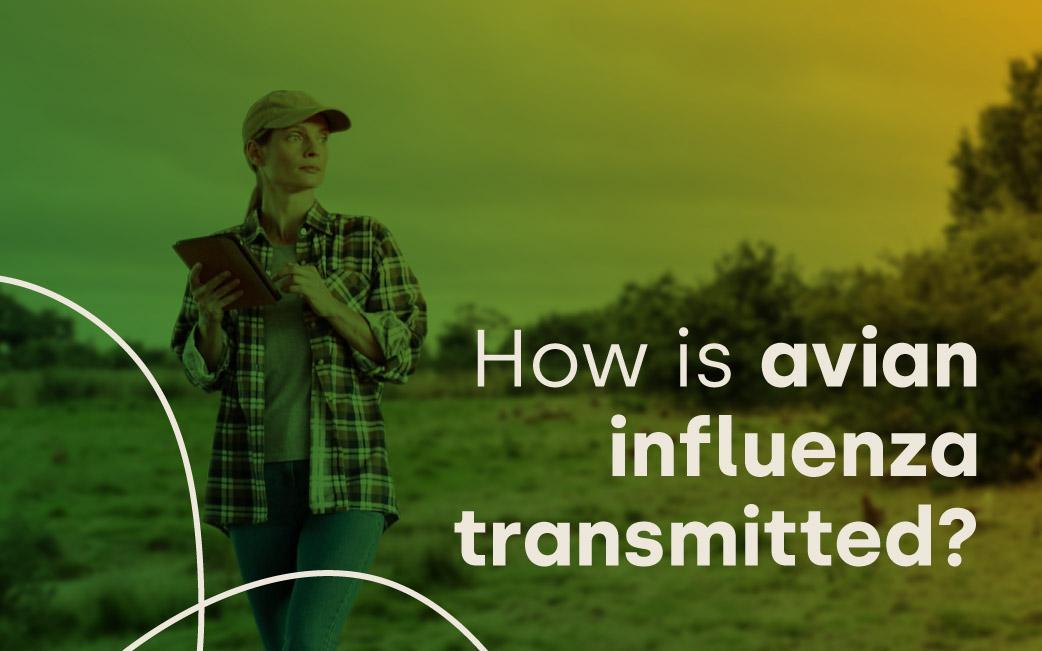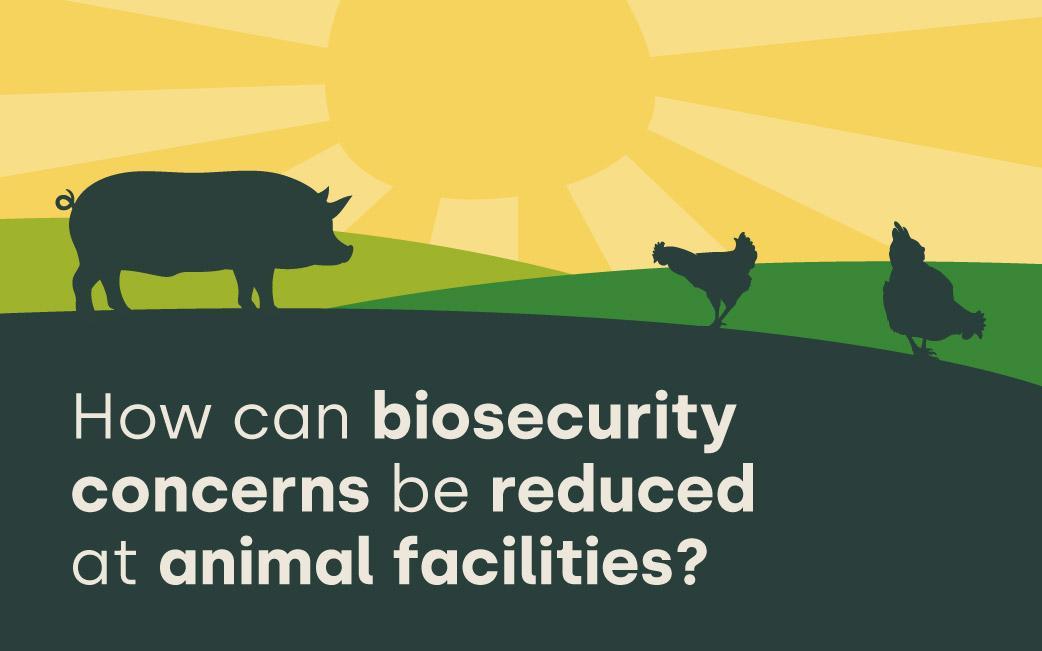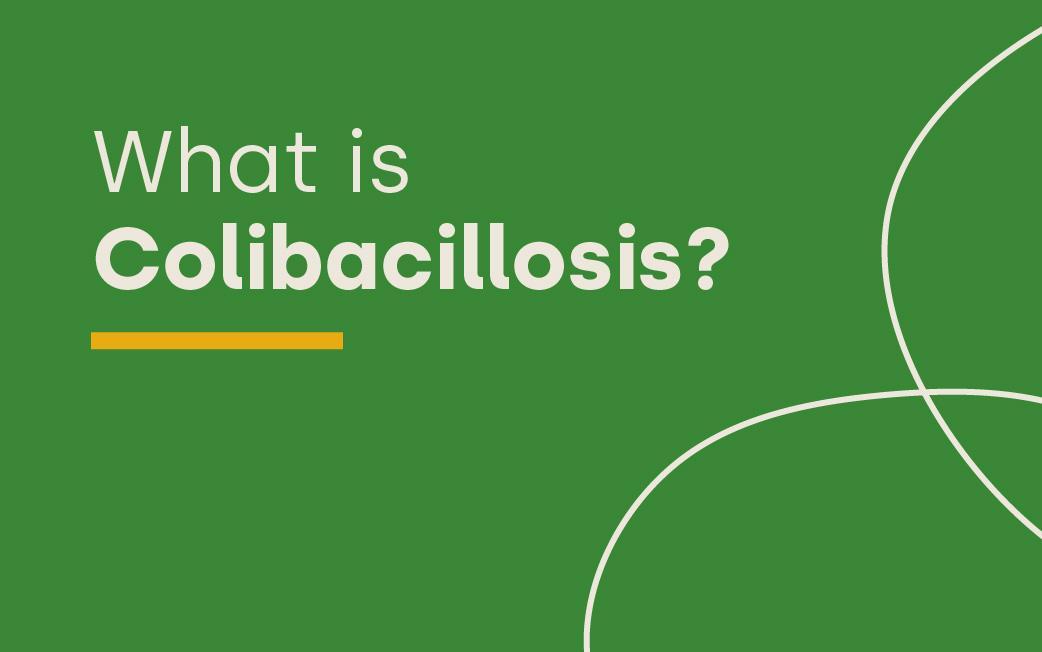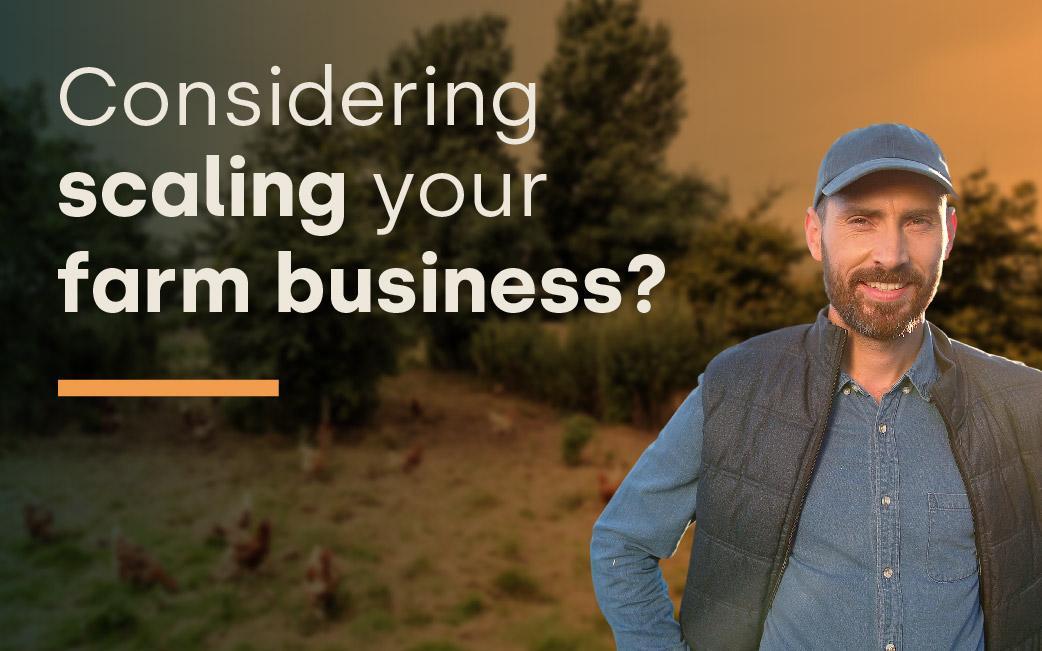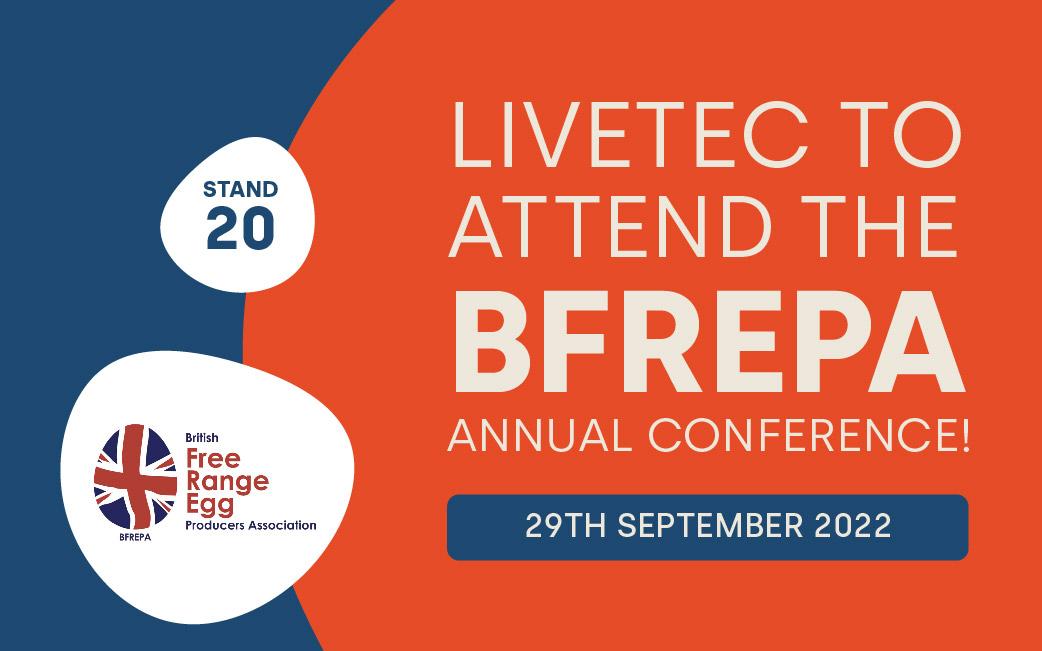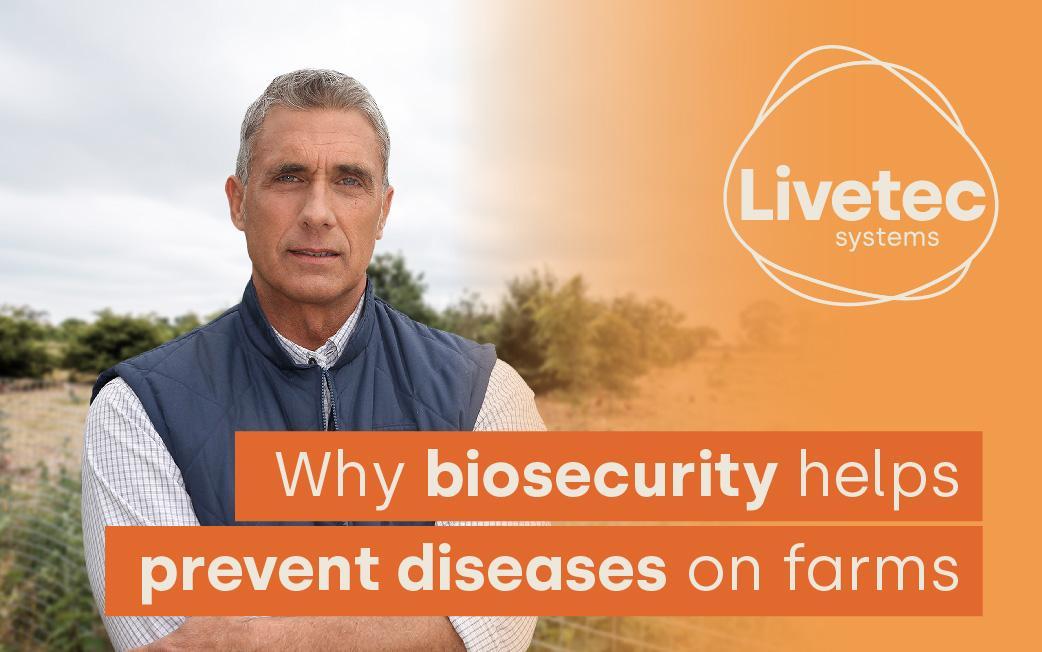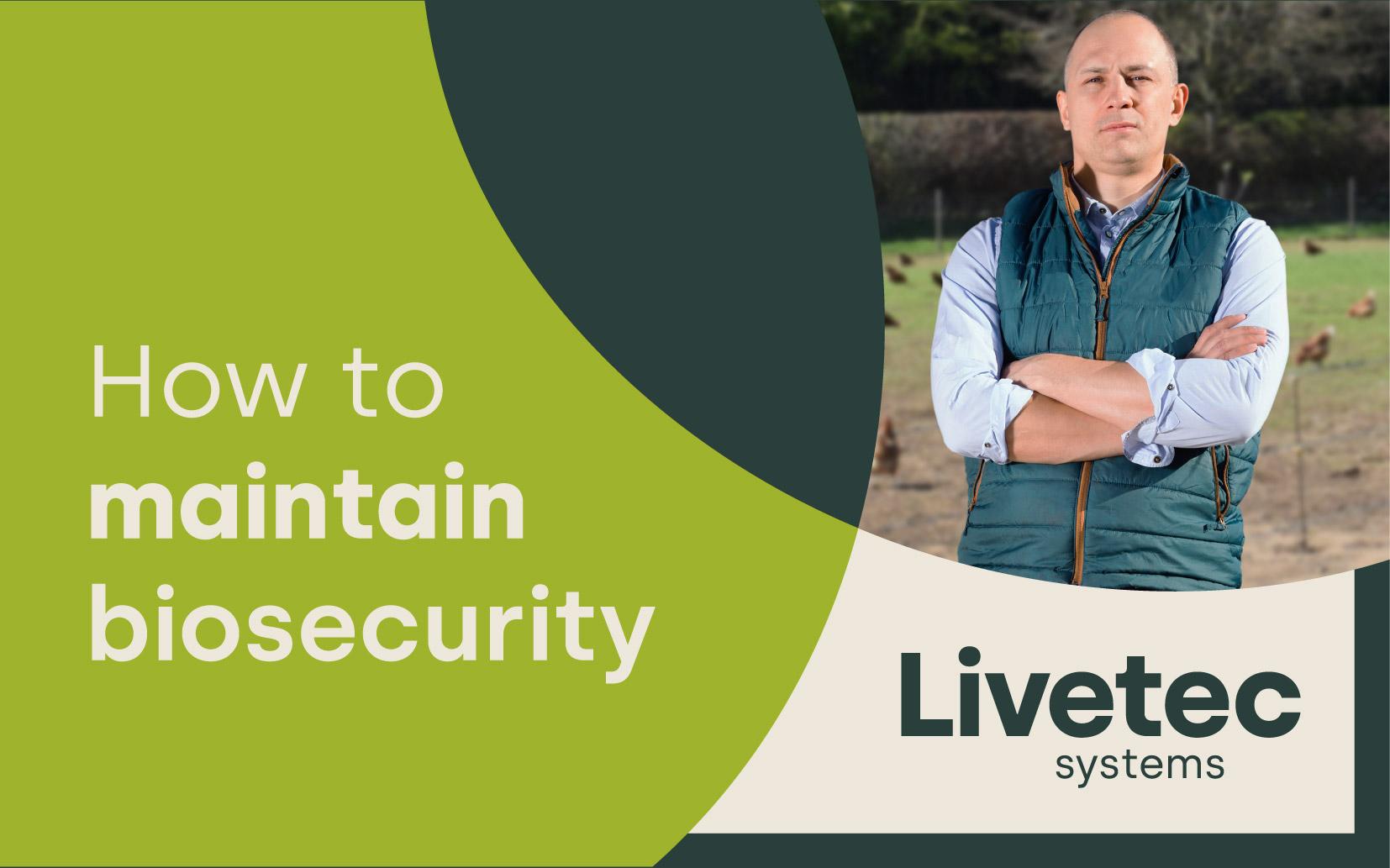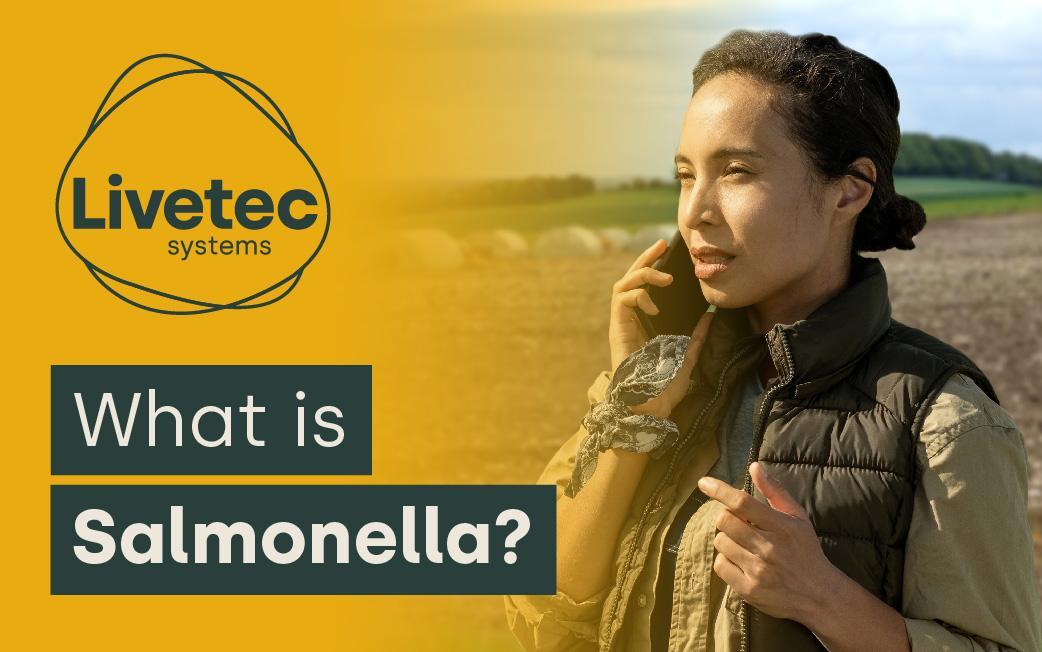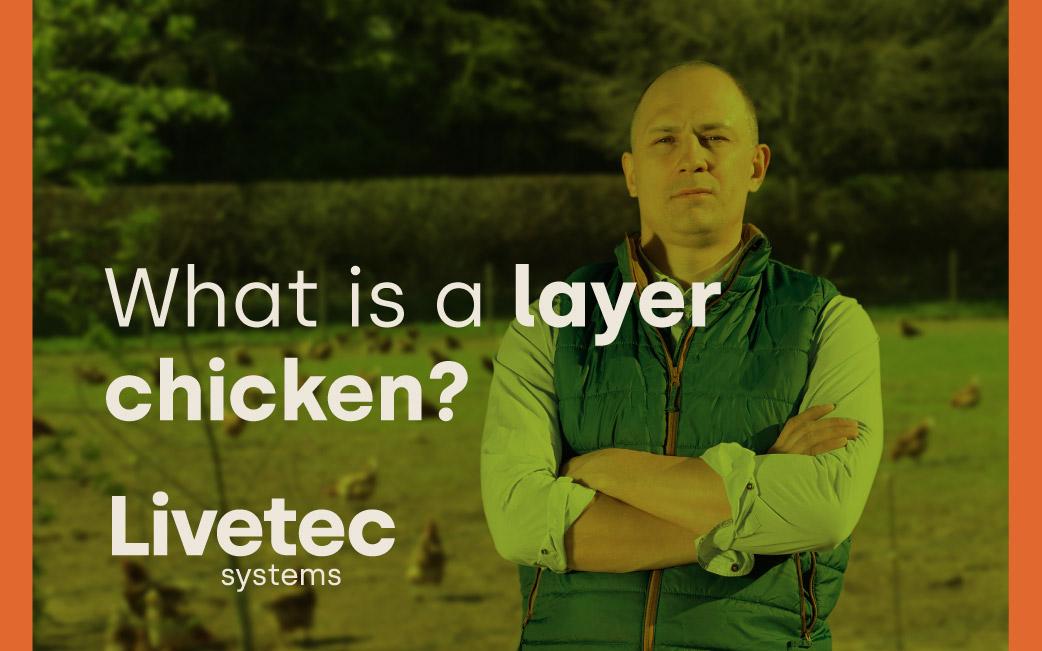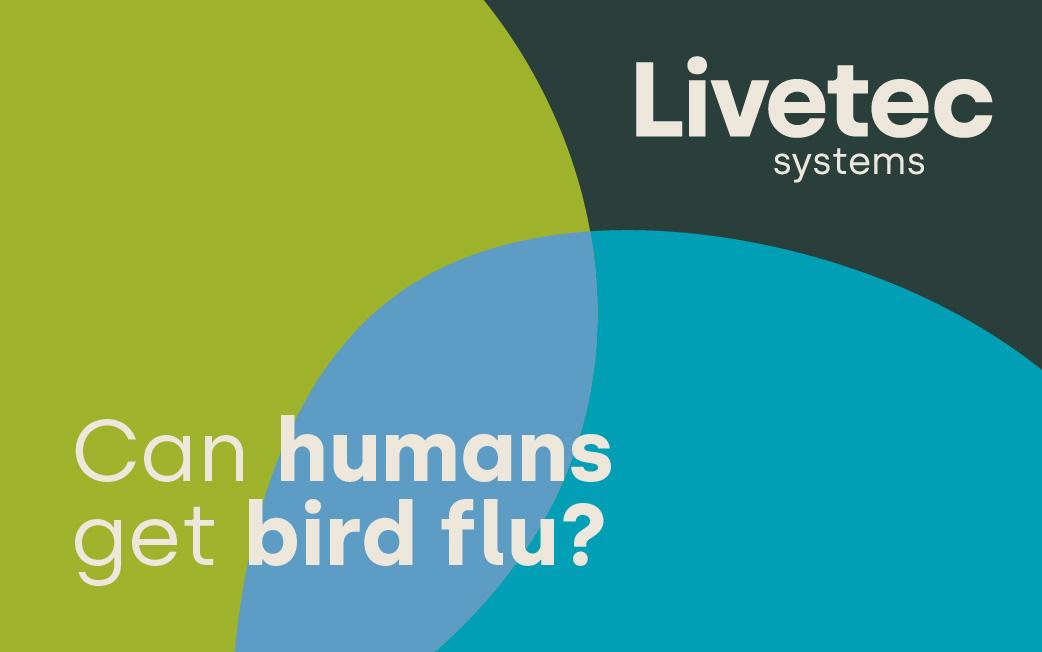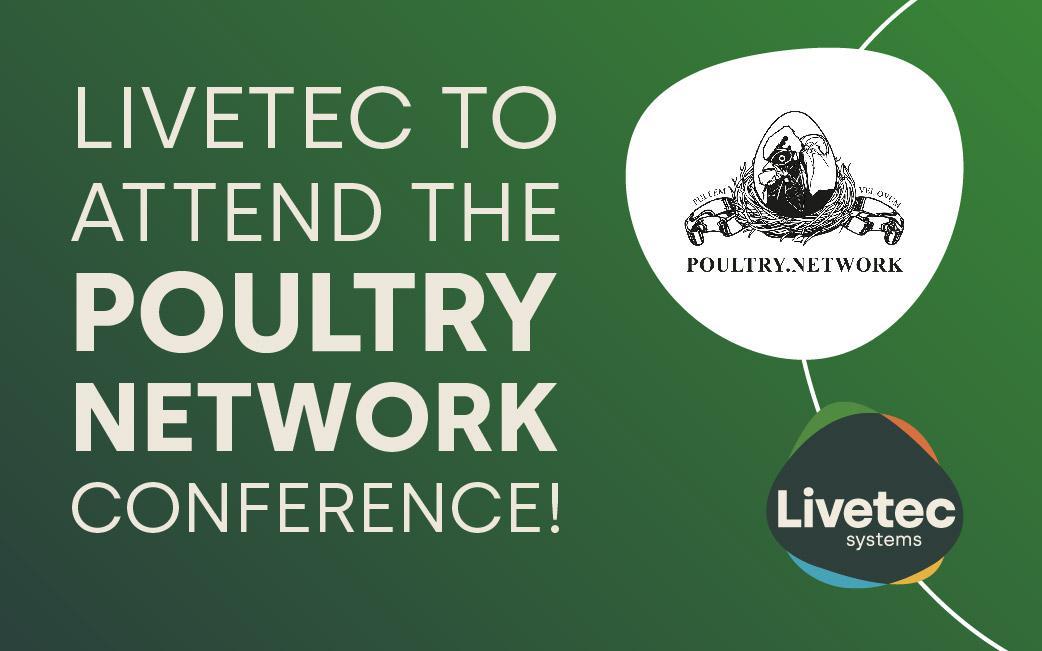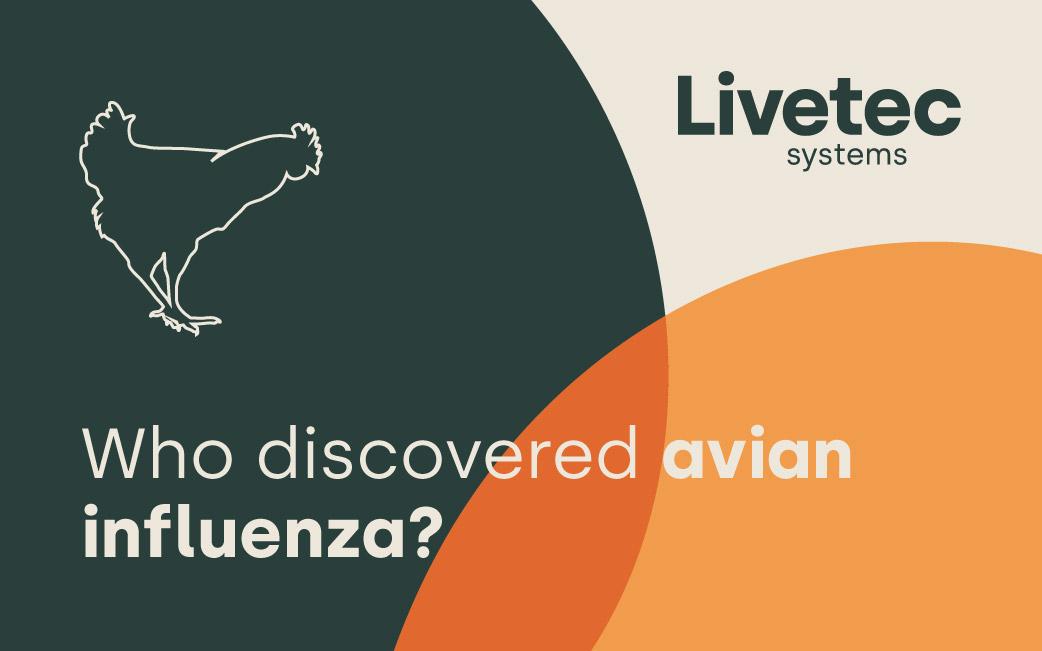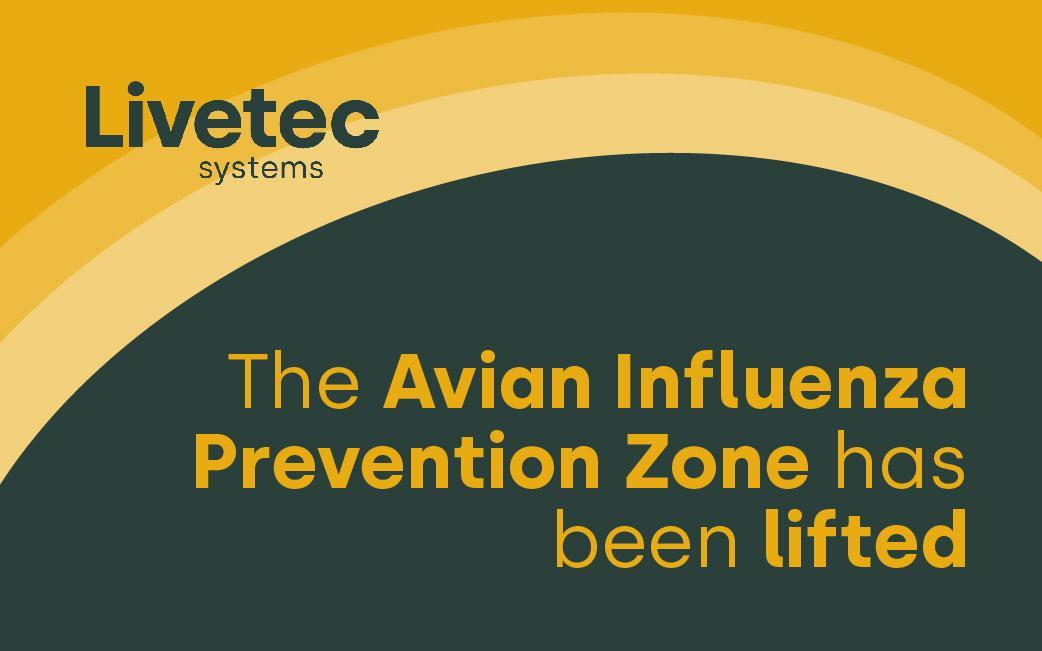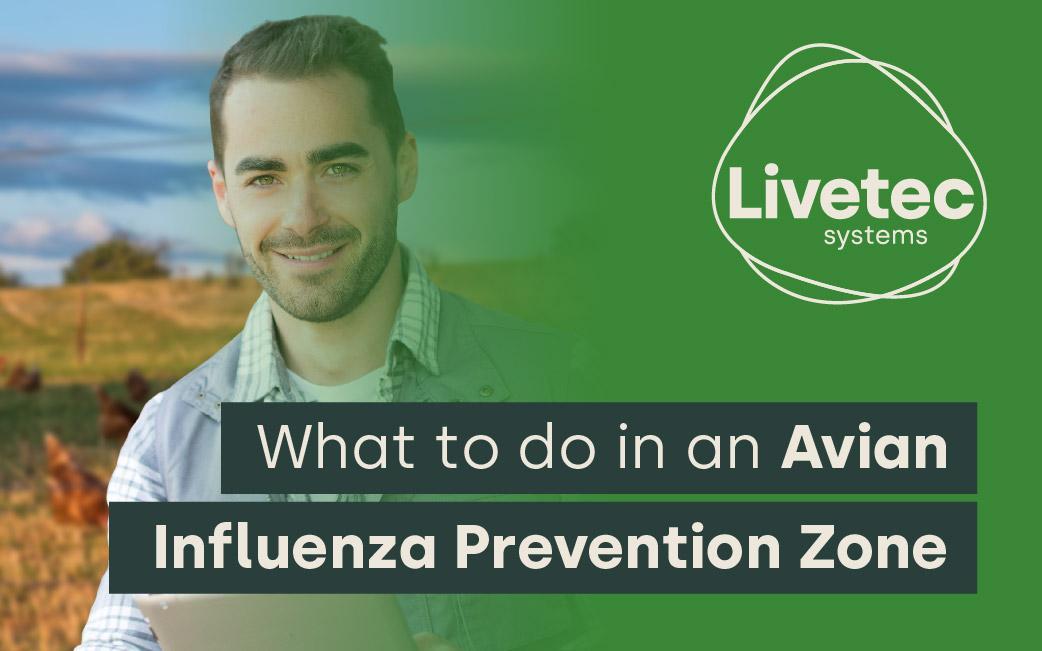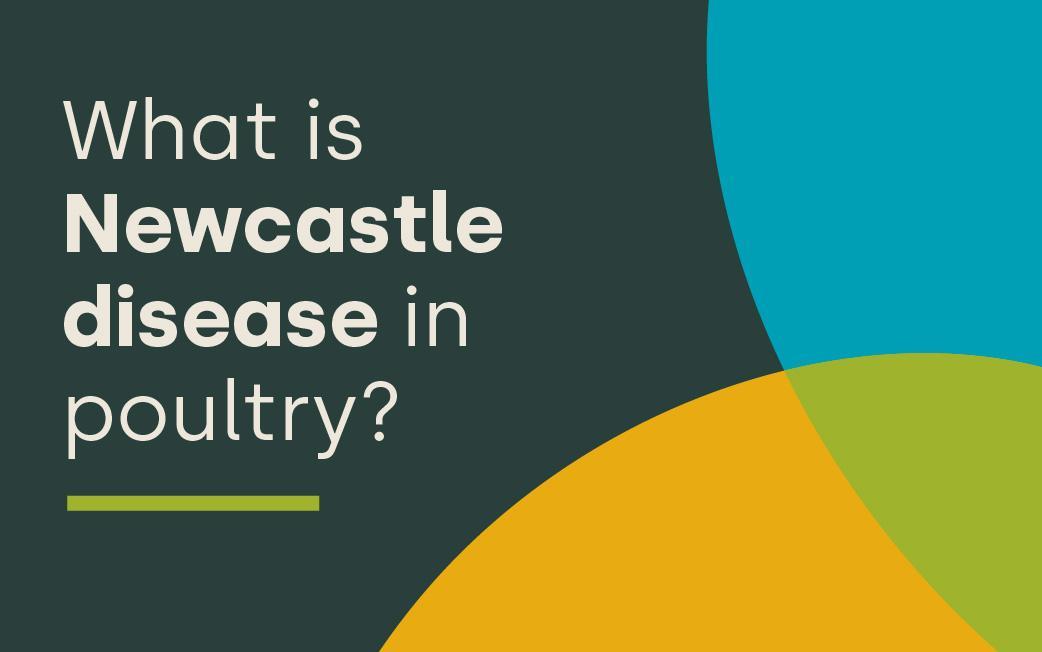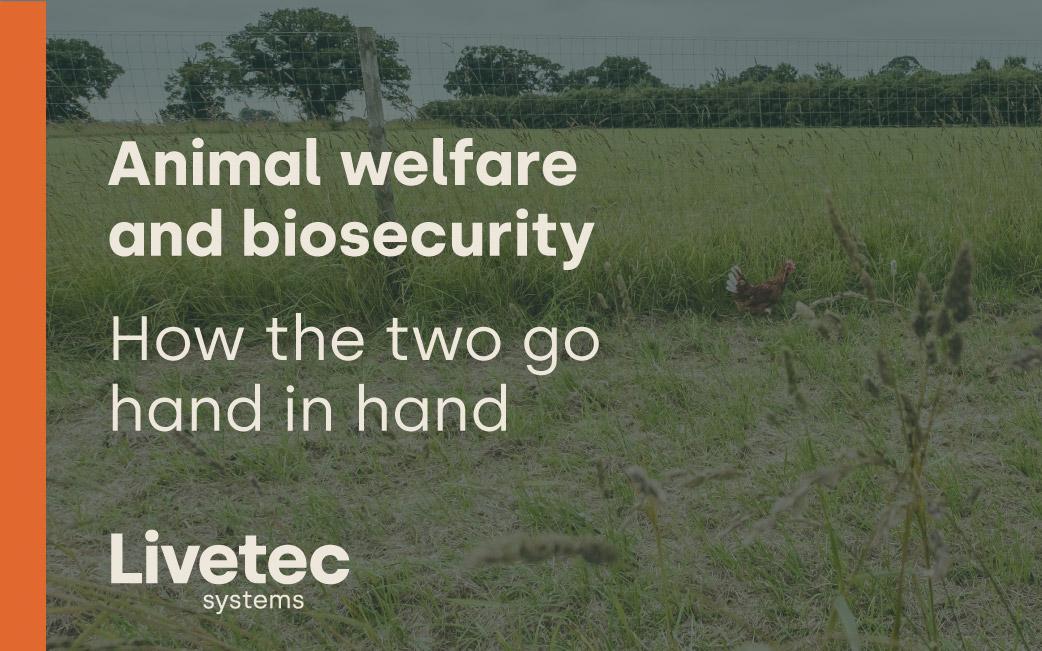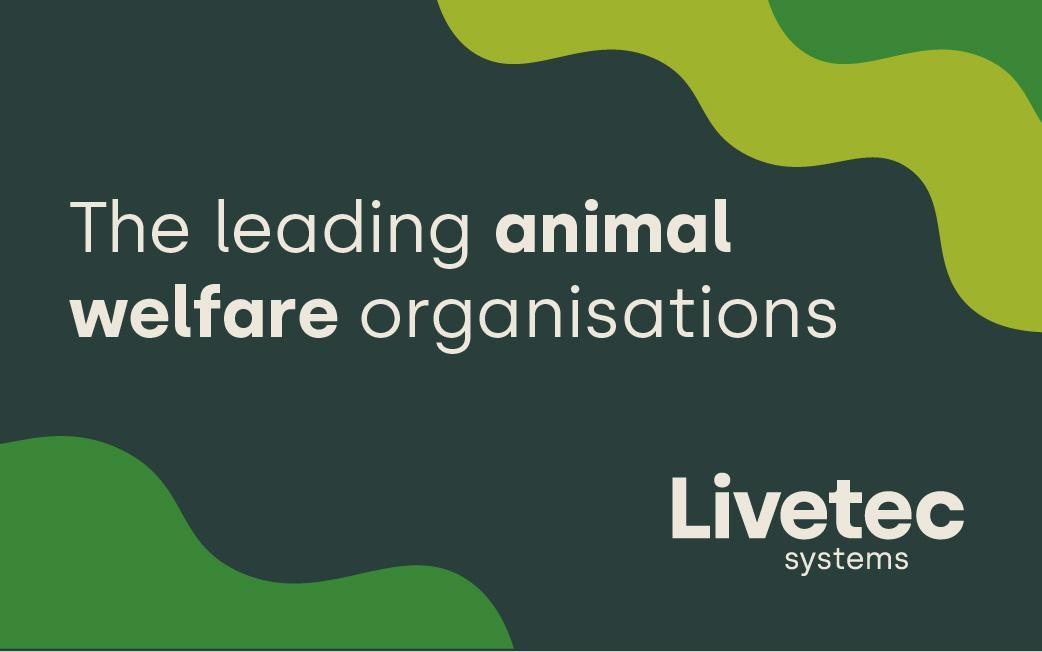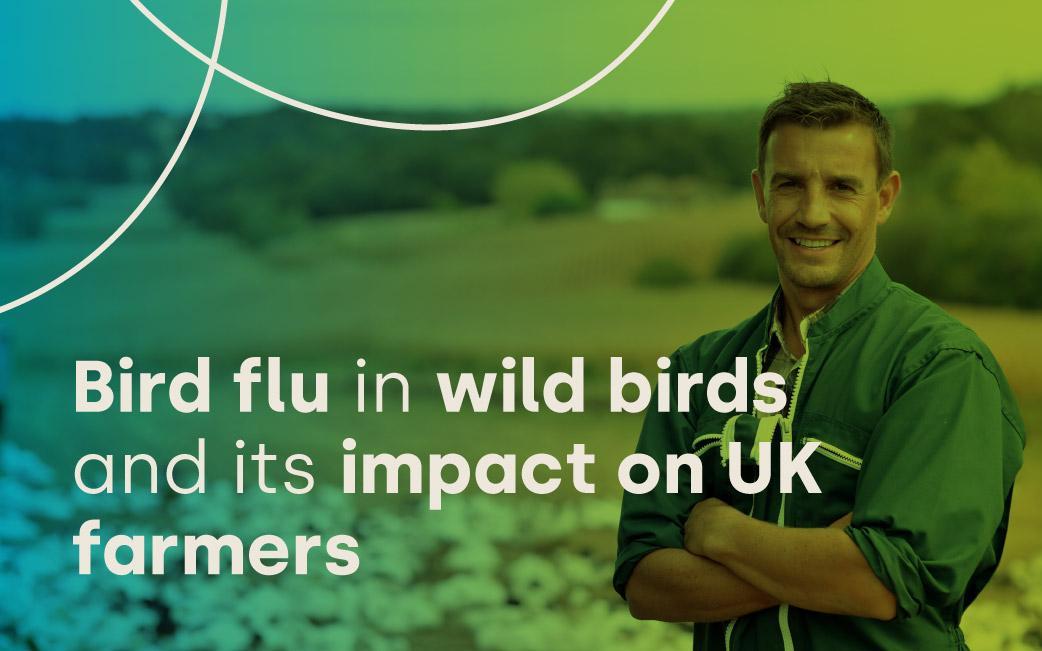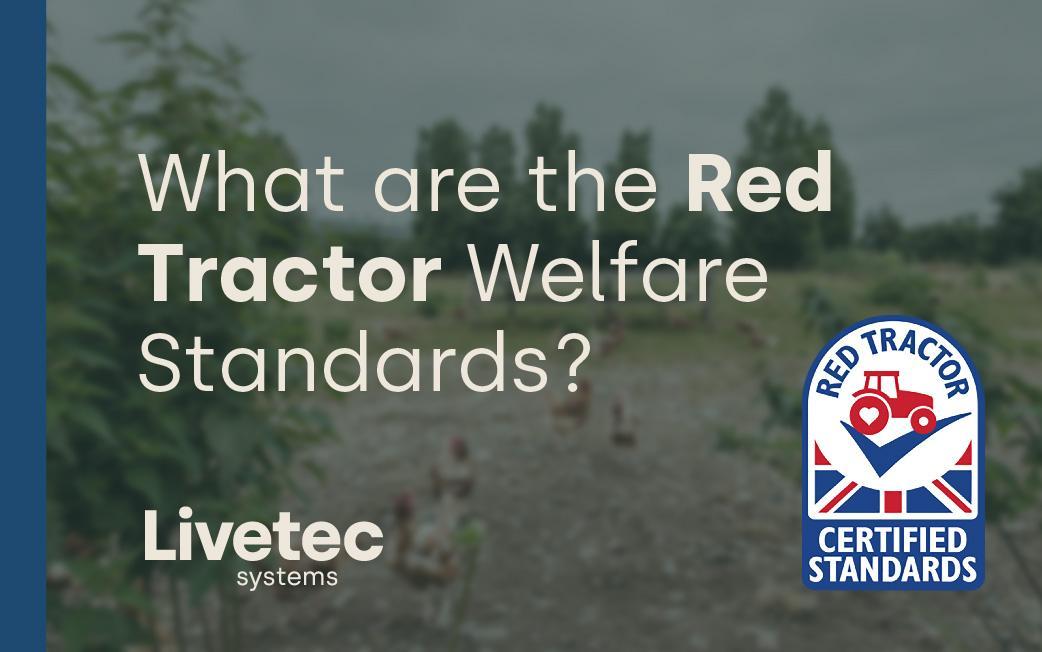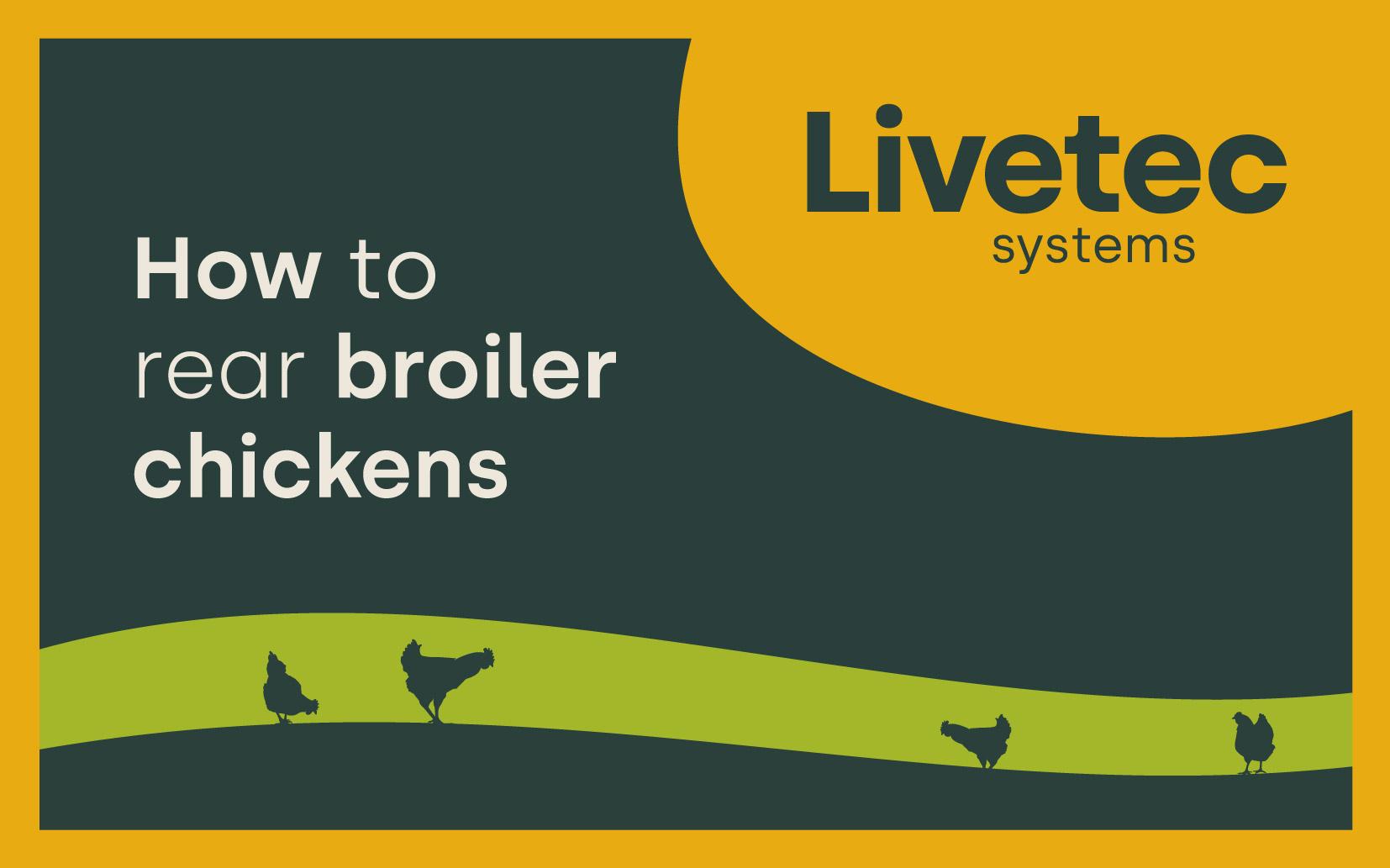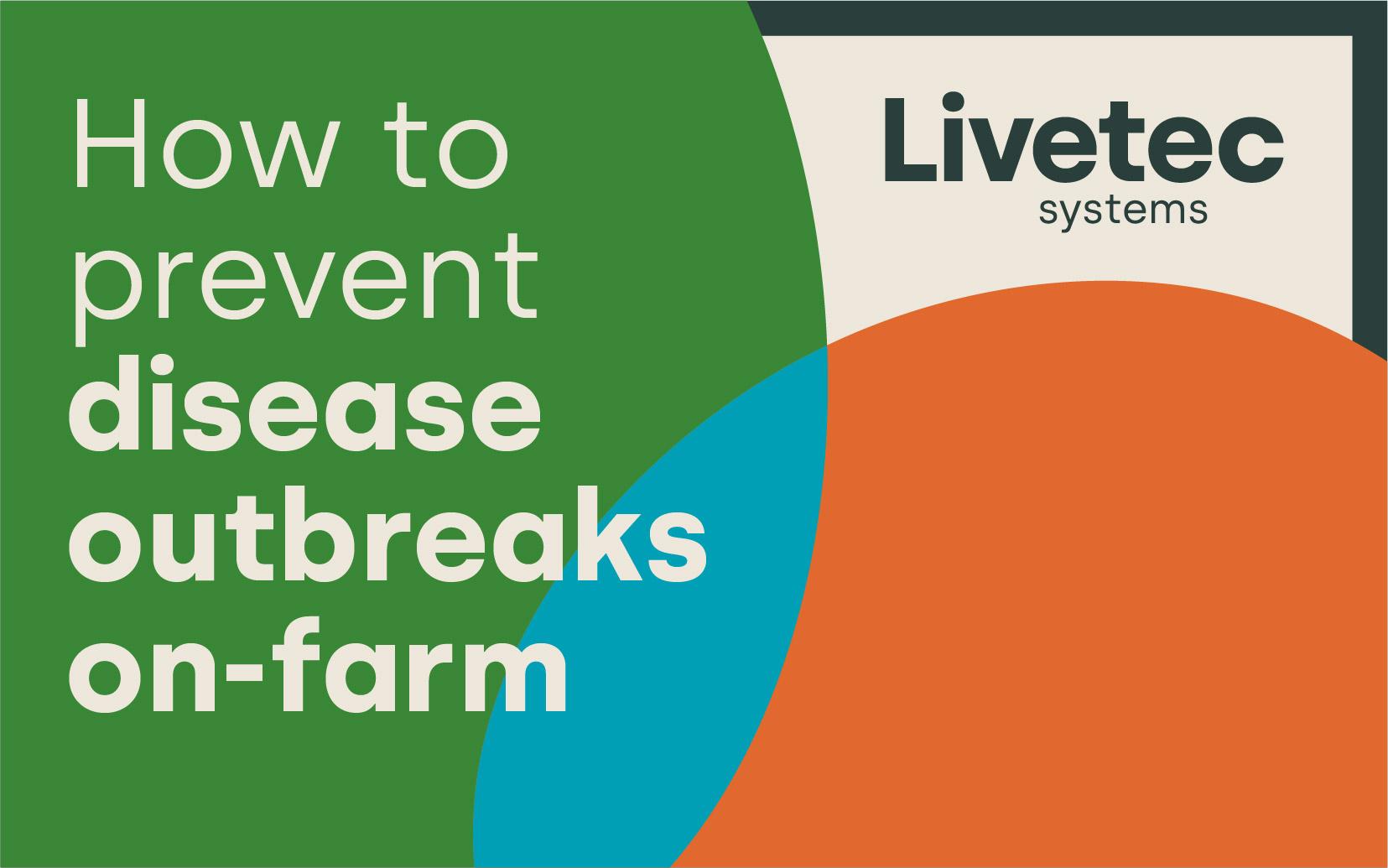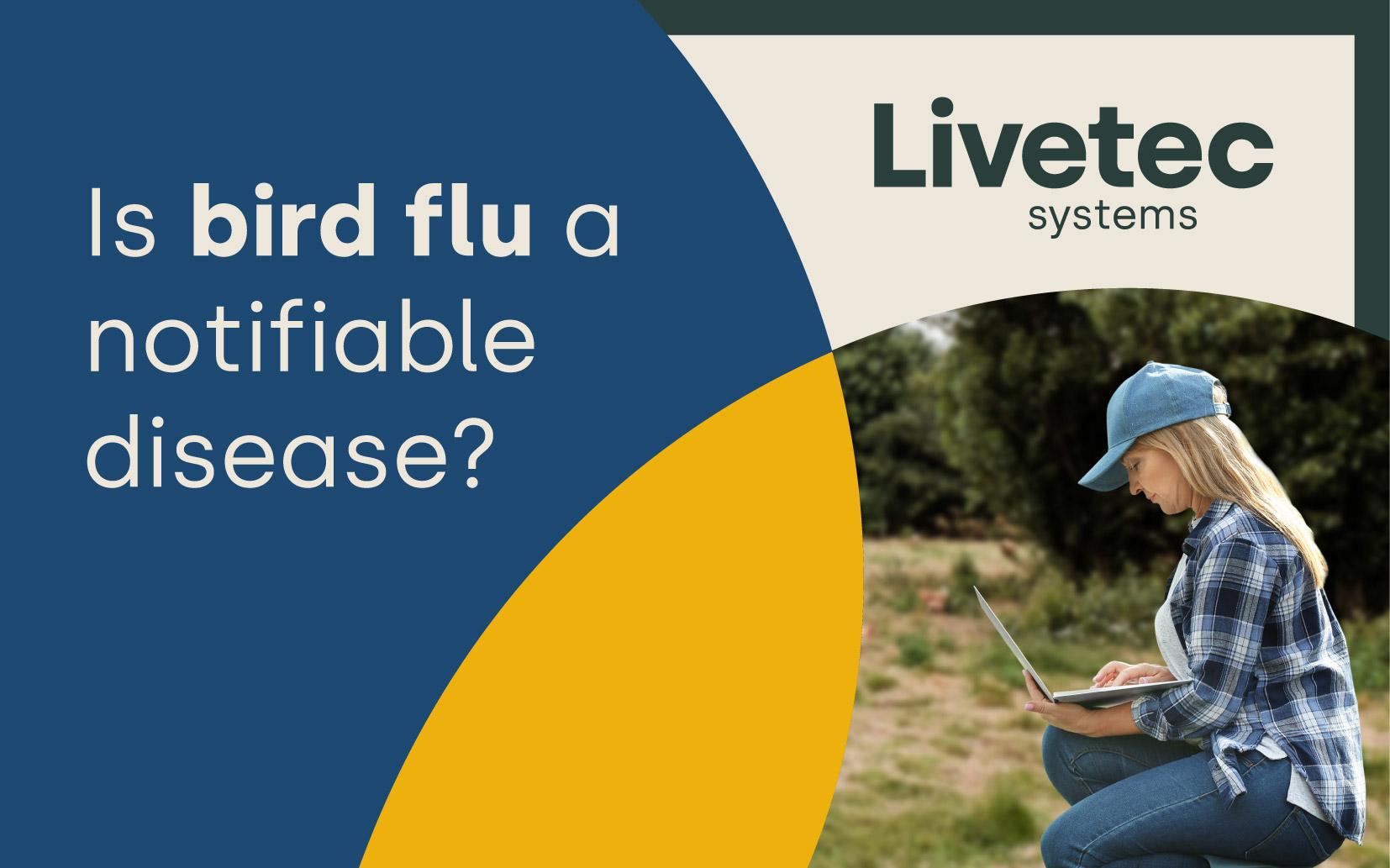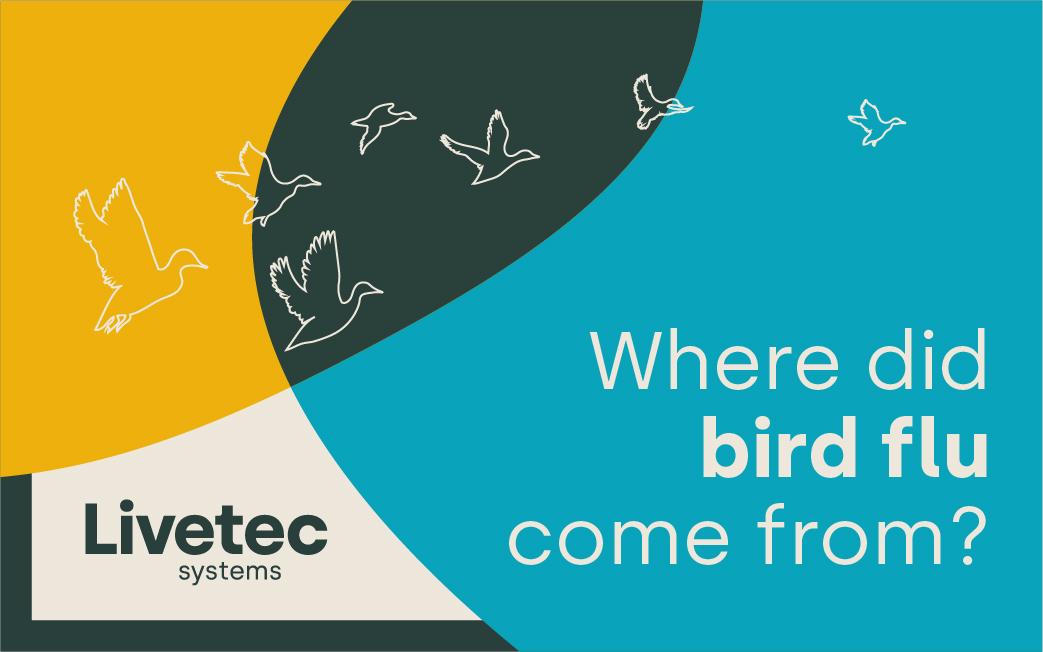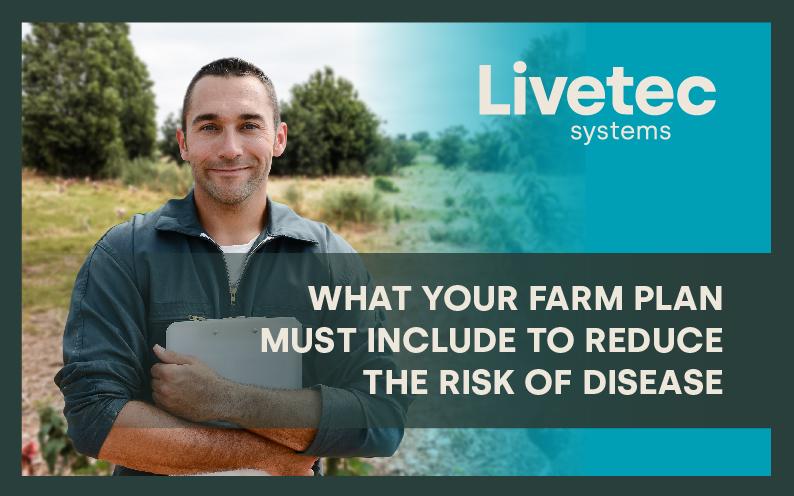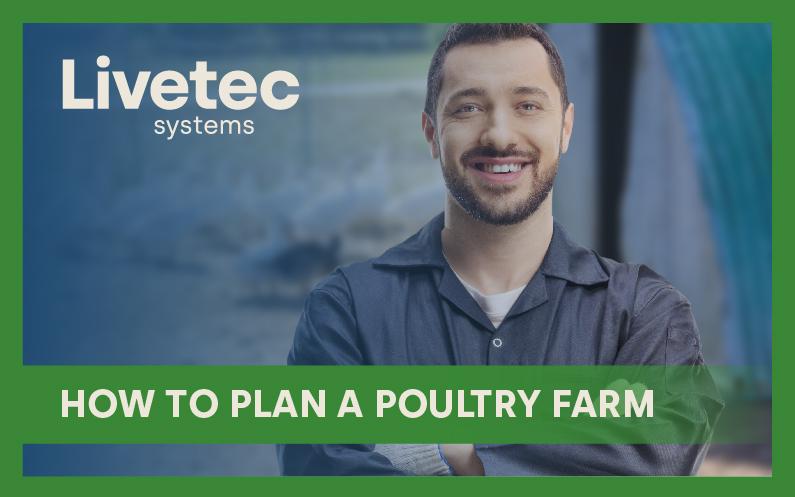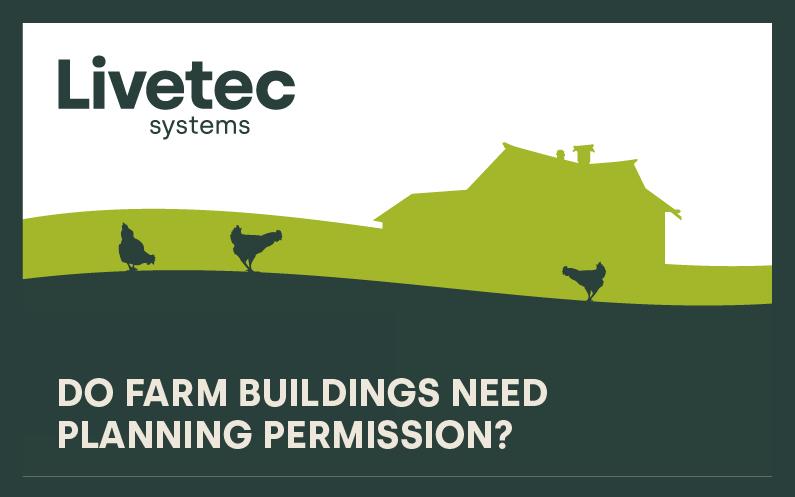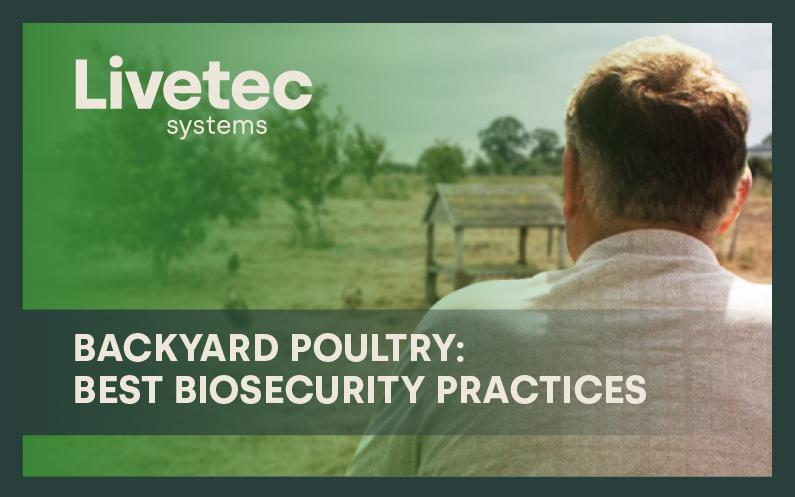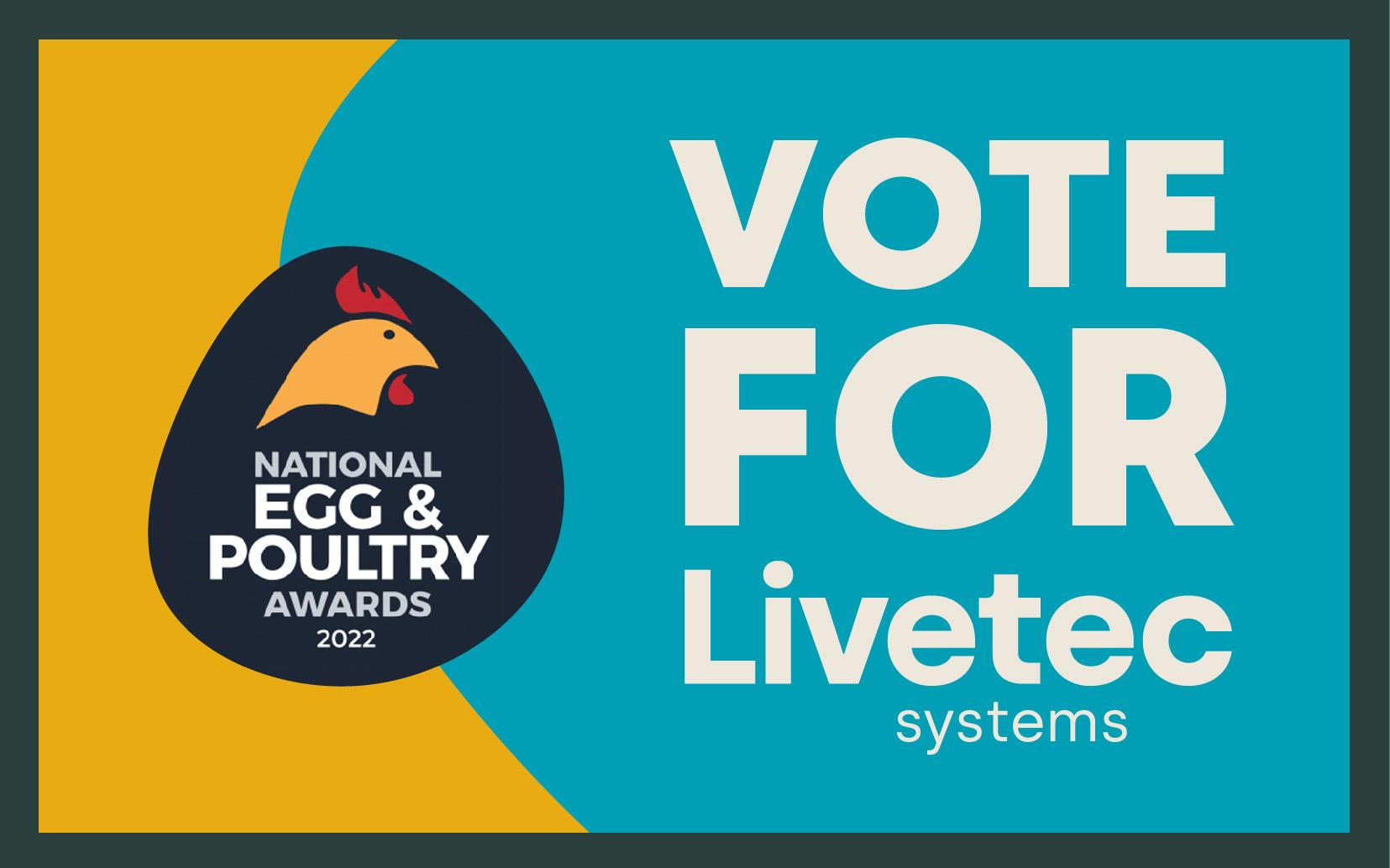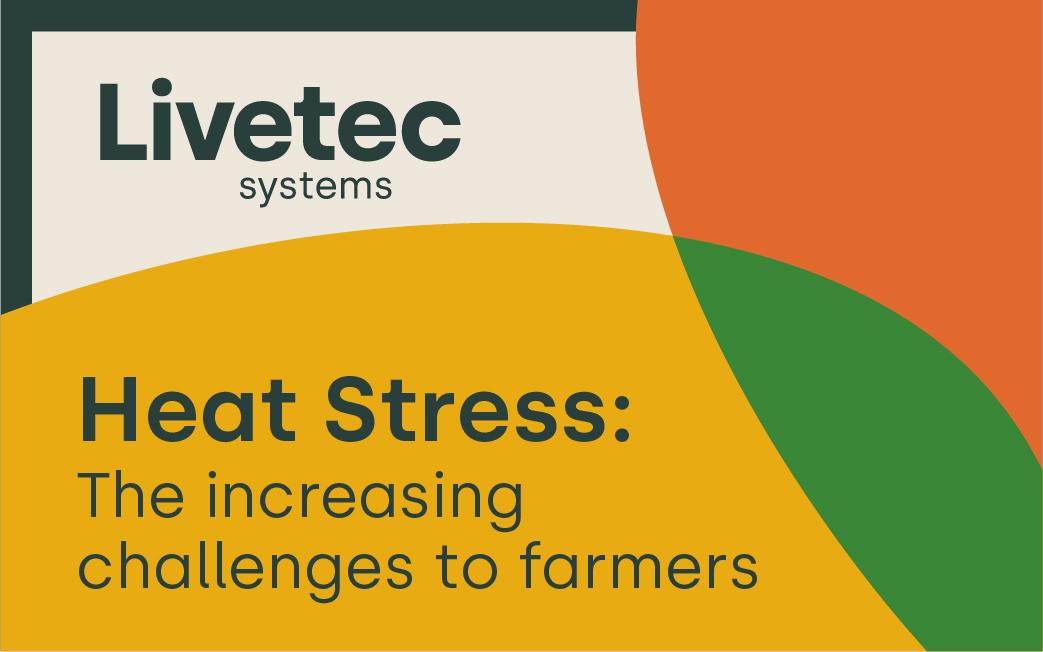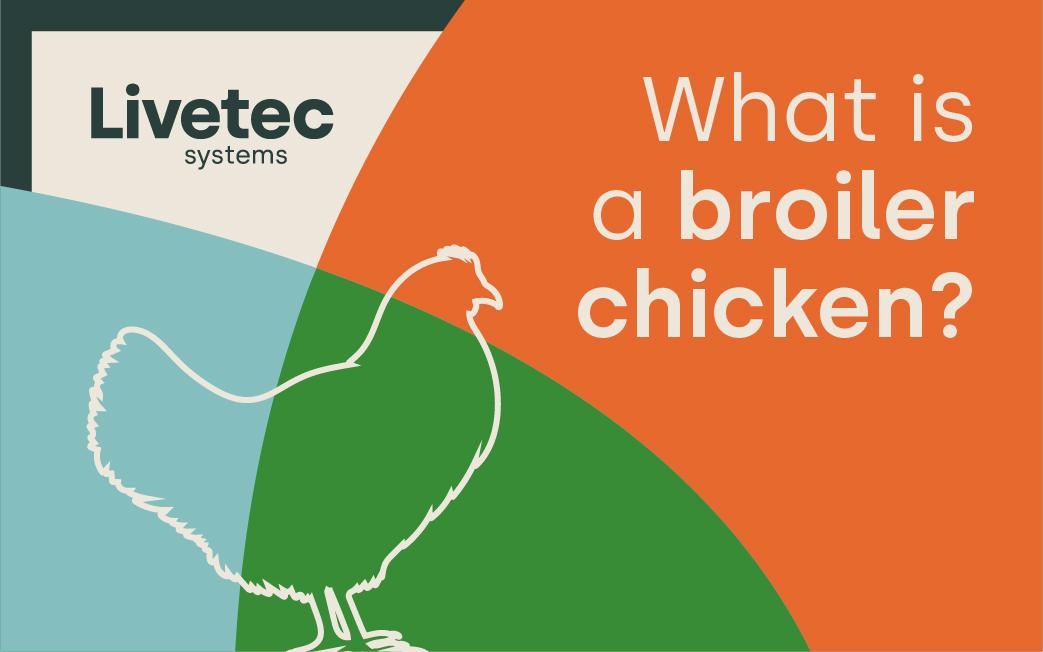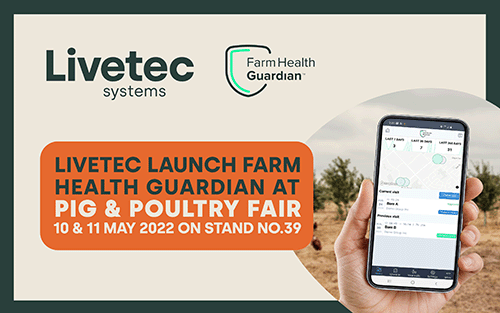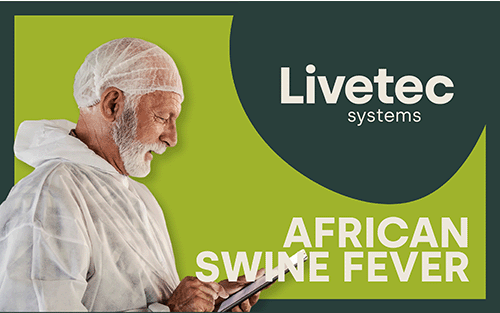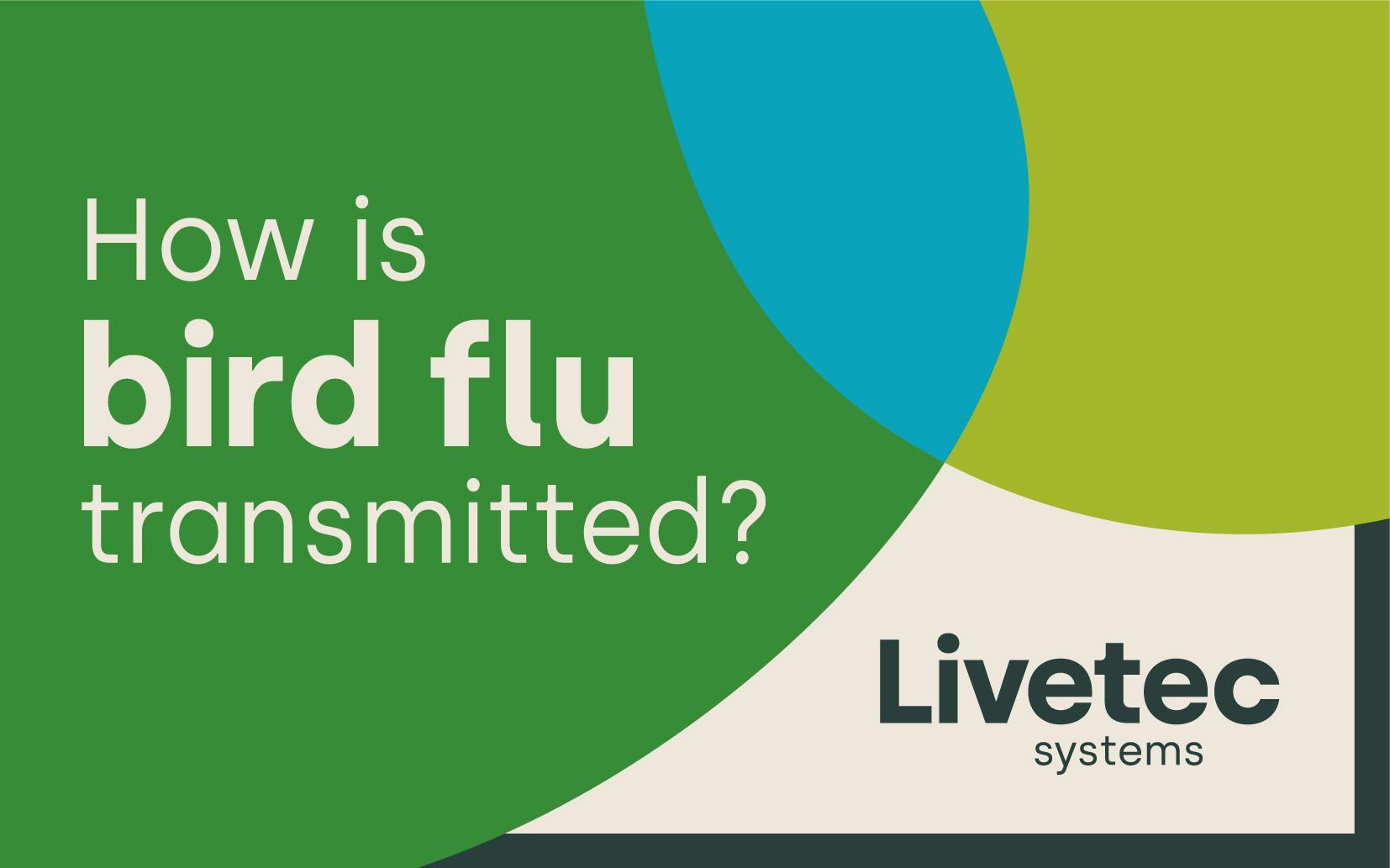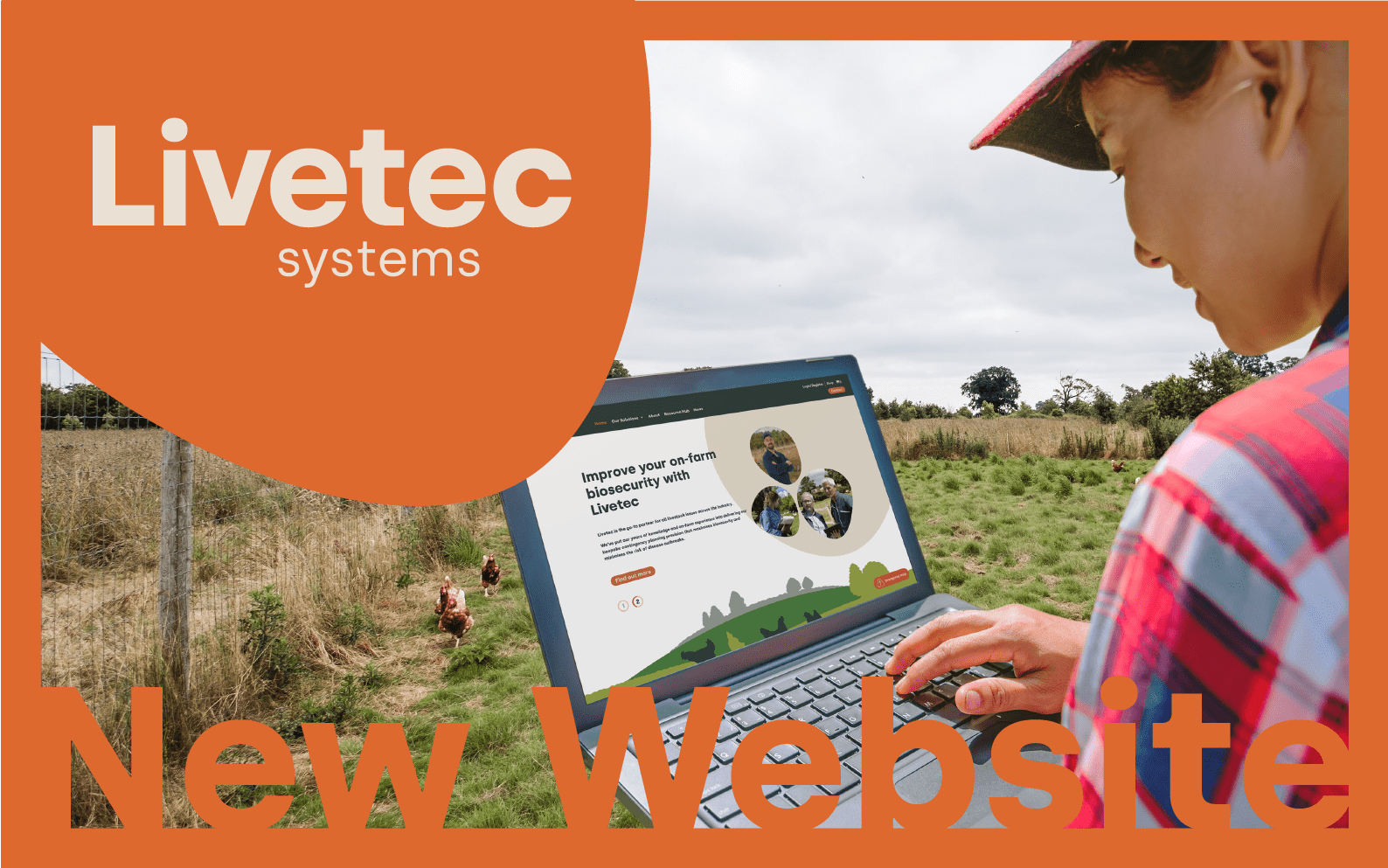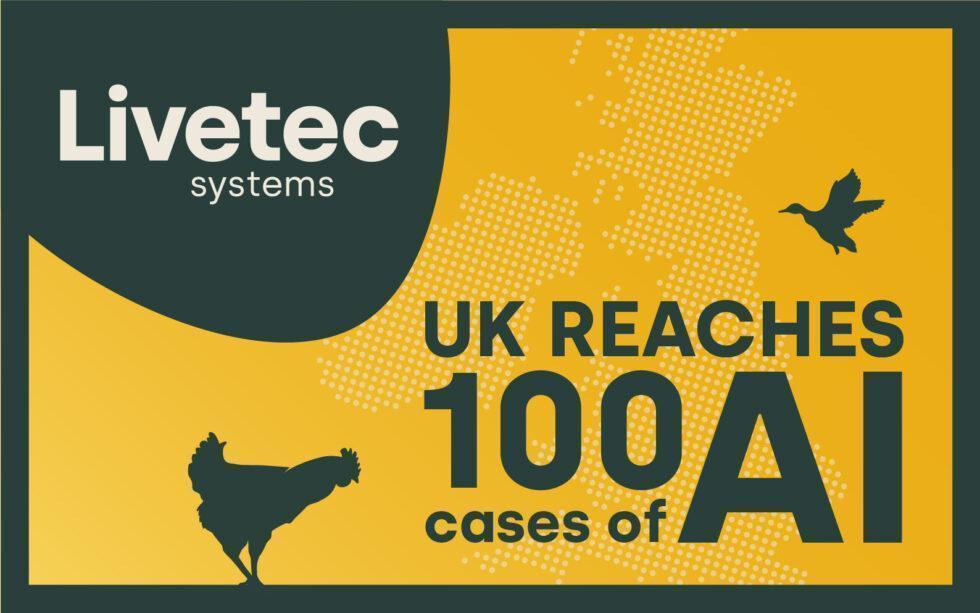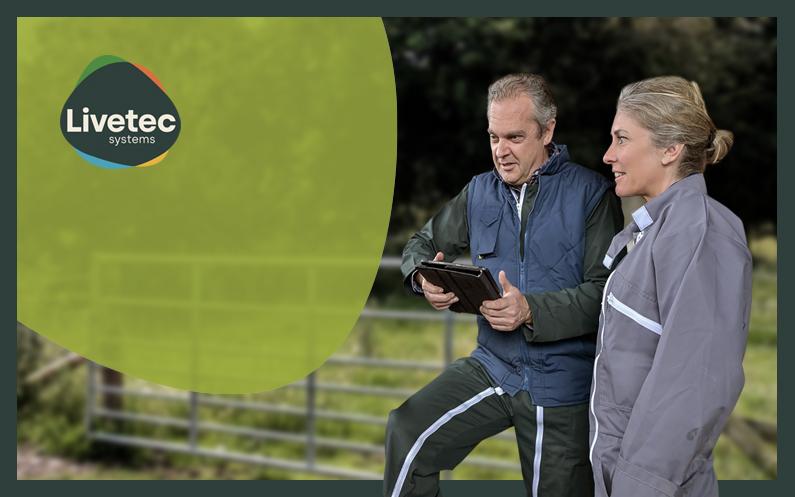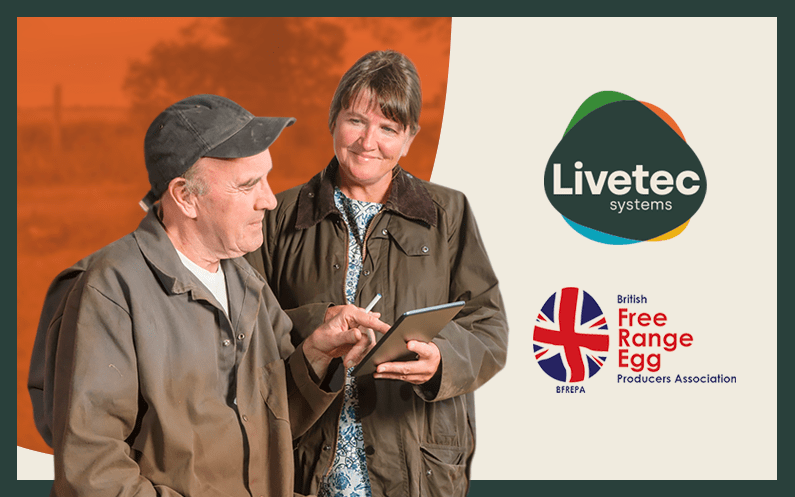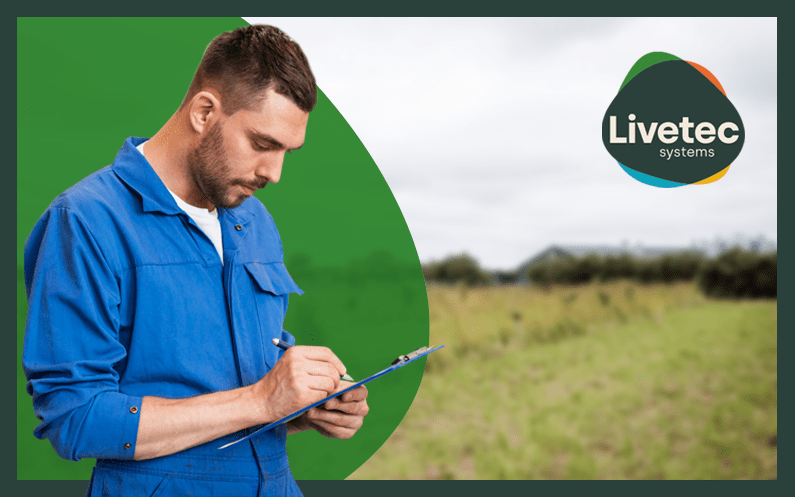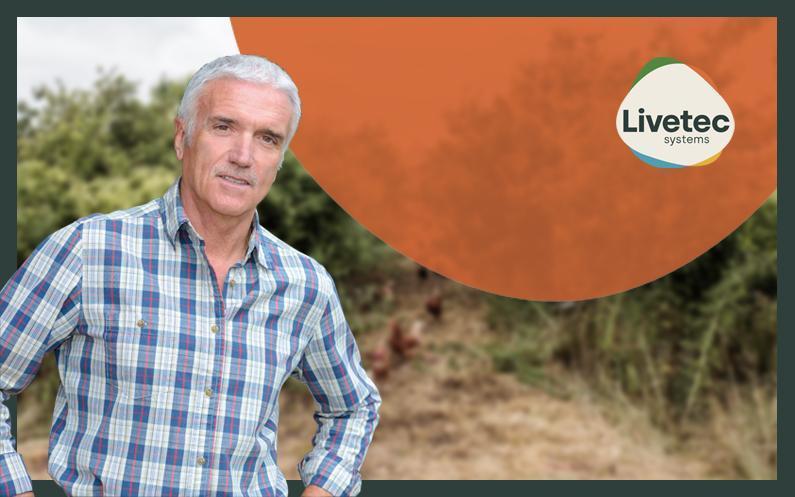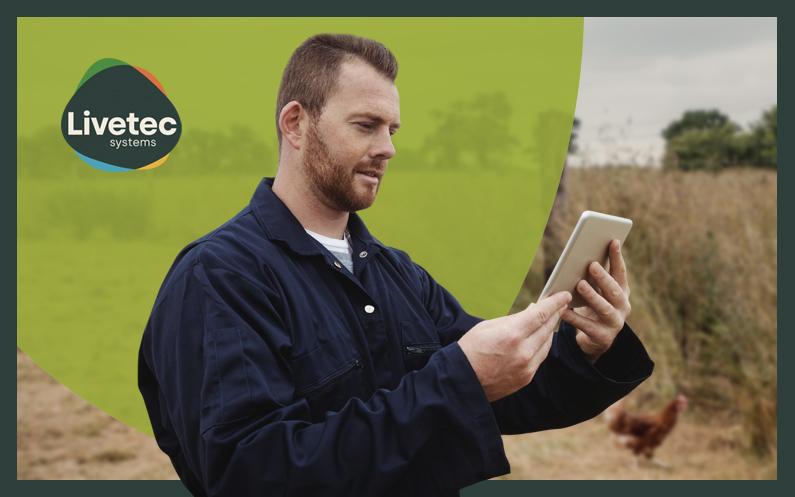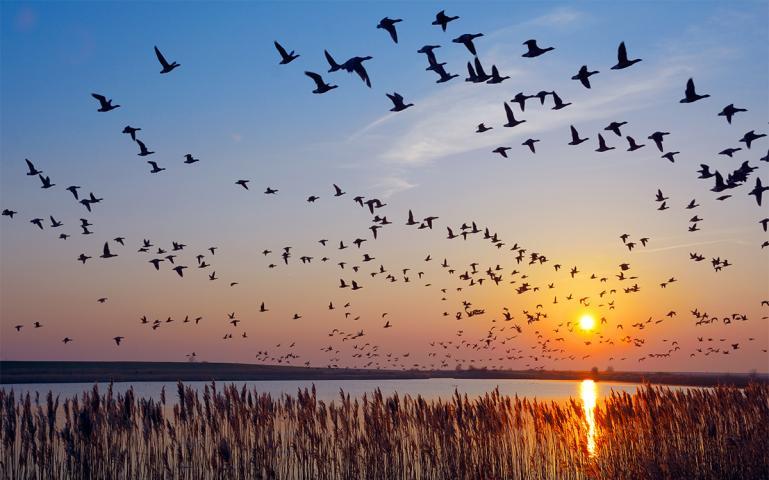Avian influenza is still on the rise in the United Kingdom into July 2023, and whilst cases are not seeming to affect poultry premises so frequently, they are continually being declared in the wild bird population, and having a drastic impact.
According to data from the World Organisation for Animal Health (WOAH), avian influenza impacted 76 countries and territories, leading to a total of more than 18,620 incidents of outbreaks in poultry between 2005 to 2019.
In addition, the data also illustrates that Highly Pathogenic Avian Influenza (HPAI) usually increases in October and peaks in February. Infection patterns seem to be changing, however, with an observable shift to cases occurring earlier in the year than expected. July saw three confirmed cases on poultry farms in Kent, Aberdeenshire and Cumbria, as well as a decline in cygnets in the general wild bird population.
What is swan upping?
Swan upping, the traditional census of the swan population on a historic part of the River Thames, was first undertaken in the 12th Century.
Although traditional, it’s still an important element of wildlife conservation today and every July, over a period of five days, the King’s Swan Uppers round up, catch, ring, count and release all swans found in this stretch of the river. It is considered such an important event that the only time the event was cancelled was in 2020 due to the global pandemic. This year’s event – the first under King Charles’ reign – there were fears that the number of swans would be less due to avian influenza.
Following the traditional practice of swan upping this year, the King’s Swan Marker, David Barber, says the disease had been “quite disastrous” for the swan population.
Studies have shown in Europe that swans, a species of wild bird, are frequently affected by avian influenza. This problem however, extends beyond the Thames. The RSPB stated that in winter 2022/2023 there were “hundreds of deaths among swans”, including the avian influenza outbreak in Edinburgh which killed 20 swans in February 2023.
Domesticated and wild birds are susceptible to avian influenza. However, a number of species are asymptomatic, making it hard to spot and easier for the virus to spread unnoticed. With no current cure available, preventative methods are the best solution to protect birds and limit the spread of the disease.
Avian influenza confirmed in a poultry farm in Kent
On 20th July 2023, the presence of Highly Pathogenic Avian Influenza (HPAI) H5N1 was confirmed by the Animal and Plant Health Agency (APHA) at a poultry farm near Folkestone in Kent.
All birds on the premises had to be humanely culled by the APHA to reduce the spread of avian influenza. Additionally, a 3km protection zone and 10km surveillance zone was declared around the premises in line with guidance from the Department for Environment Food and Rural Affairs (Defra). Both the protection and surveillance zones currently remain in place, whilst the Kent County Council works with APHA and Defra to manage the local response.
Avian influenza in wild birds
It has also been recently reported that thousands of seabirds are infected by avian influenza, with the impact being found along the UK coastlines as the virus continues to spread throughout the summer season.
Since the beginning of July, hundreds of dead birds are suspected to have been infected by avian influenza and have been discovered washed up along beaches across the United Kingdom. This includes the Sefton Coast, Blackpool, Aberdeenshire, Tyne and Wear, Swansea, Suffolk, Cumber, the Isle of Man and Devon.
Many species of wild birds are migratory and travel great distances to UK coastlines, waterways, estuaries and nature reserves, potentially carrying avian influenza and spreading the disease between locations. The scale of the problem is vast and it is estimated that 50,000 wild birds have died of avian influenza since October 2022.
Such is the concern of the threat posed by the wild birds, that tourists and locals in coastal areas are warned to avoid touching sick or dead birds that are washed up on beaches for fear of spreading the disease. The UK Health Security Agency (UKHSA) says the risk of humans contracting avian influenza is ‘very low’ but it is crucial to maintain good health and safety practices. Any sightings of ill or dead birds, which involve suspicions of avian influenza, must be reported to Defra helpline or APHA.
The UK’s Chief Veterinary Officer, Christine Middlemiss, stated that “the Government has taken wider measures to support seabirds through the marine wildlife bycatch mitigation initiative and will publish an English Seabird Conservation and Recovery Pathway that will assess seabird vulnerabilities and the actions needed to address them.”
The long term impact of avian influenza in wild birds needs to be addressed since it can pose a risk of extinction in species of rarer birds.
A brief round up of avian influenza across the United Kingdom
From 2021 to the beginning of July 2023, there were 330 avian influenza cases confirmed in the United Kingdom. Having declared the risk of AI to be ‘low’ for all poultry on 4th July 2023 and therefore lifting the Avian Influenza Prevention Zone (AIPZ) already in force, the numbers of confirmed cases of avian influenza are again rising.
In response, the UK poultry industry is calling for poultry farmers and backyard keepers to apply robust biosecurity measures. Biosecurity measures include, but are not limited to, restricting farm visitors, keeping all areas on the premises clean and tidy and following specific biosecurity advice from legal bodies and experts.
How can Livetec help you protect your flock?
Livetec are the leading biosecurity professionals in the UK.
Our biosecurity solutions have been keeping the UK poultry industry safe for over a decade.
These include:
The Livetec Systems App
A FREE app which will alert you when there is an outbreak confirmed nearby, as well as a national map of all UK cases and functionality that allows you to report symptoms of your own sick birds. Find out more here.
Biosecurity Advisory Service
The unique service offers an expert conducting an on-site review of your operations and advises you on implementing the most effective biosecurity measures to help improve your on-site protection from disease. For more information, click here.
Biosecurity Plan
Biosecurity plans are crucial to protect farm businesses from disease incursion. Our biosecurity plans involve outlining all the measures every single person needs to take on and off farm. Click here to find out more.
Emergency Response Plan
Livetec provides emergency response plans to ensure you are prepared with vital documentation, guidance and information in the event of an outbreak on-farm which includes an additional copy for Animal Health Officers, Vets and other key personnel. Find out more here.
The Livetec National Outbreak Plan
Find out what to do if you are impacted by a disease outbreak; how to be legally compliant; and to better understand your licensing obligations and the various restriction zone requirements by clicking here.
Introducing the Biosecurity Support Packages
Livetec Biosecurity Support Packages deliver a high level of guidance to drive continuous improvements with on-farm biosecurity. The packages help to increase your biosecurity score over time, which is recognised by relevant organisations.
There are four packages available to suit different budgets and premises. Contact us for more information.

